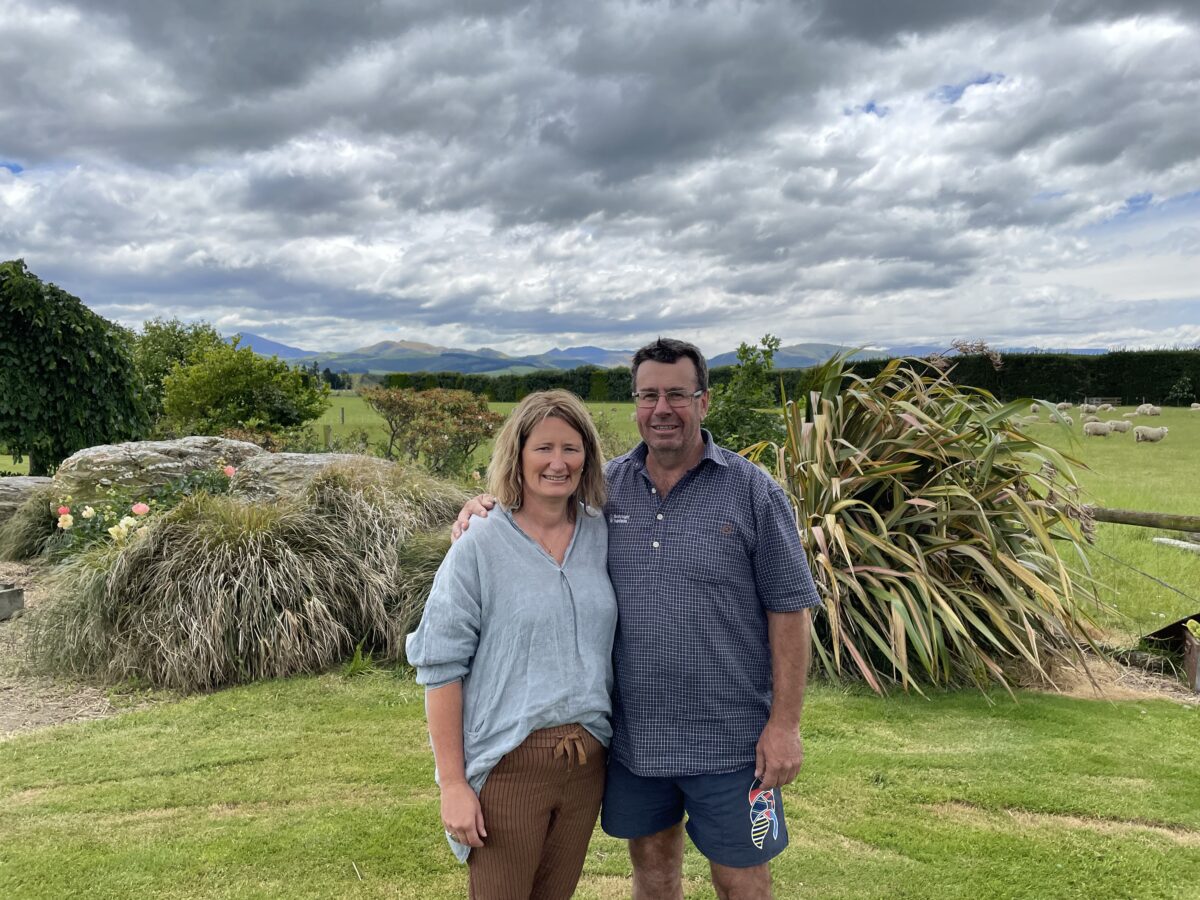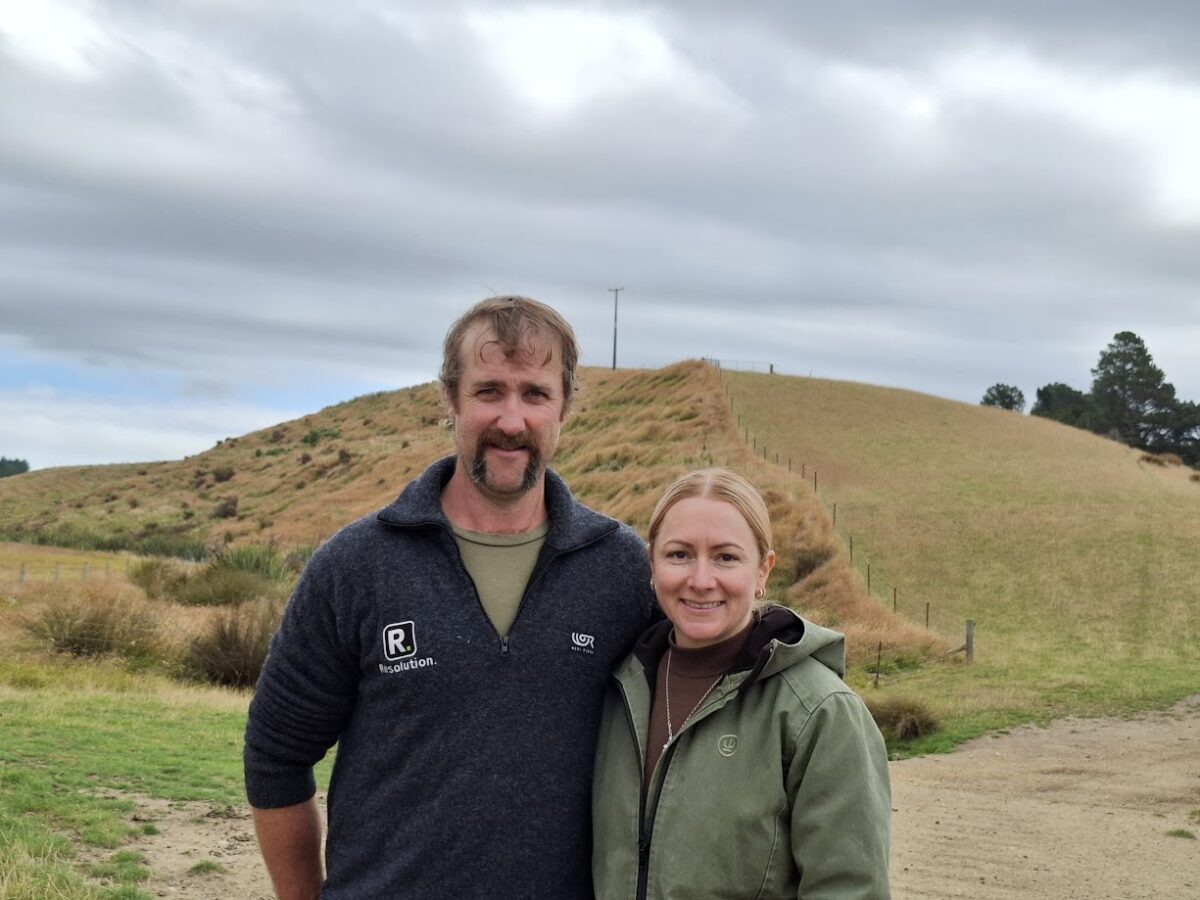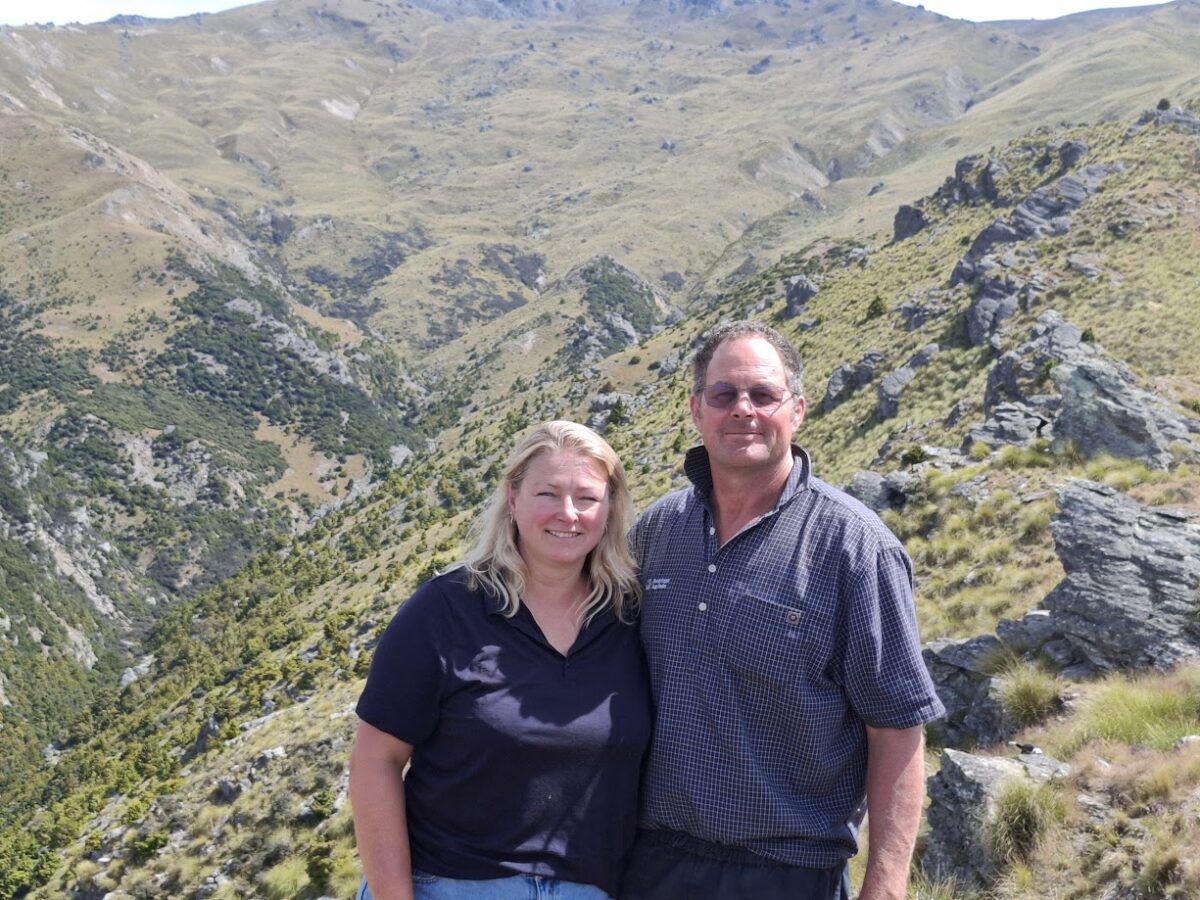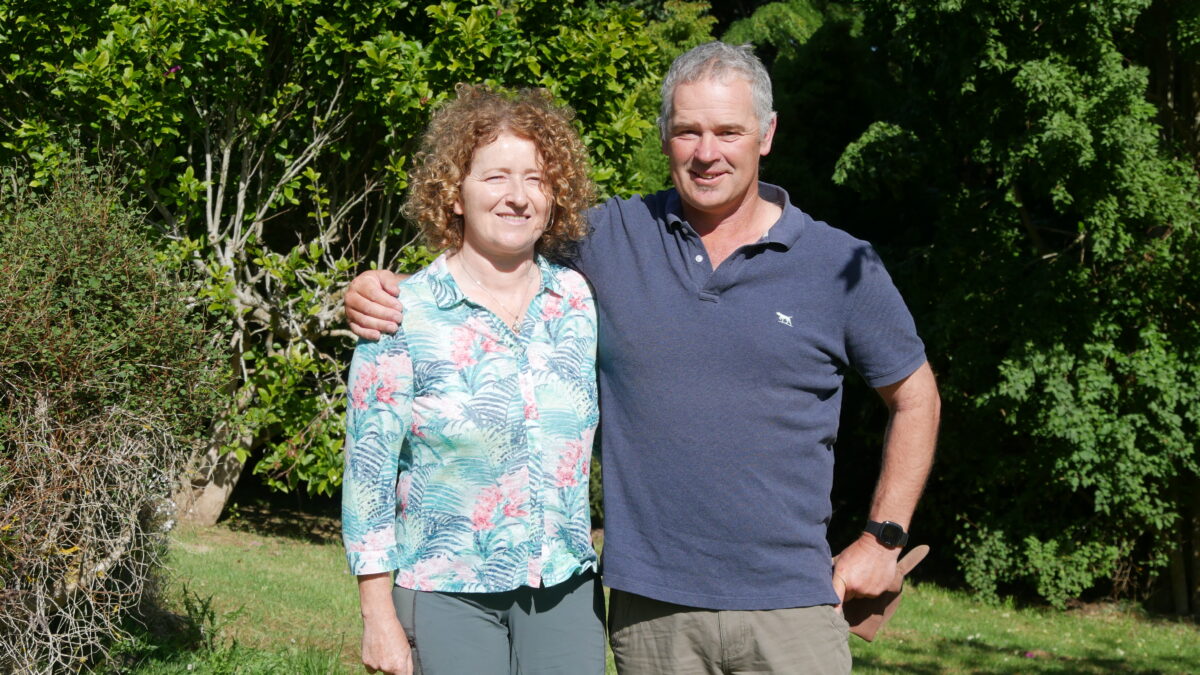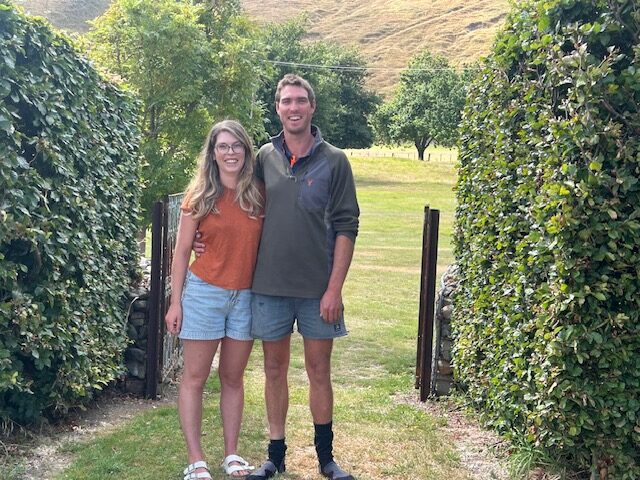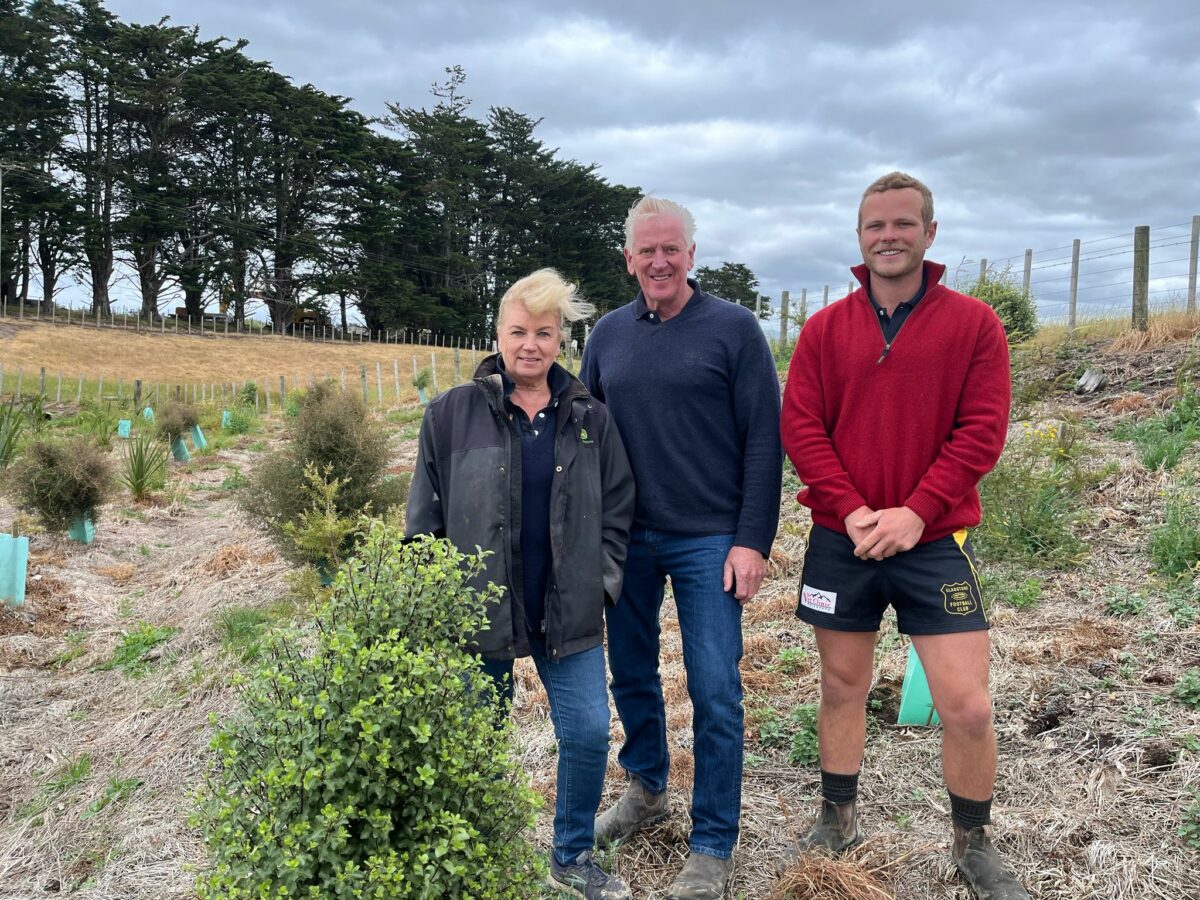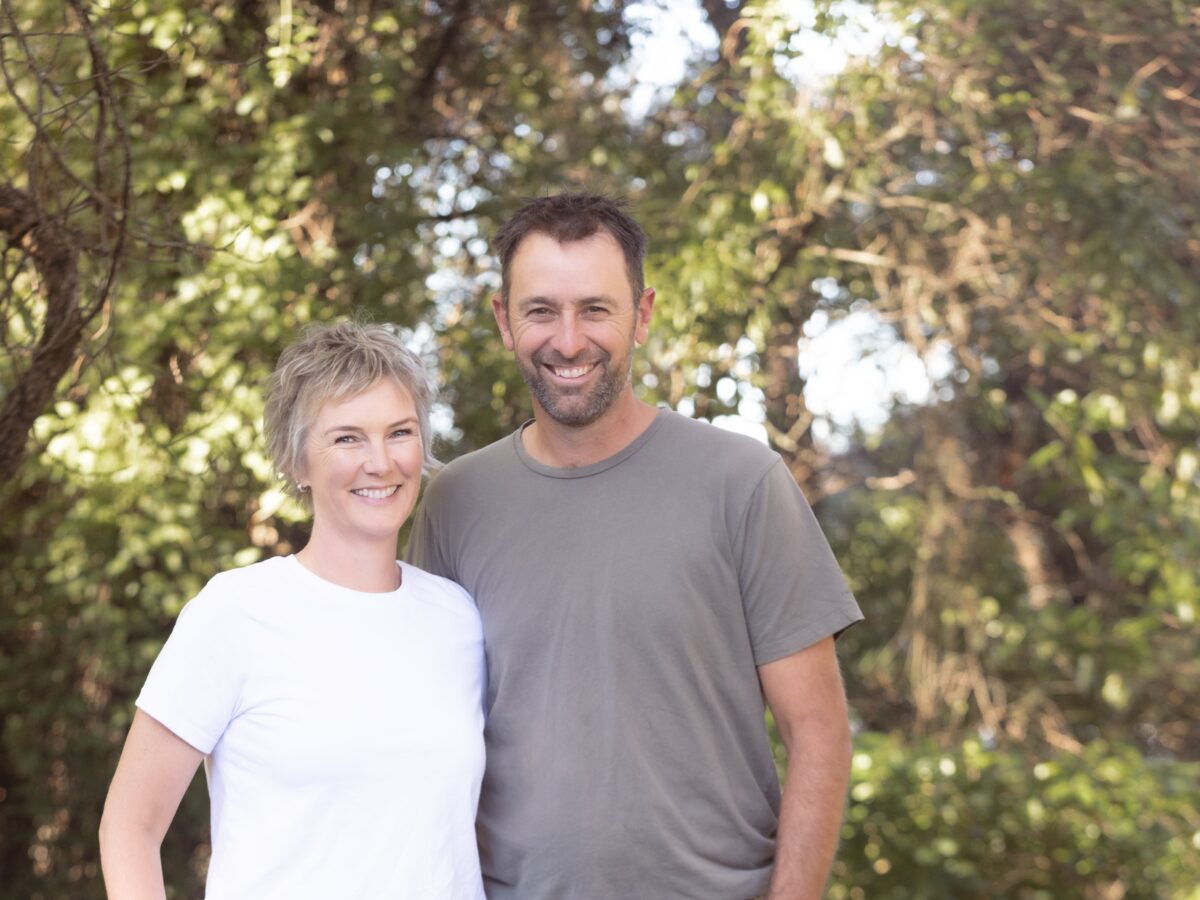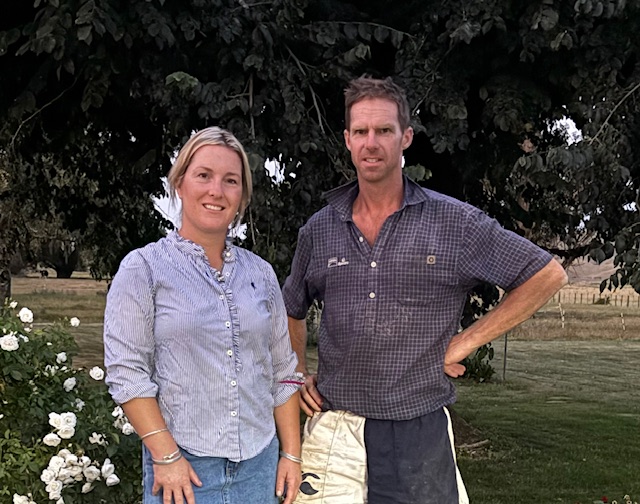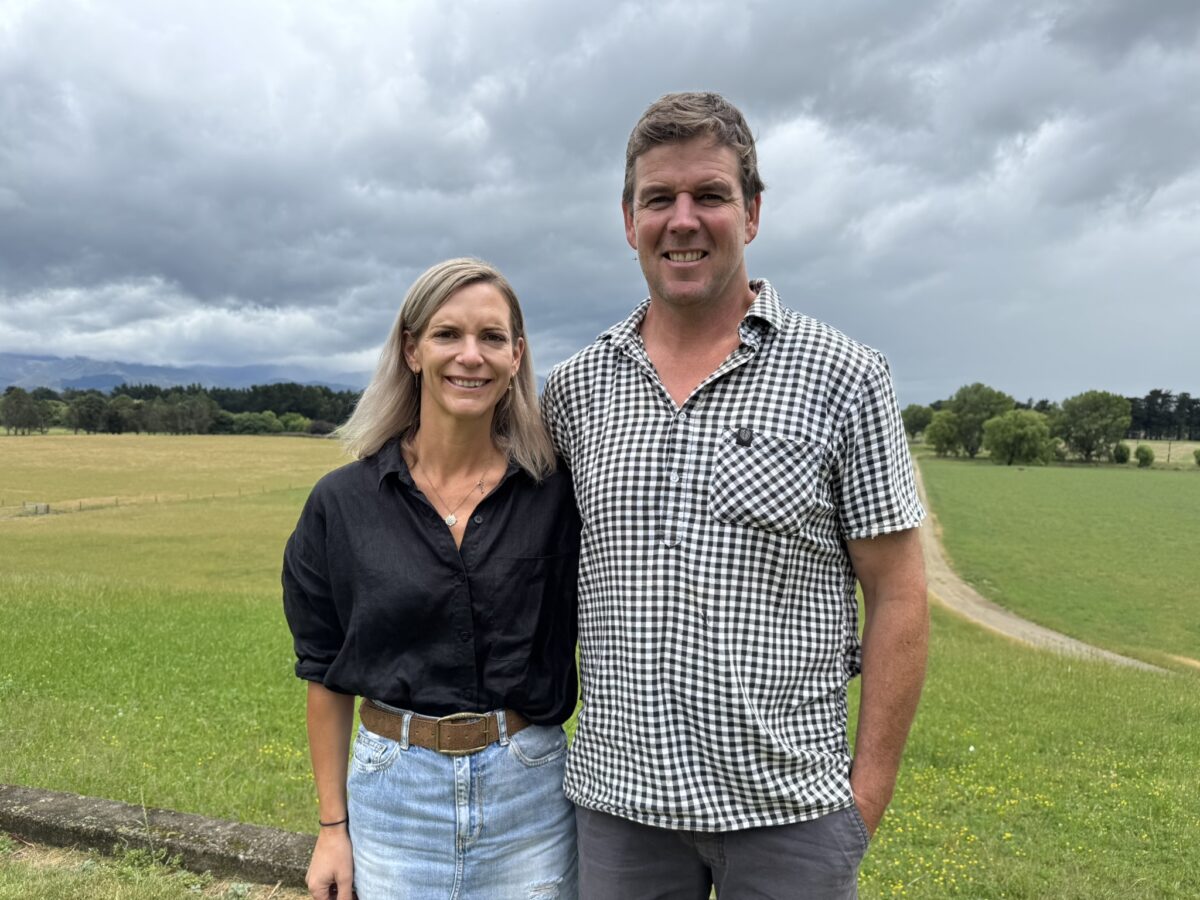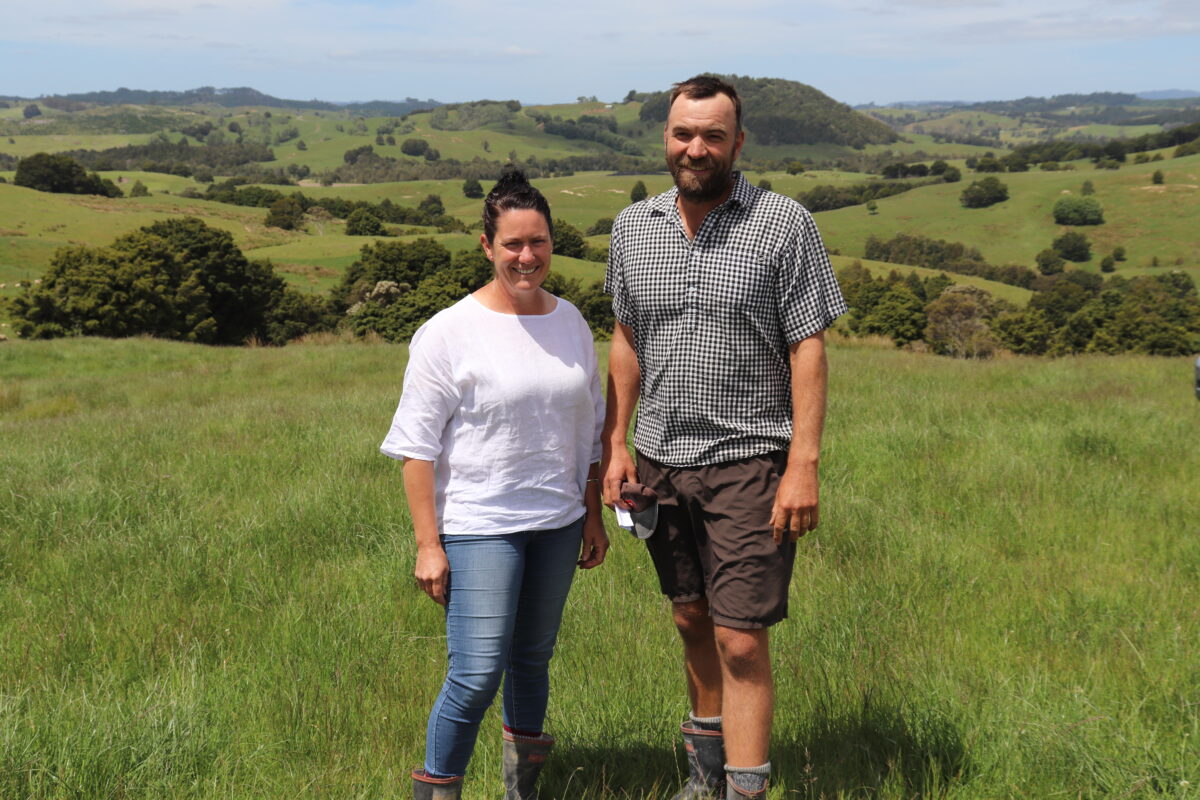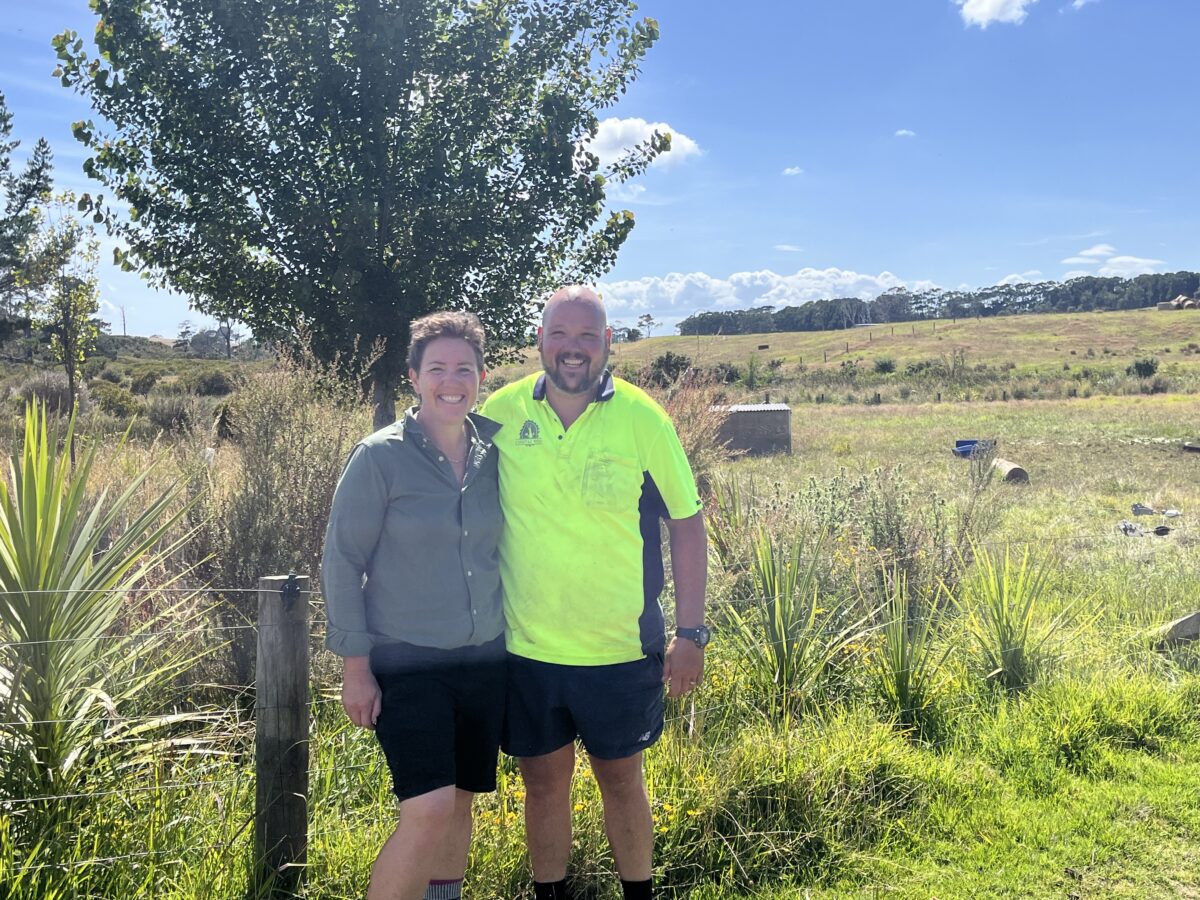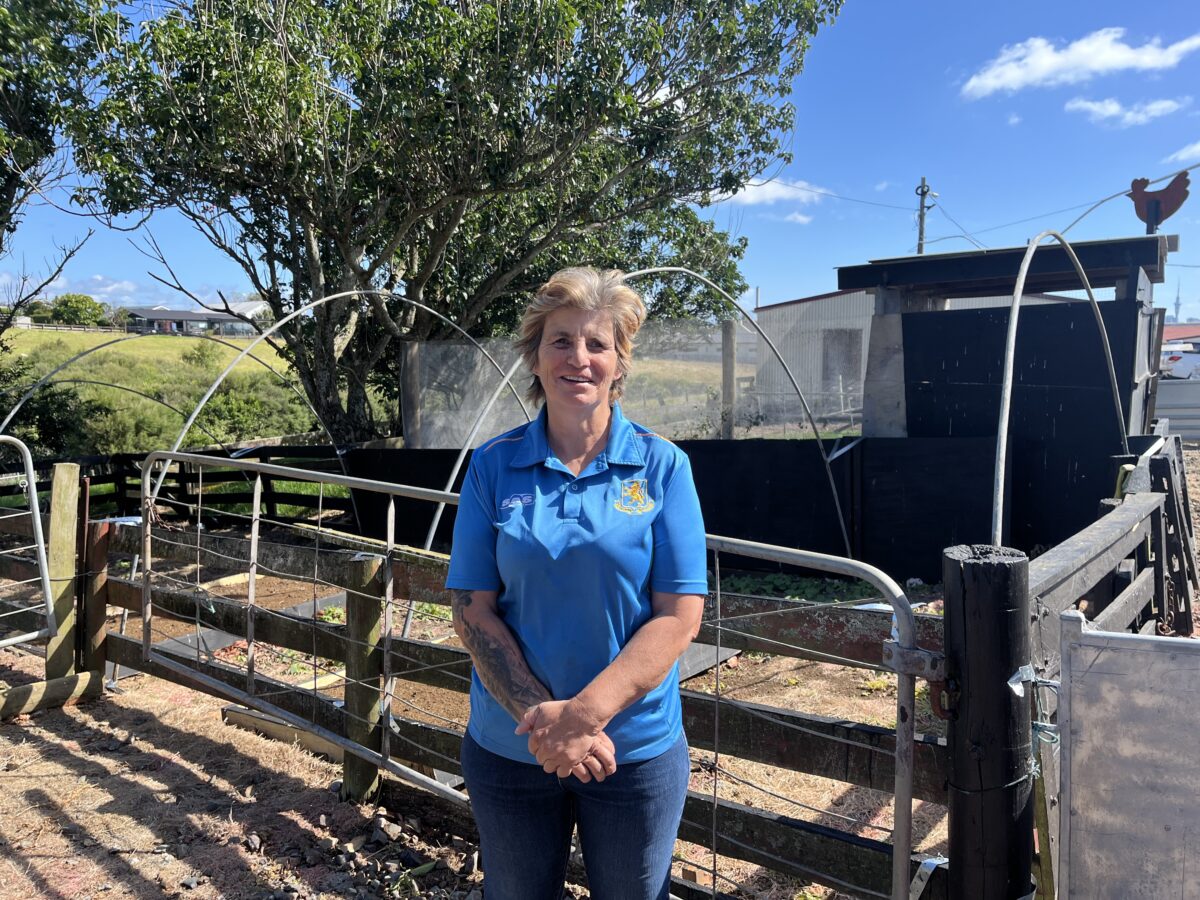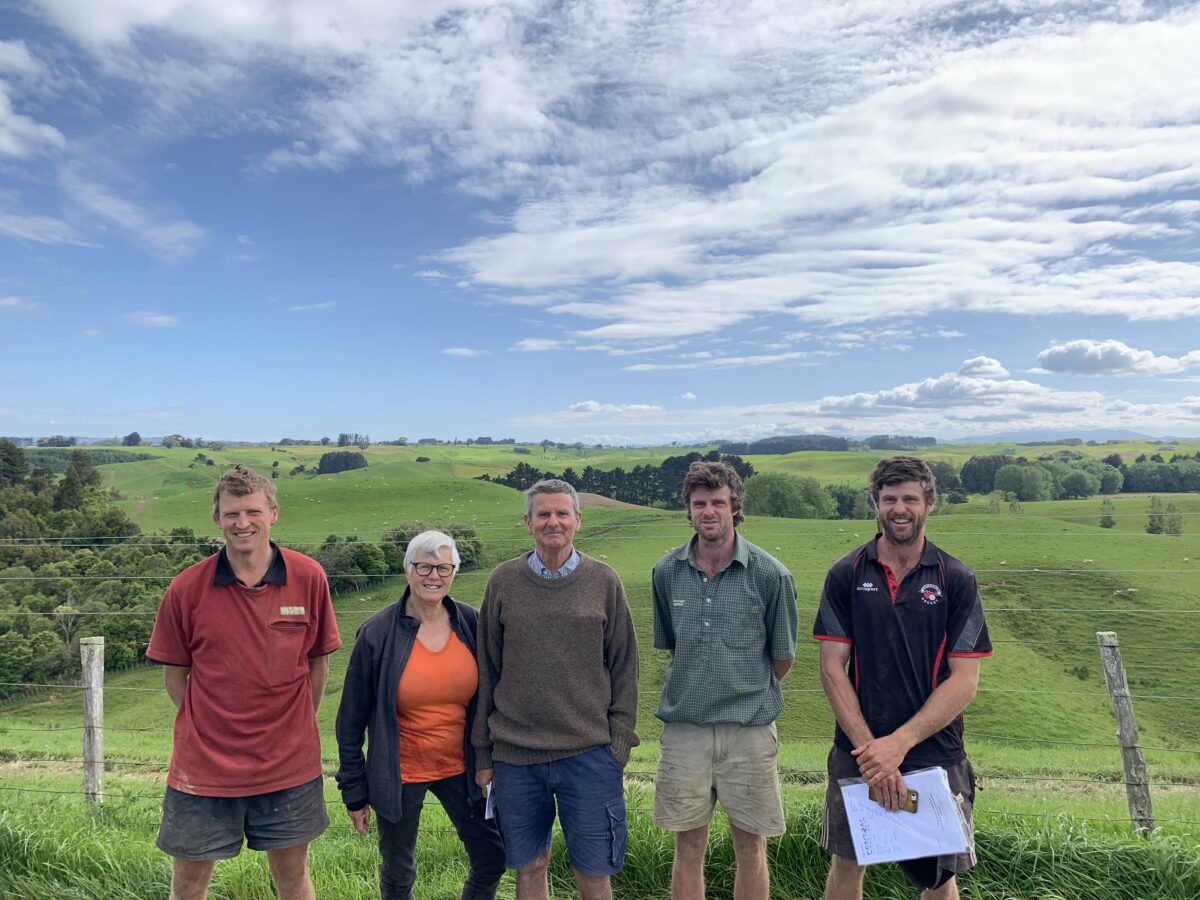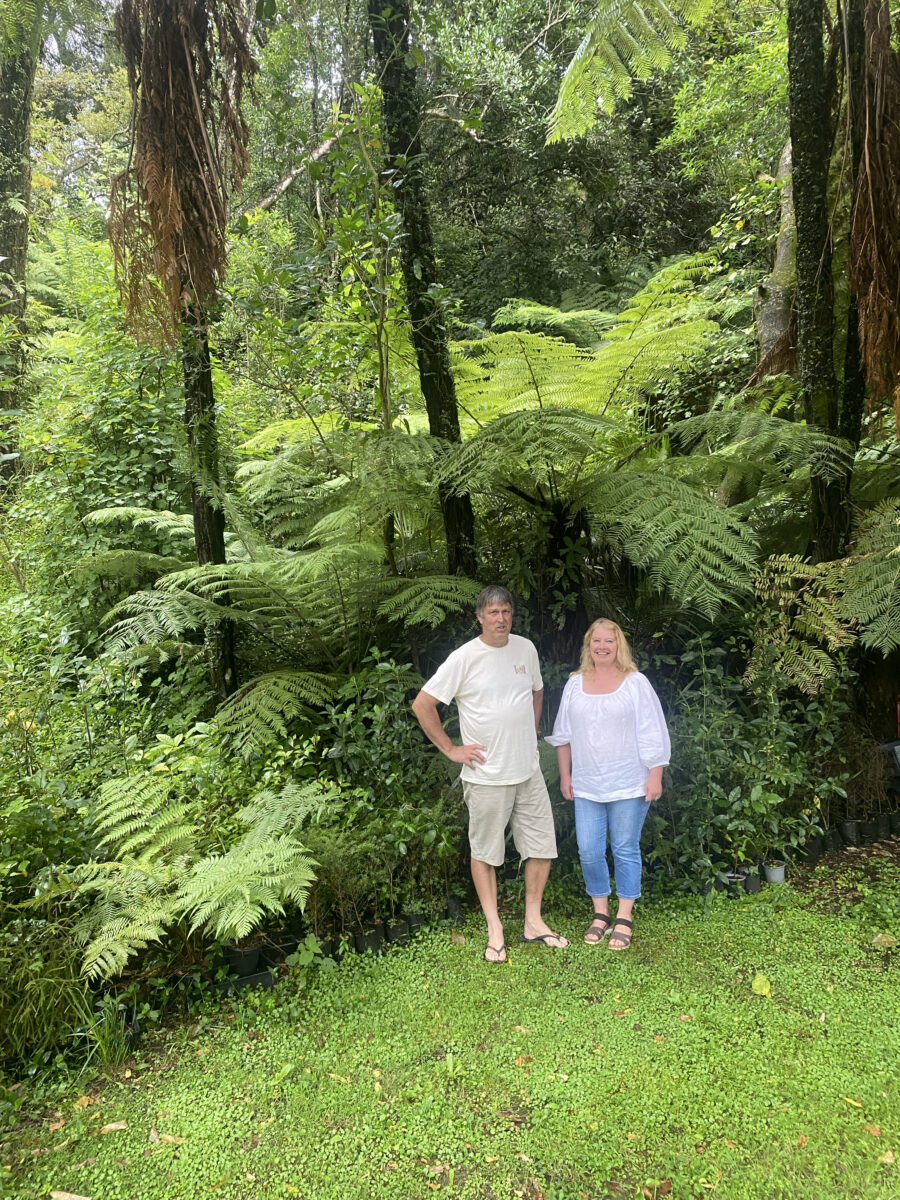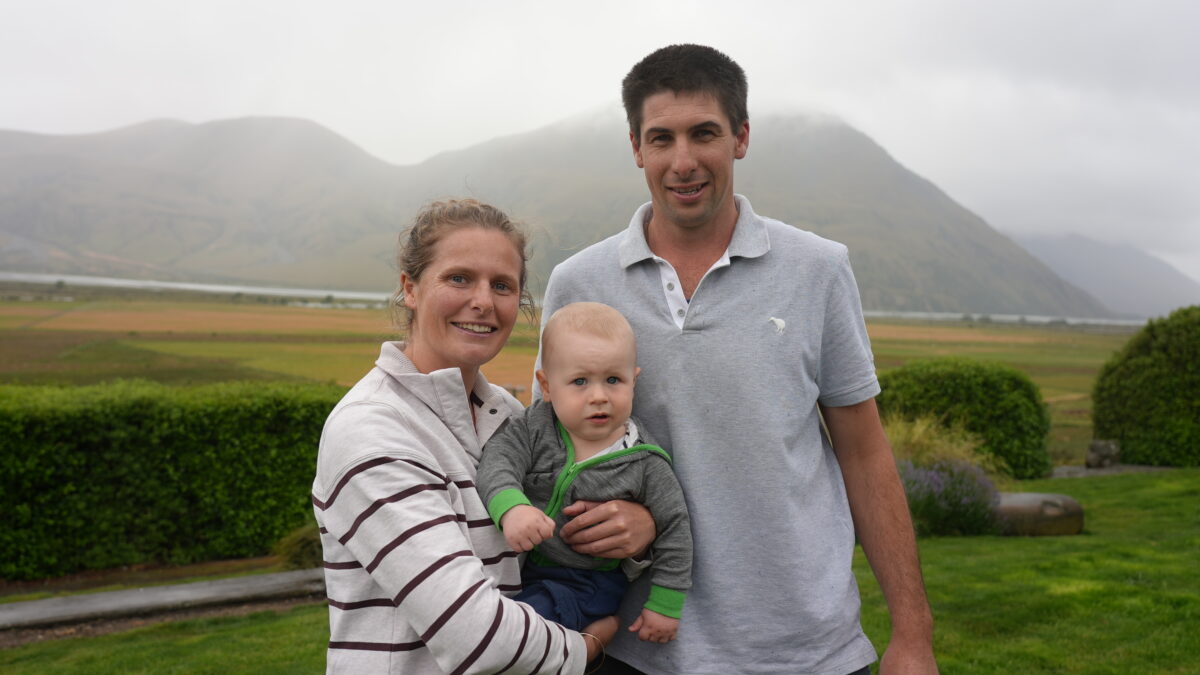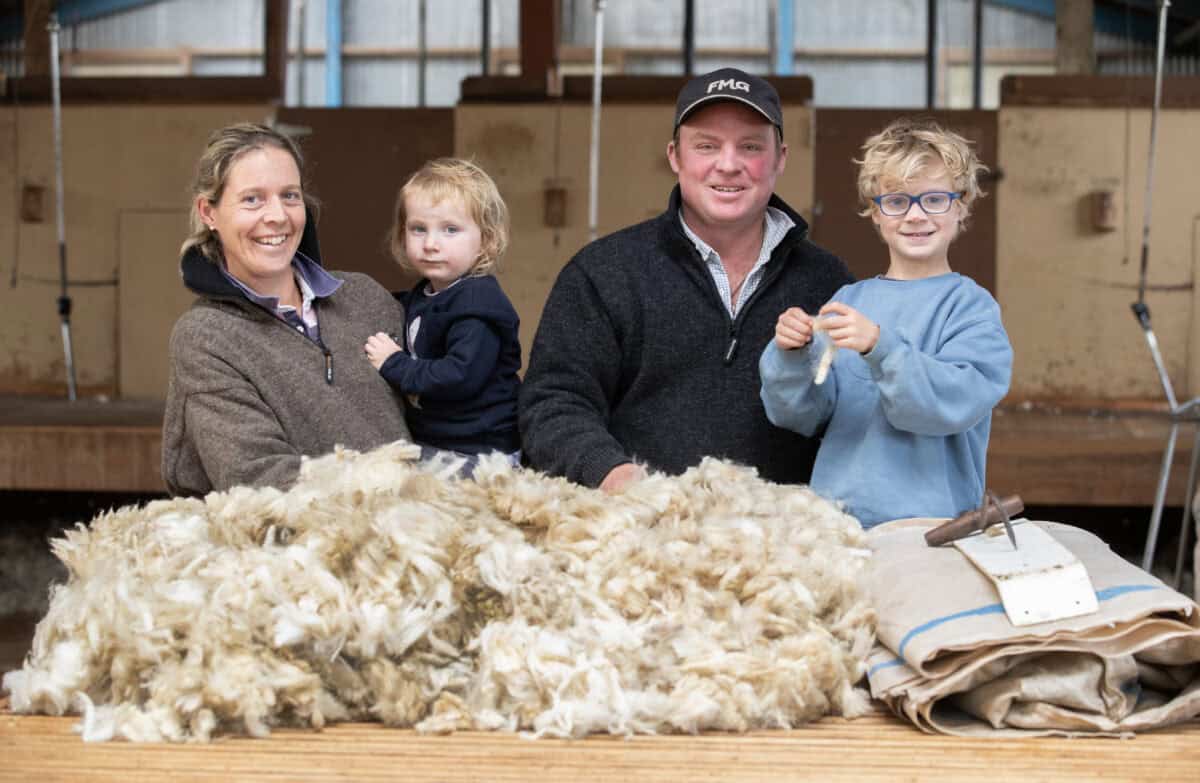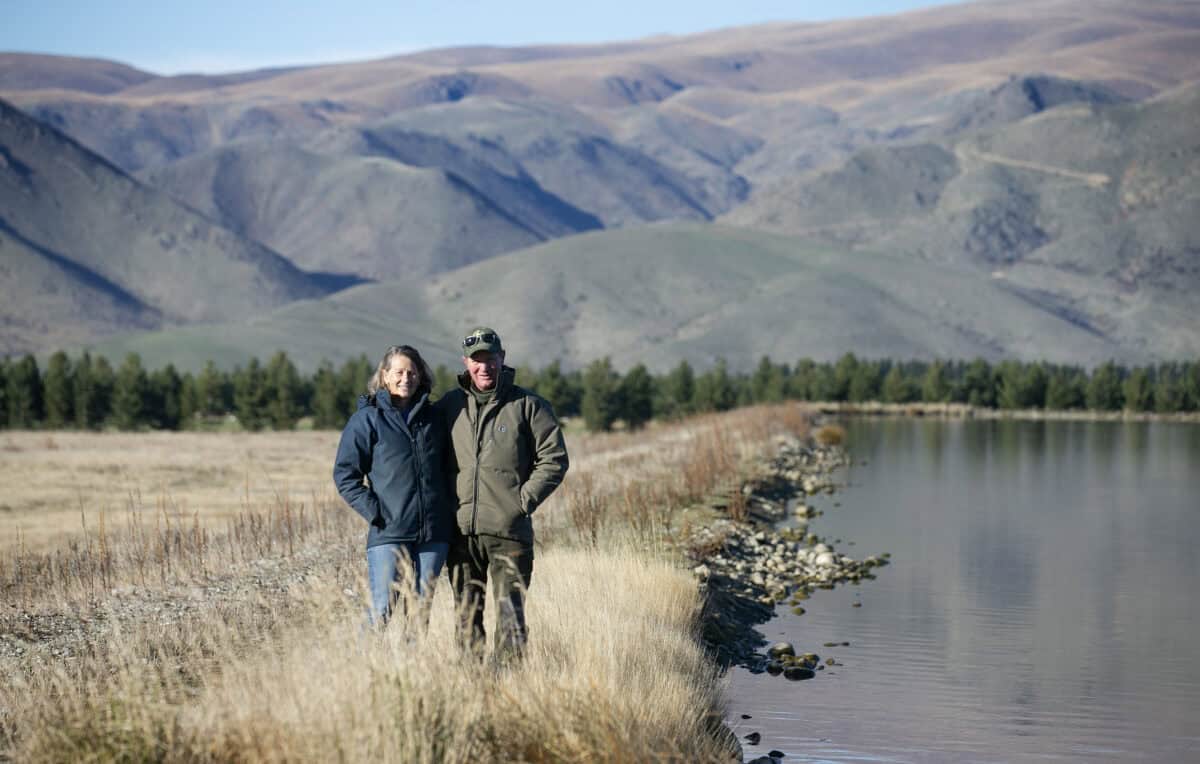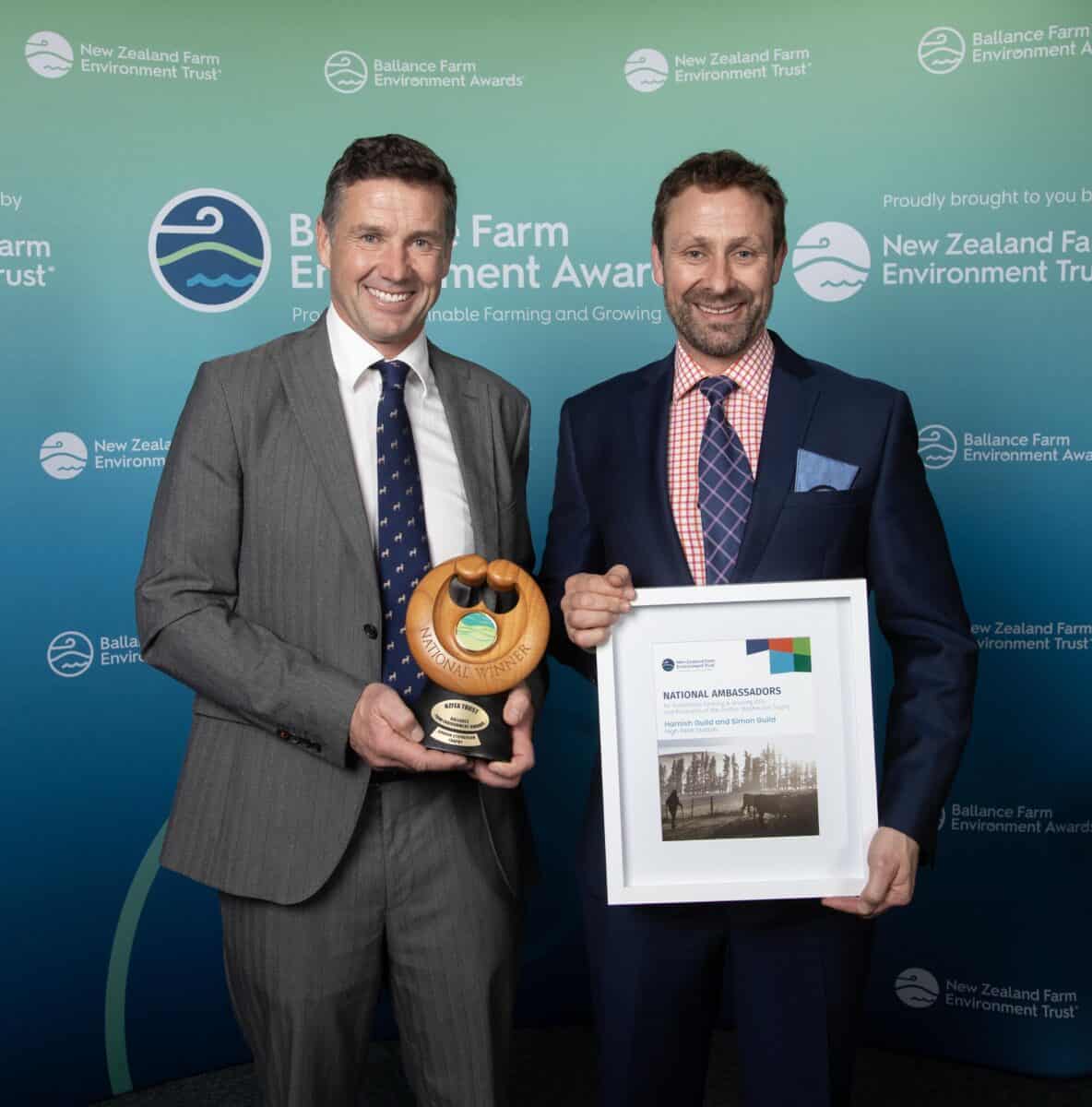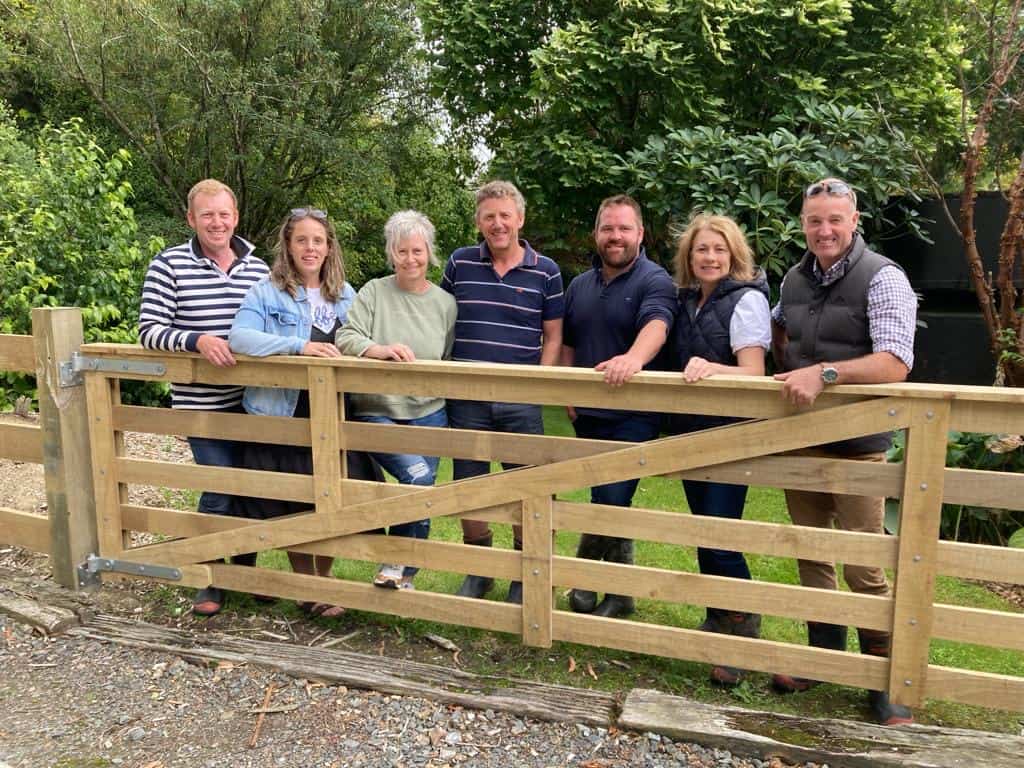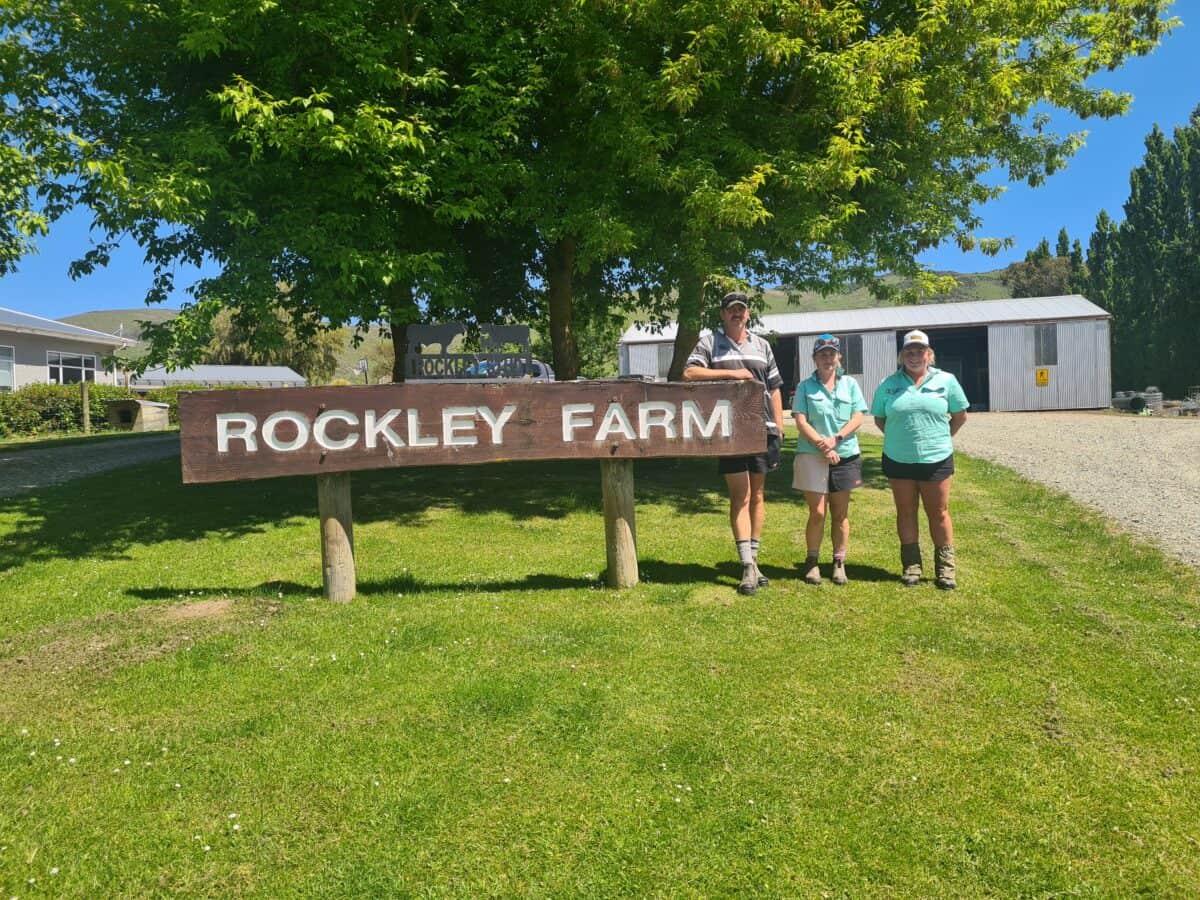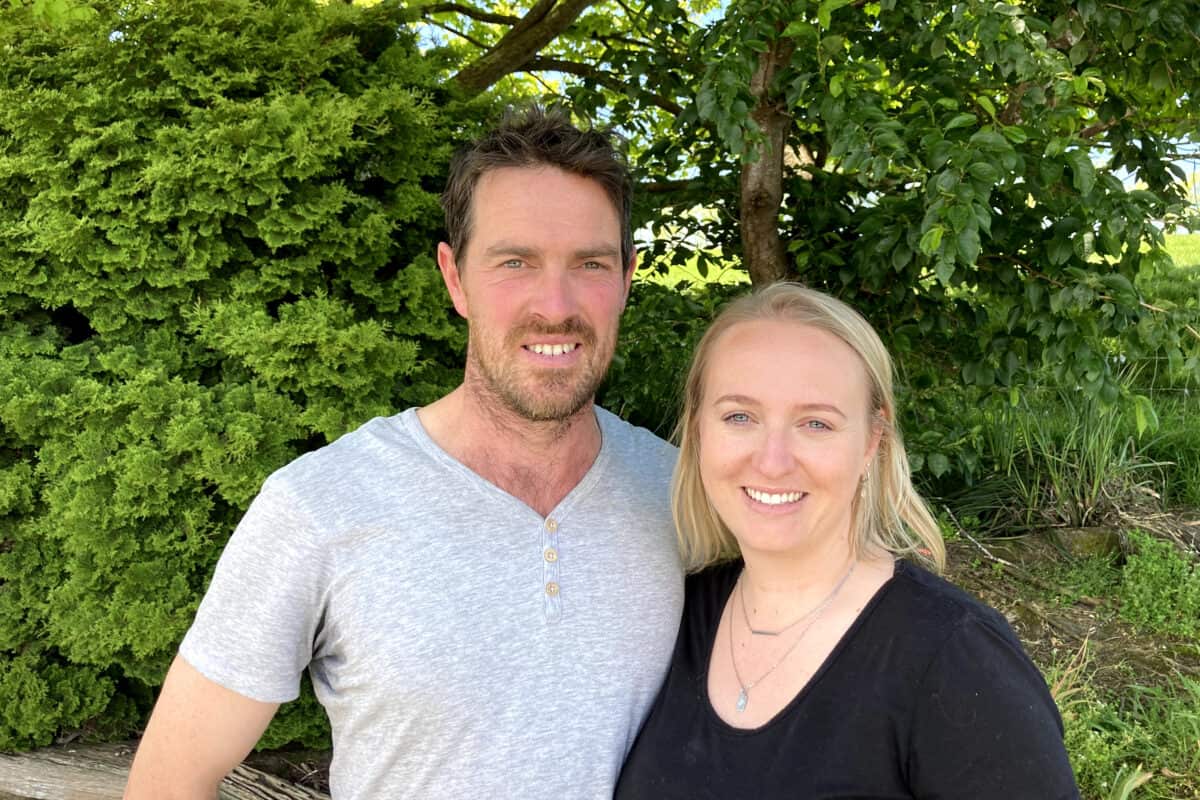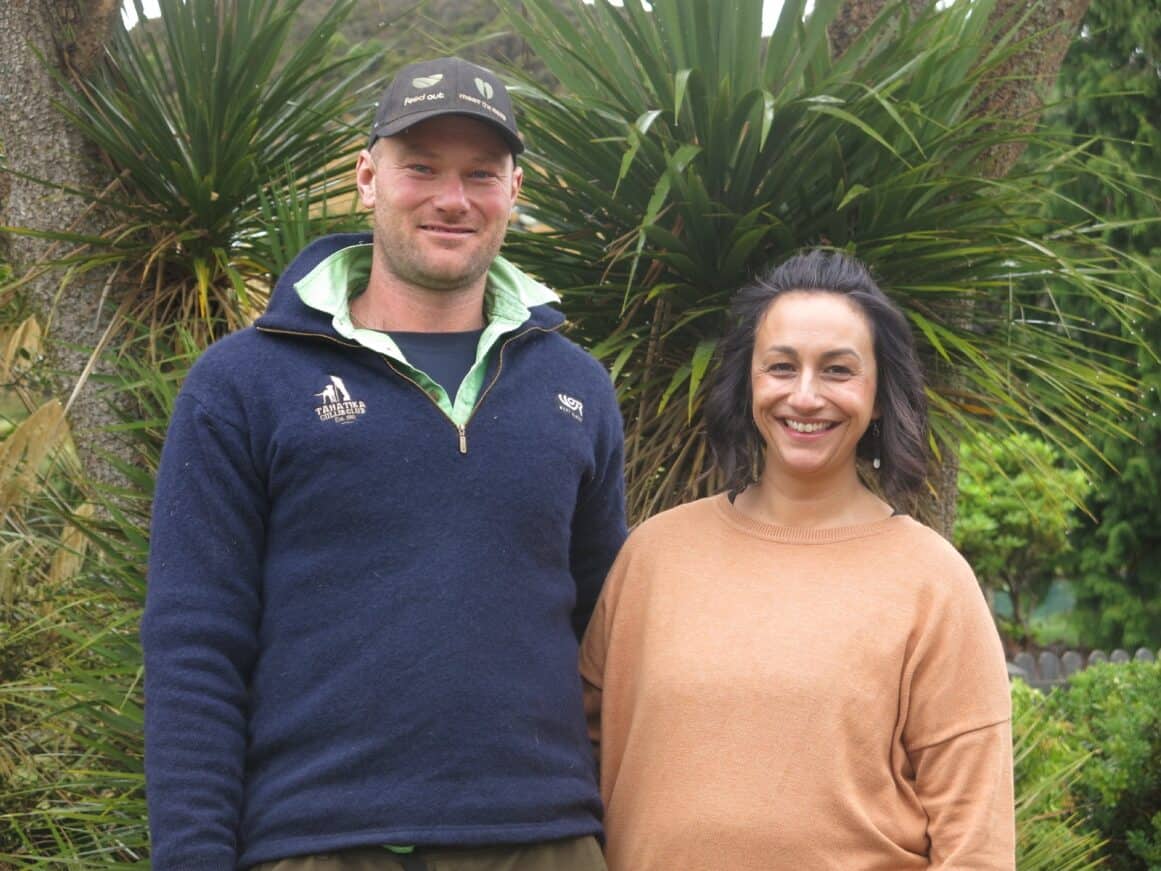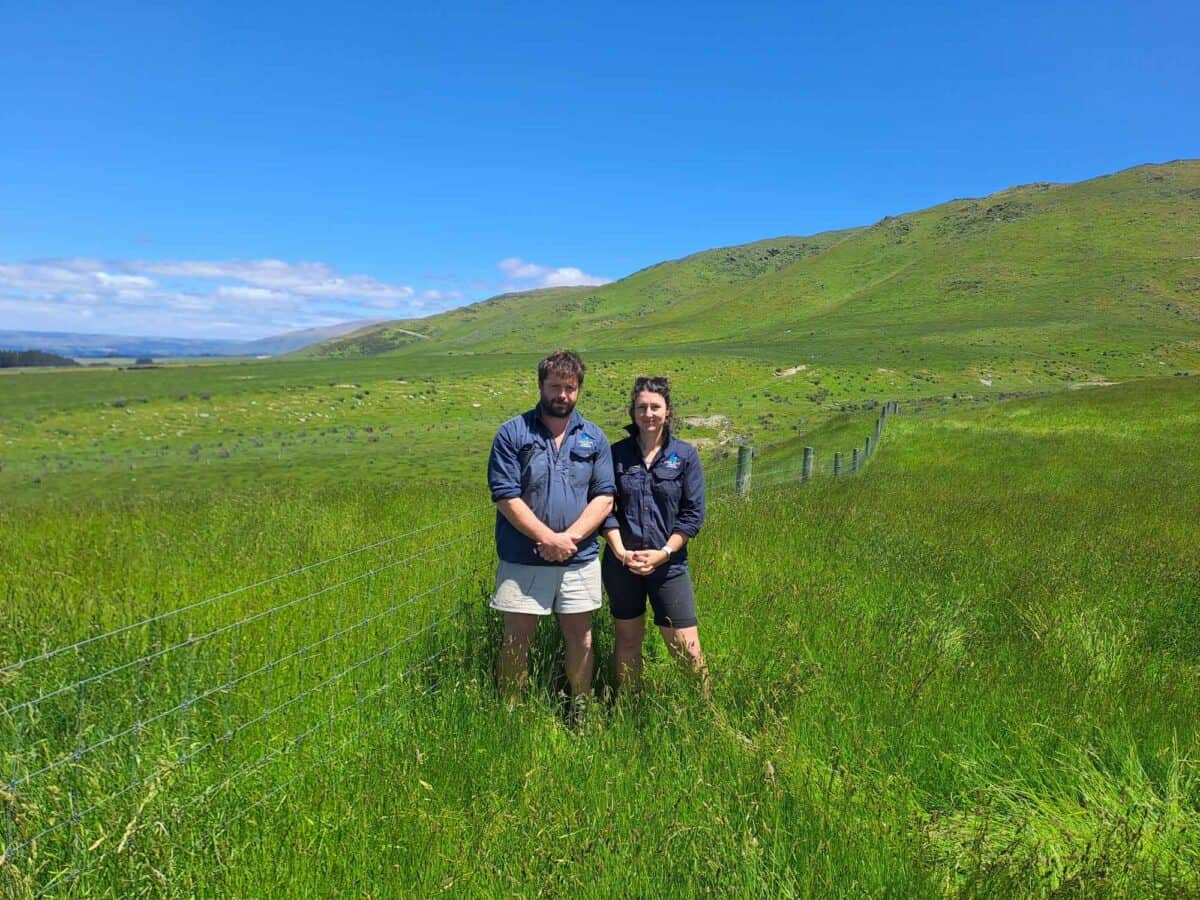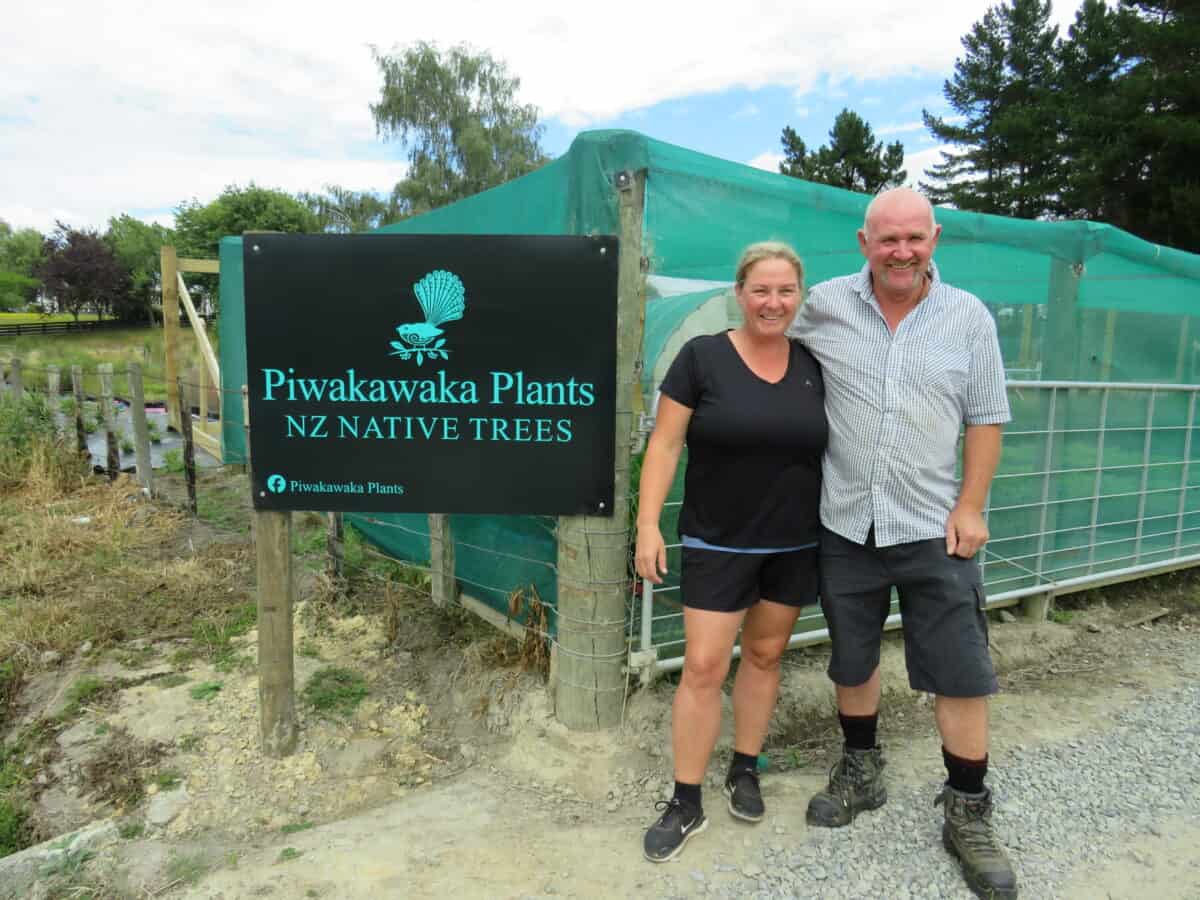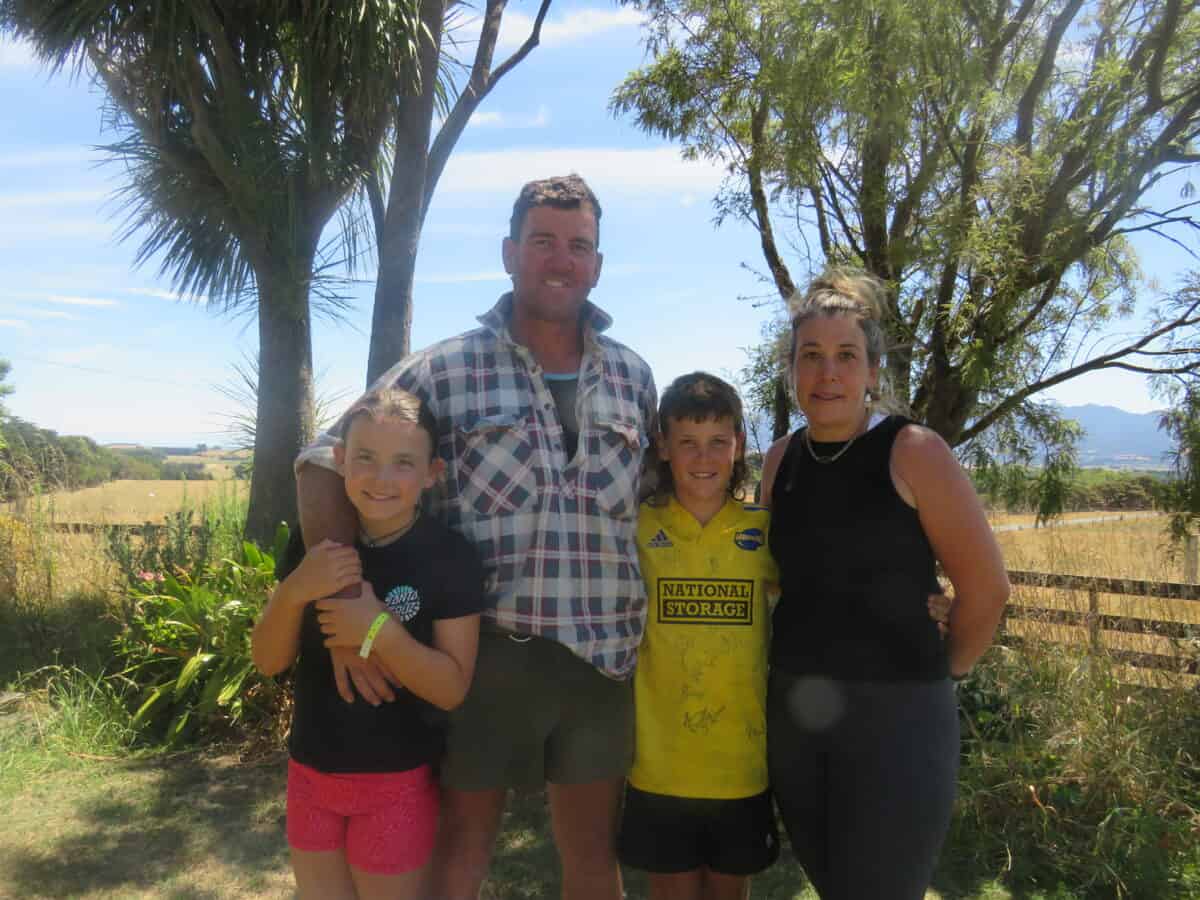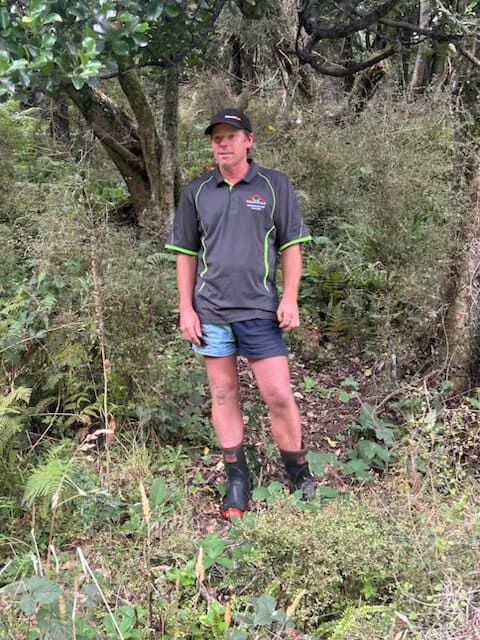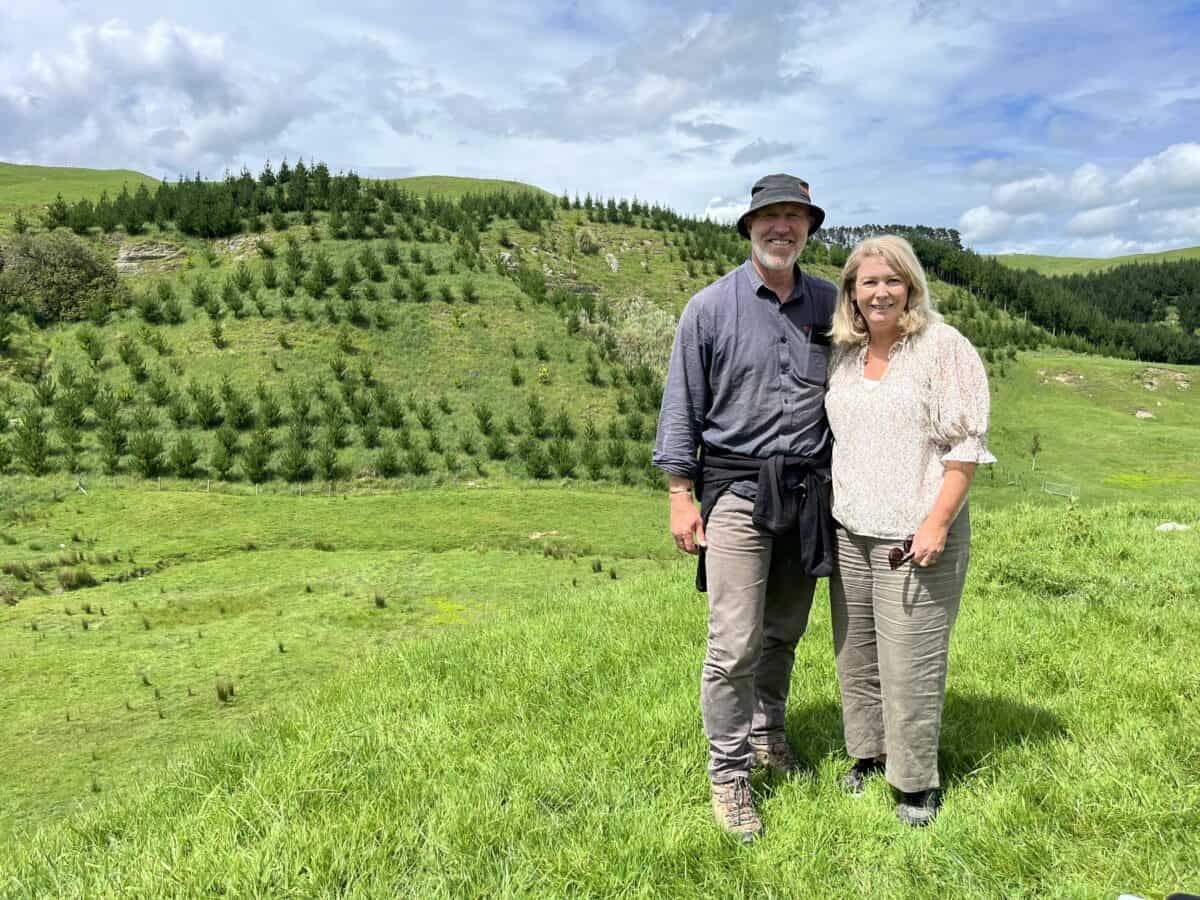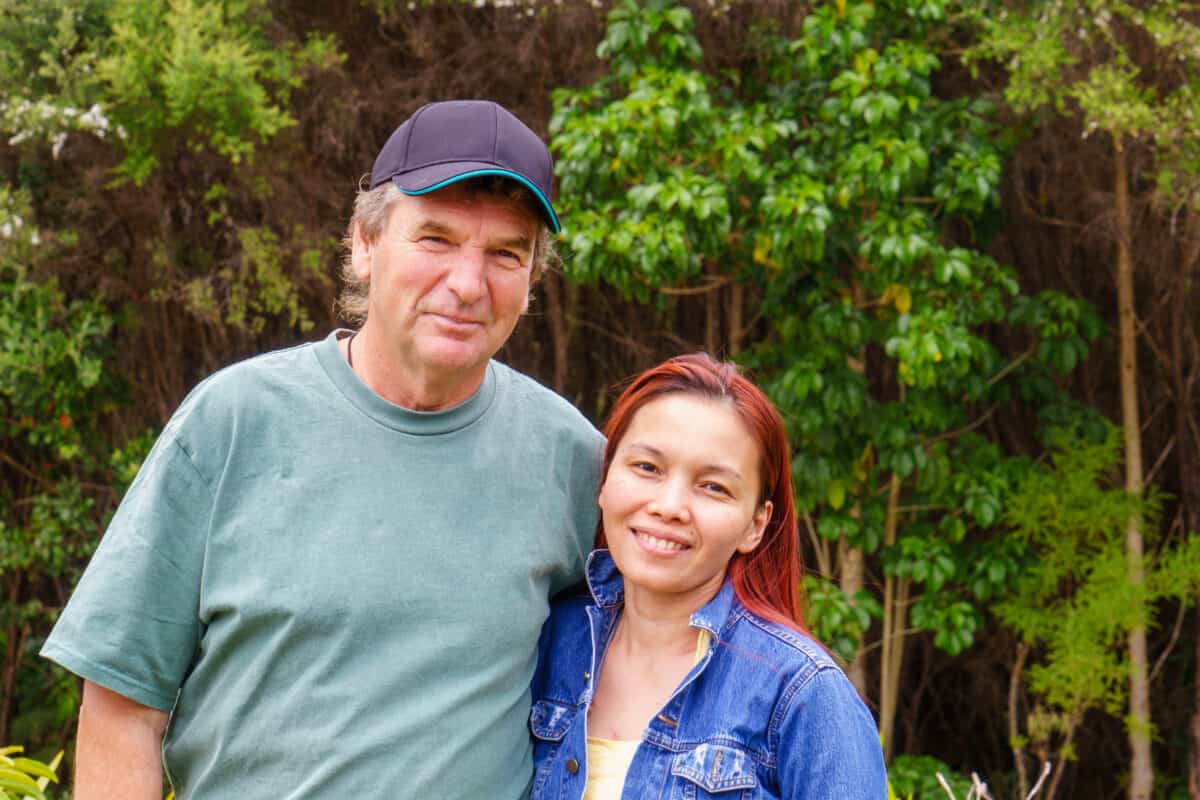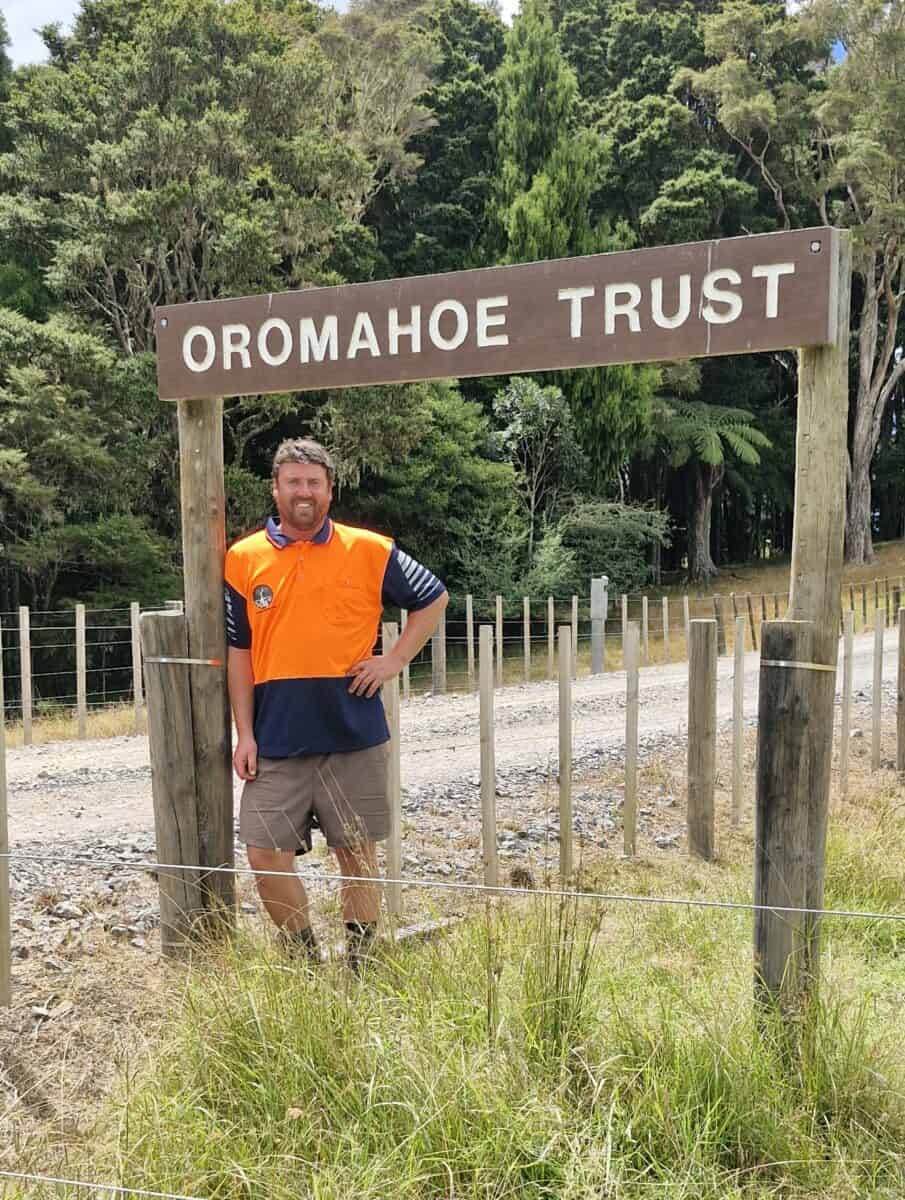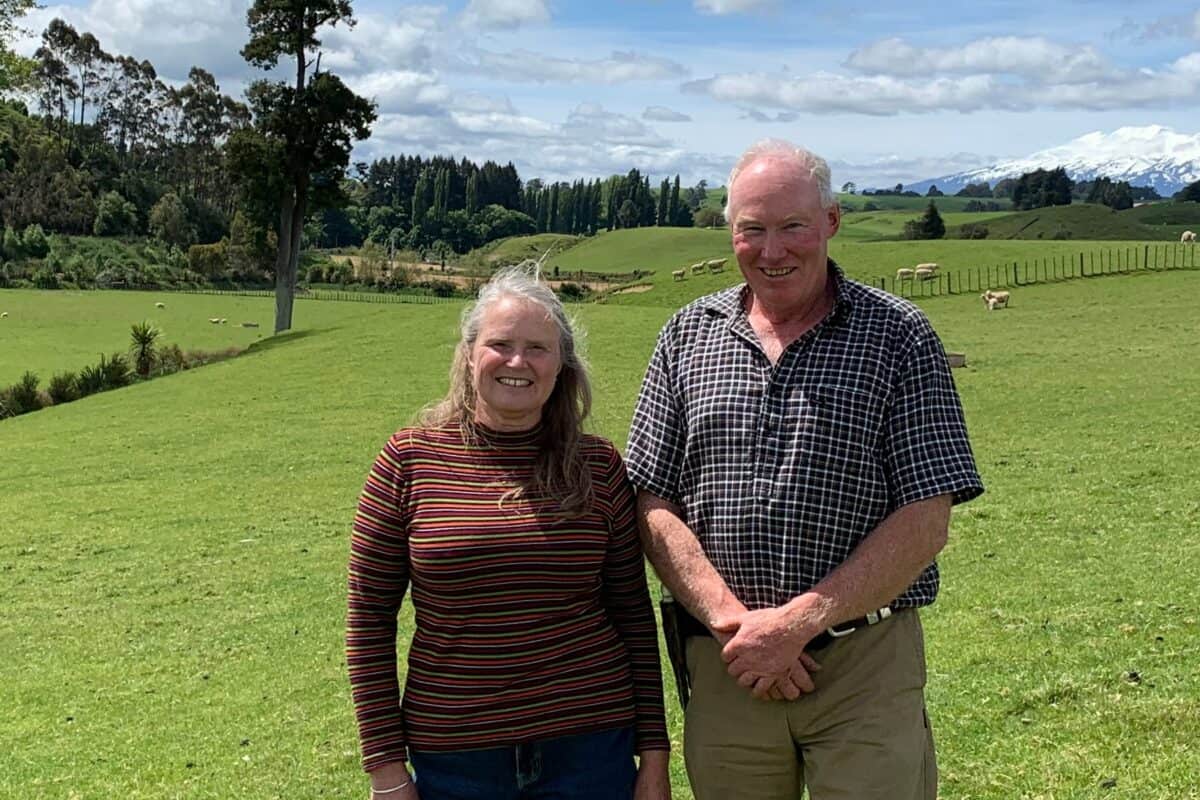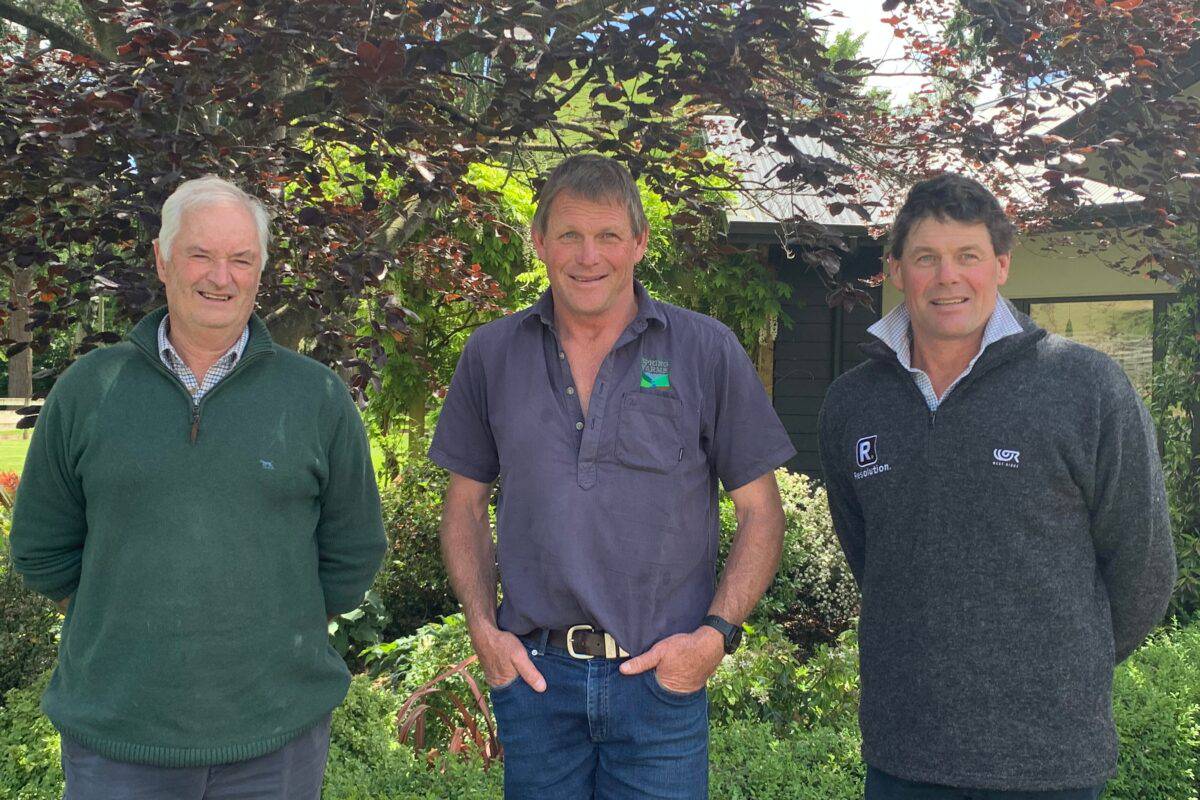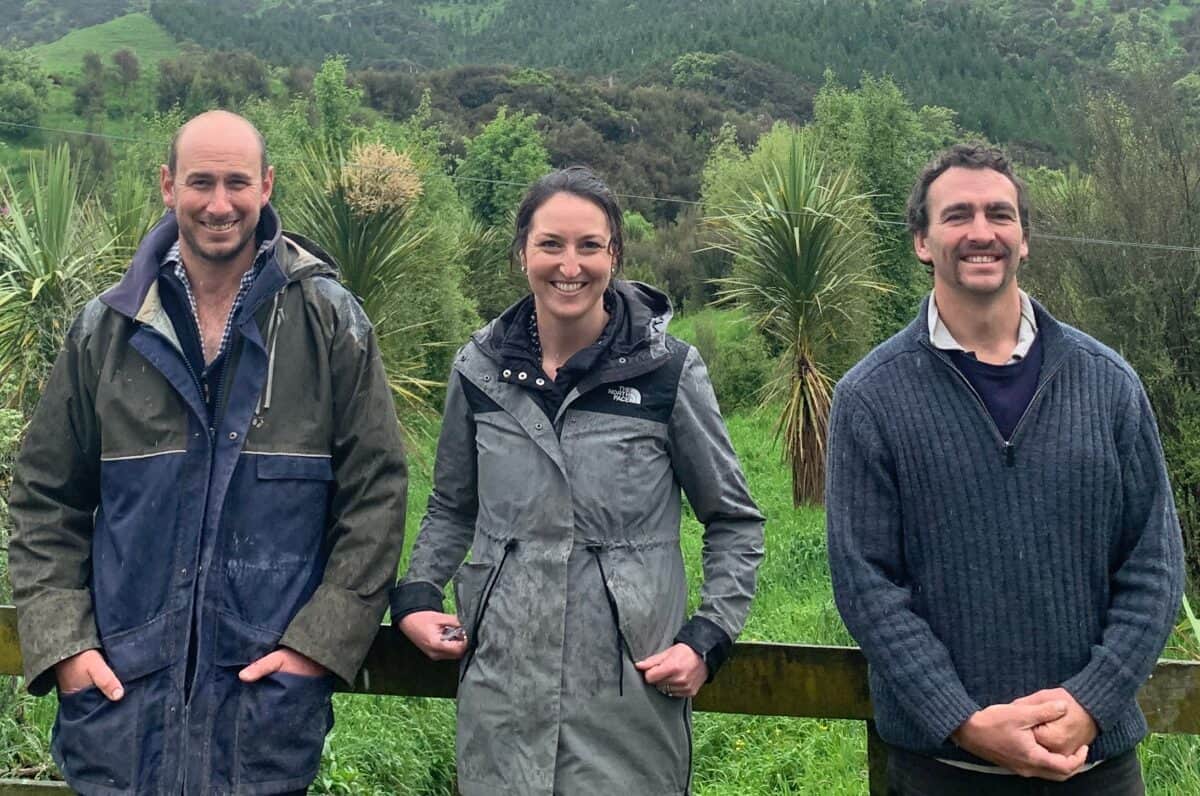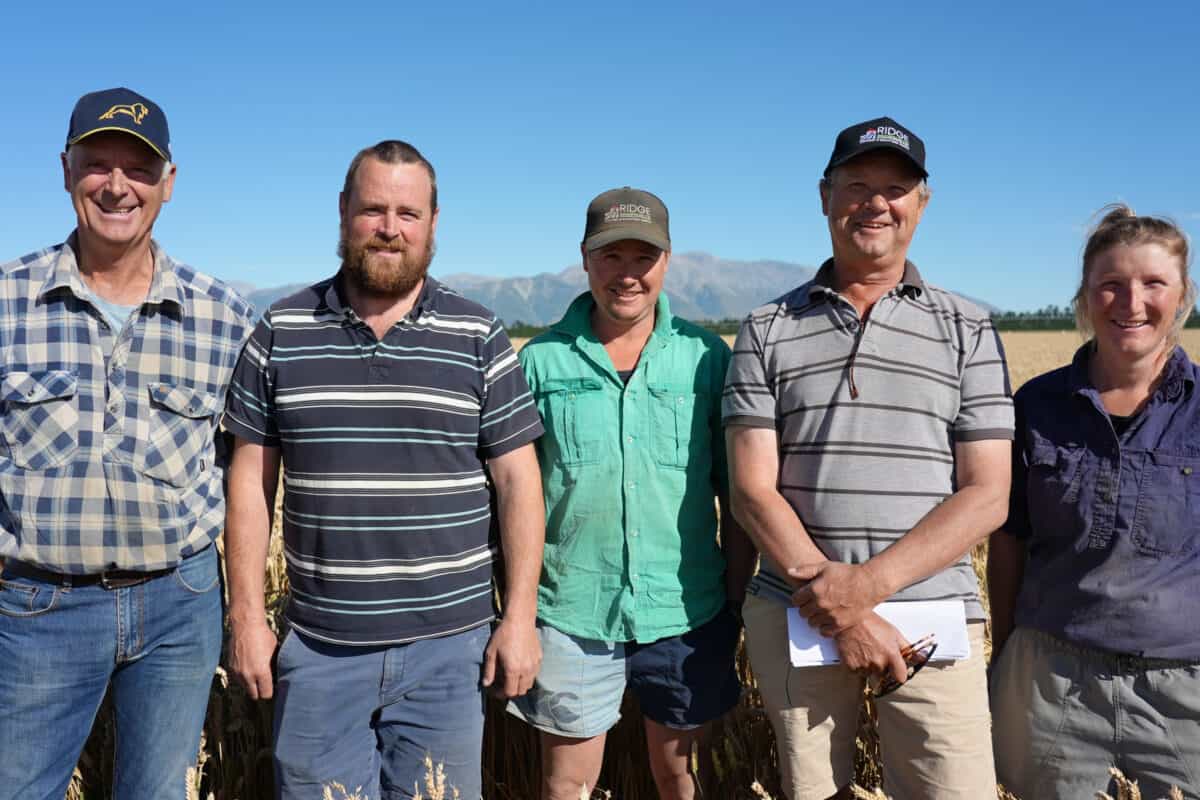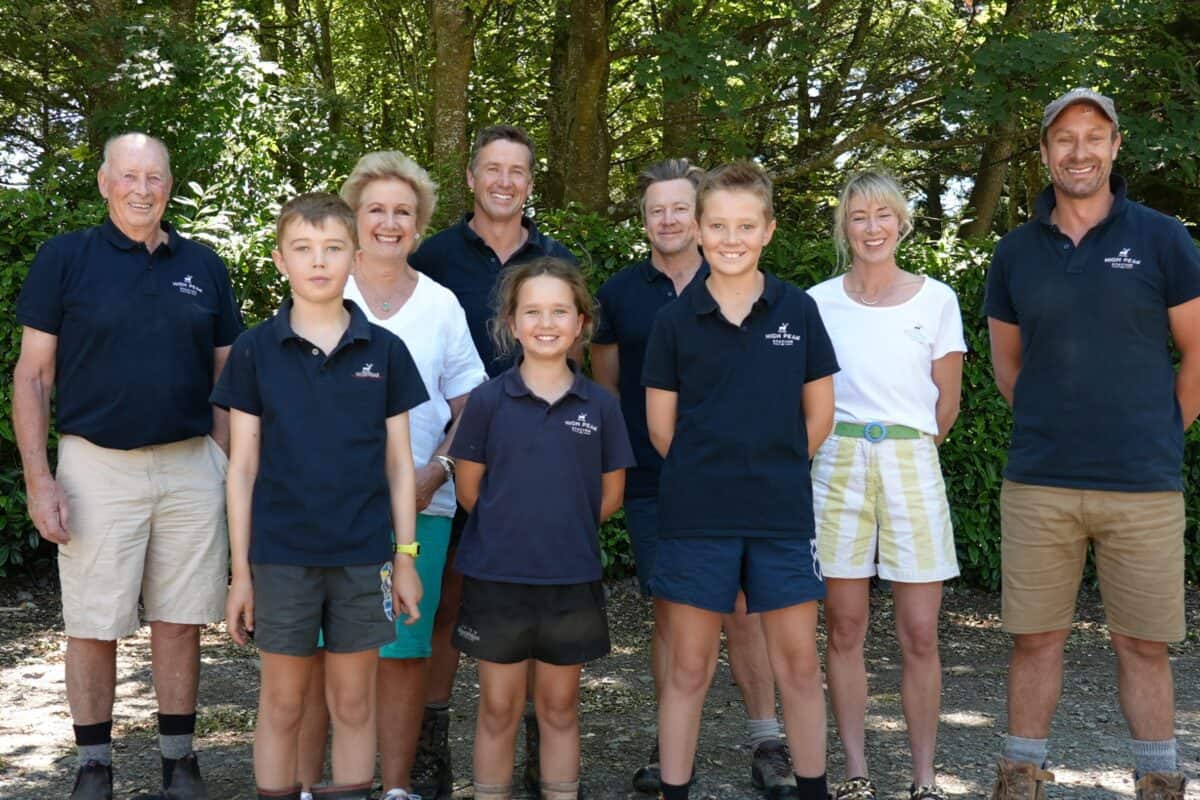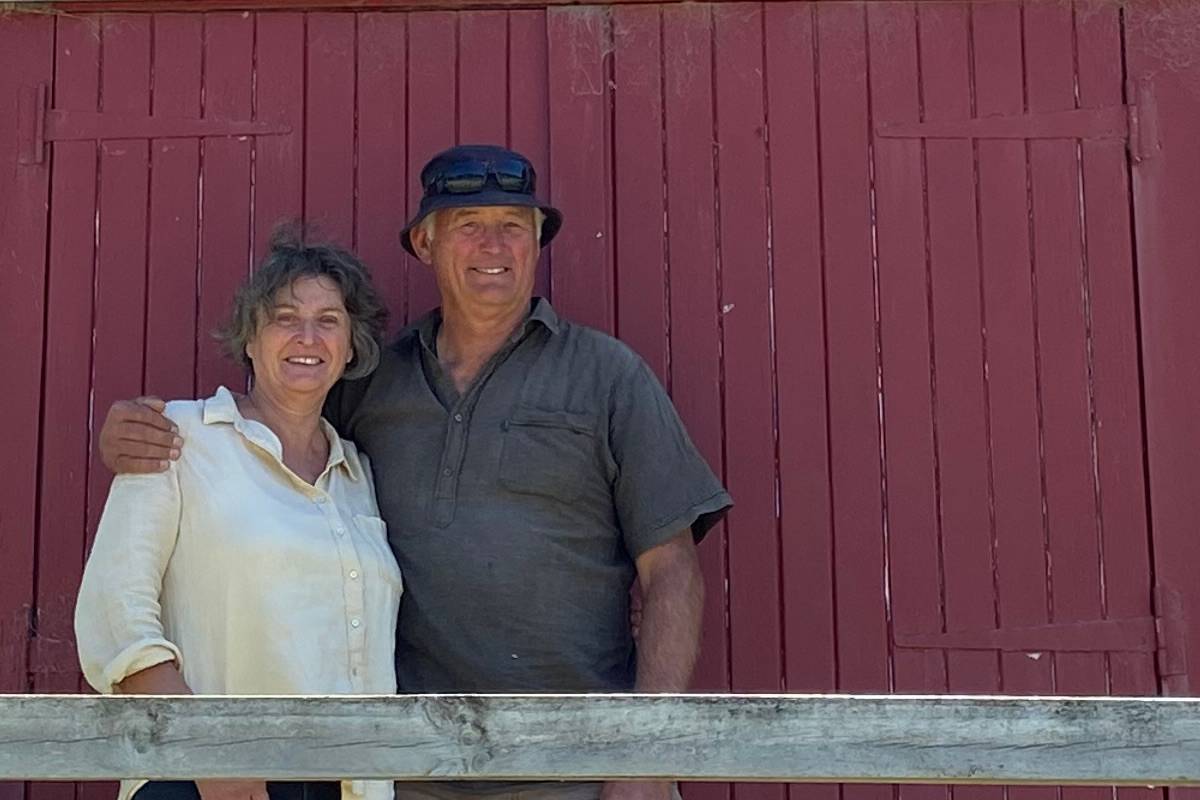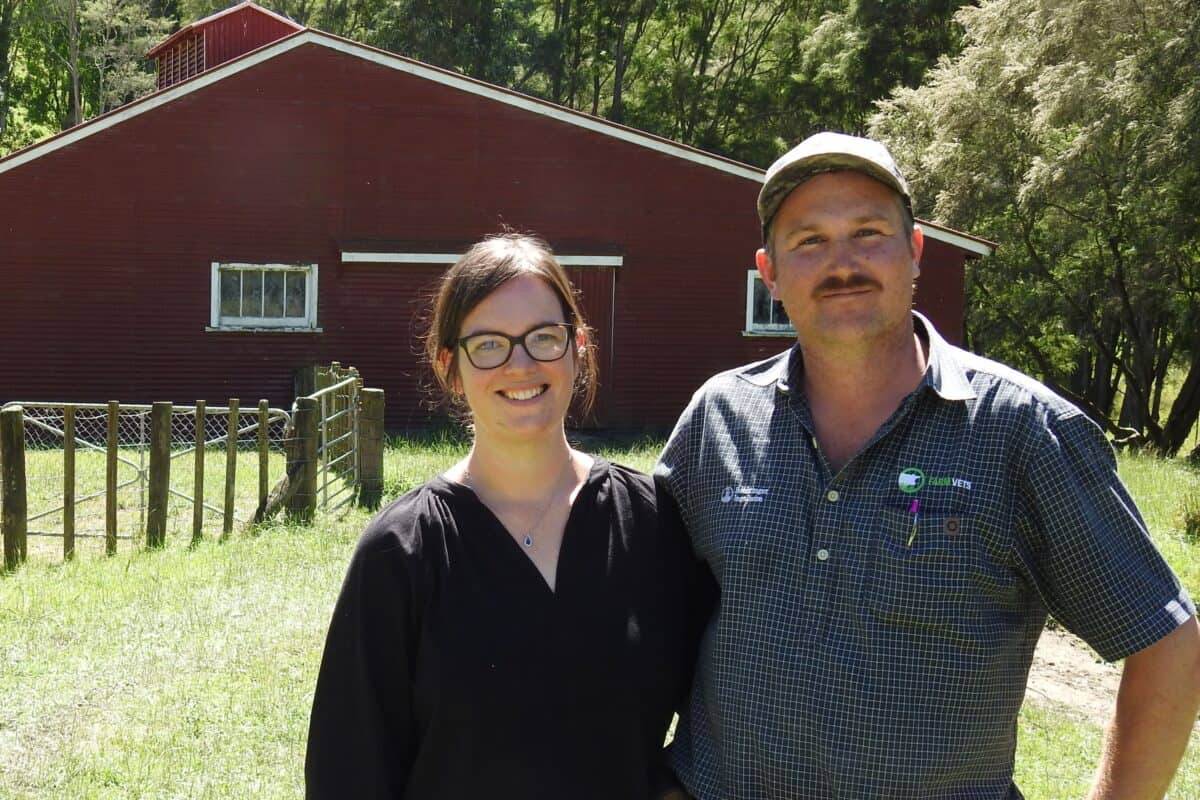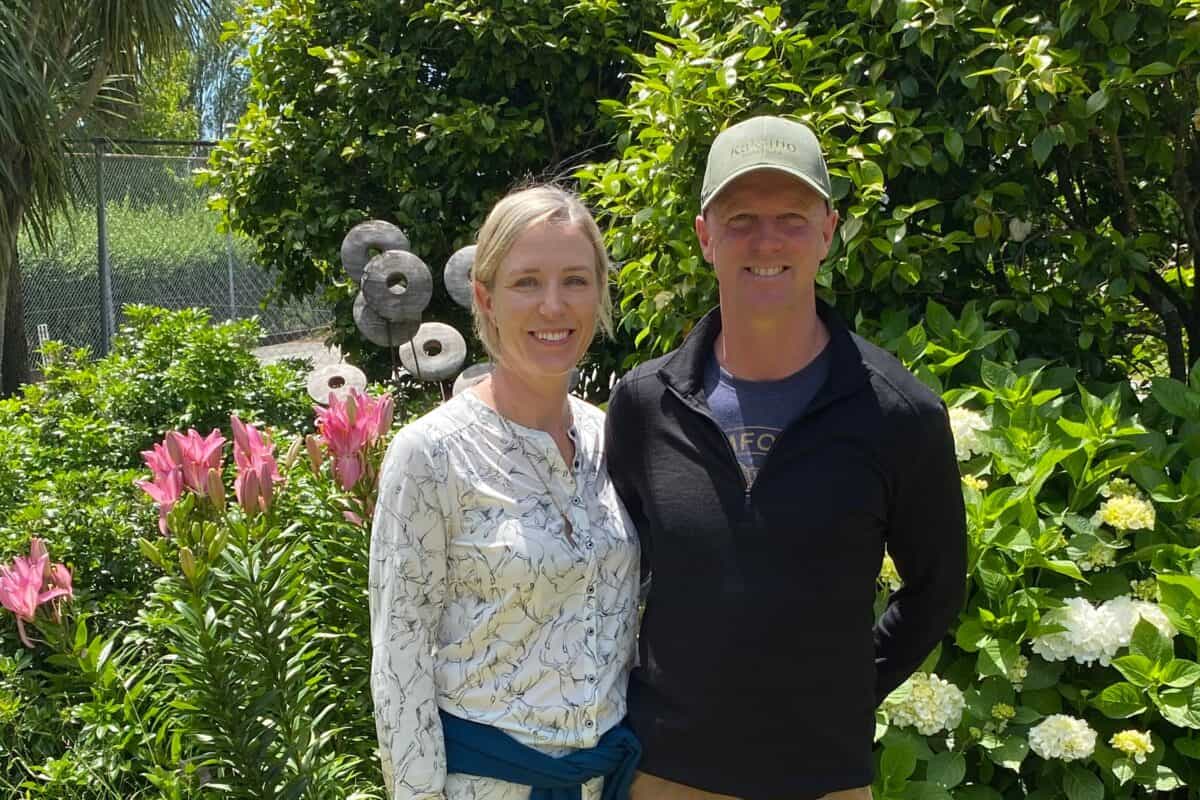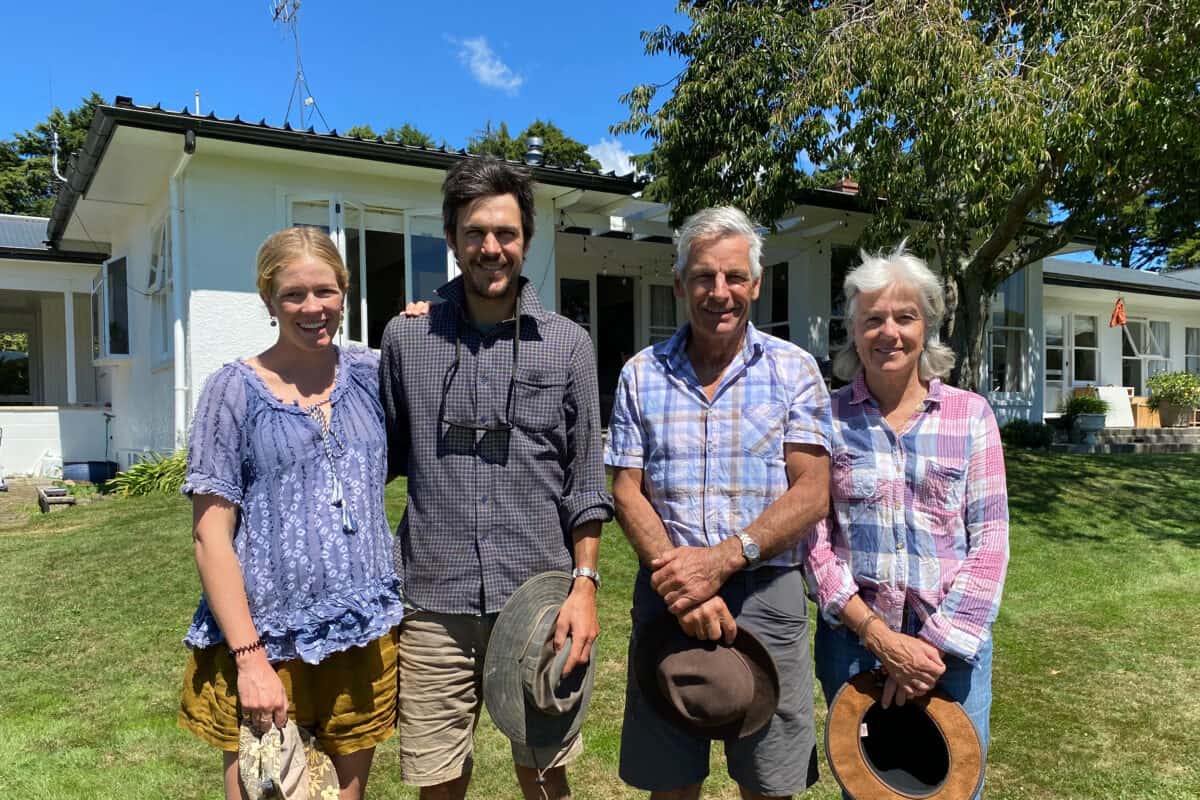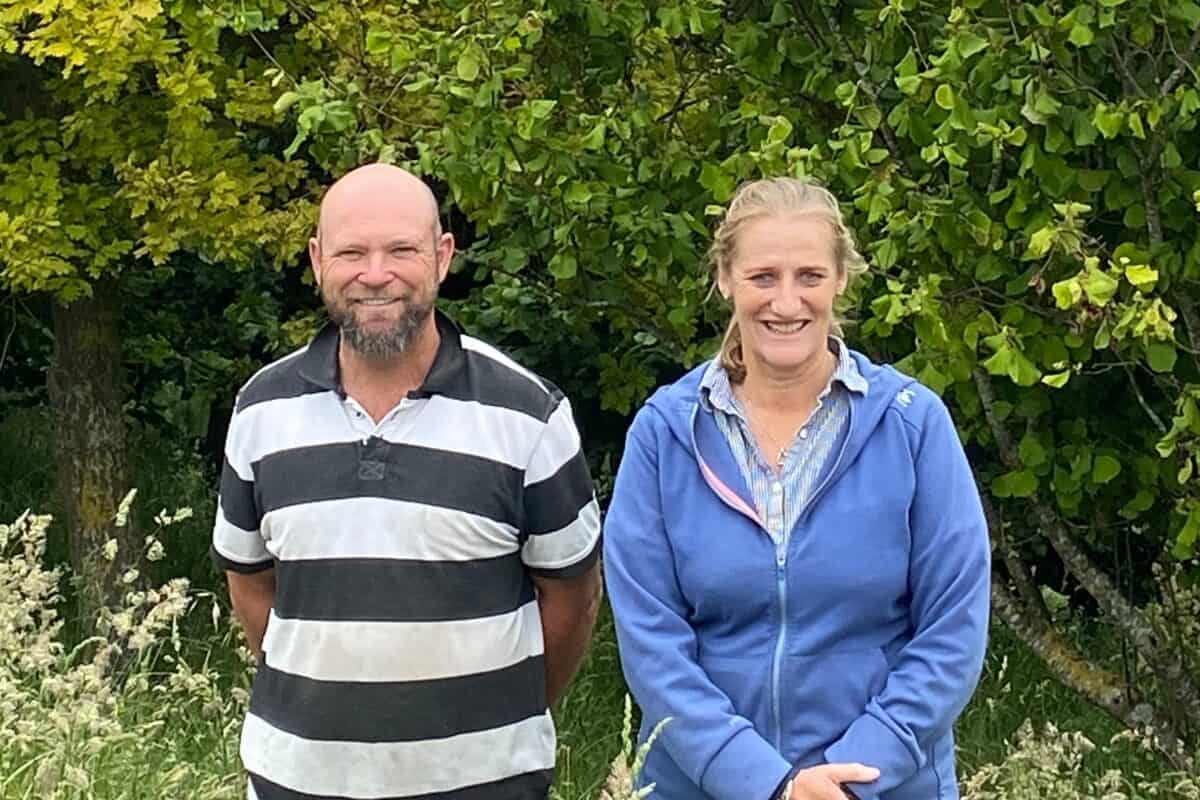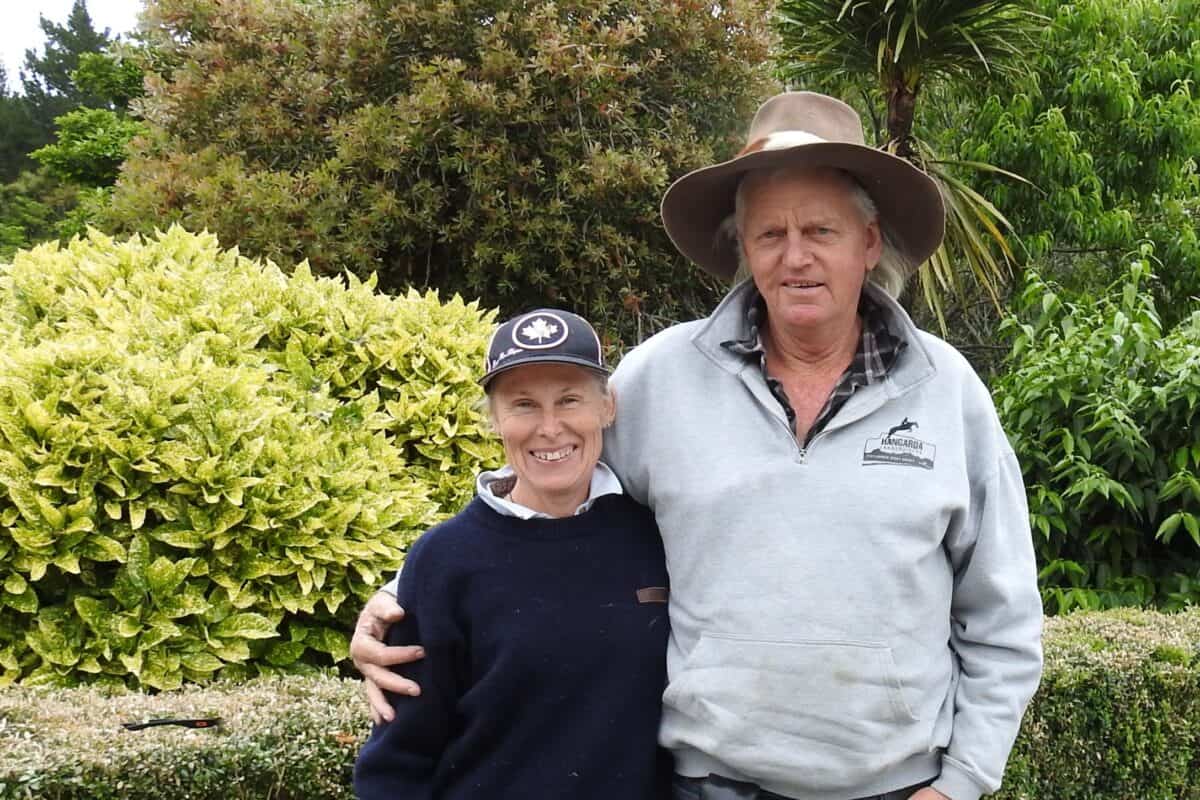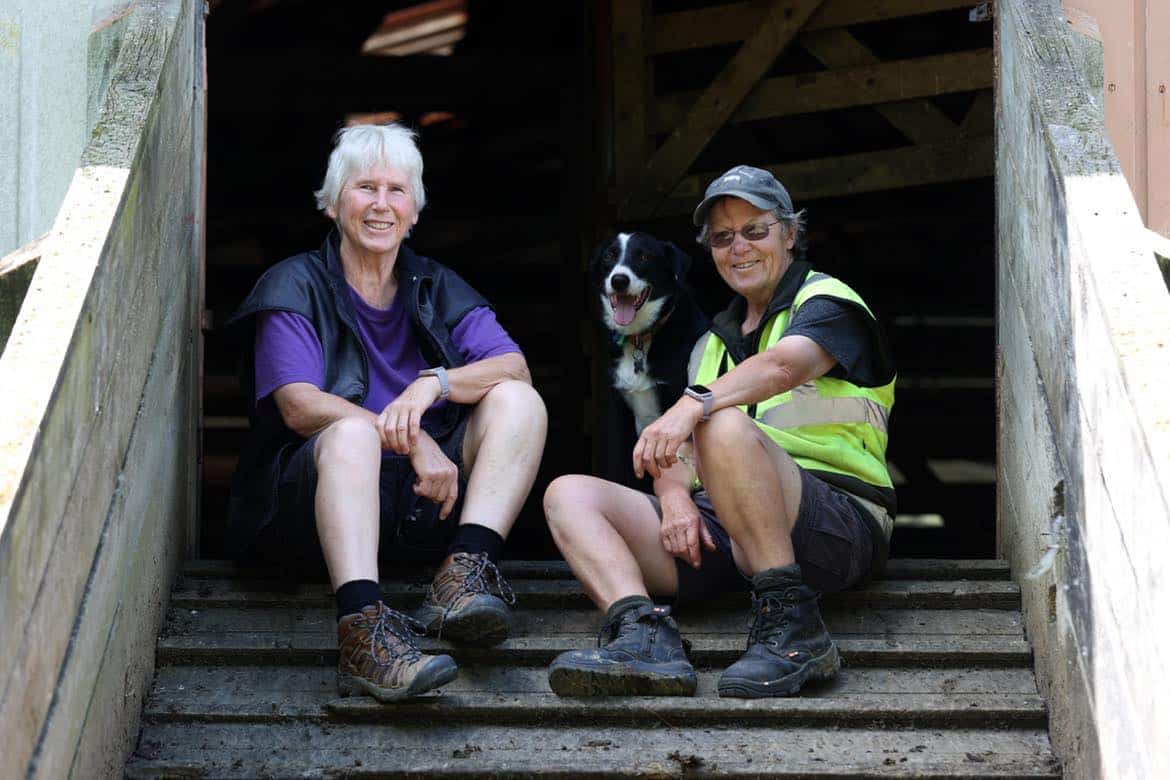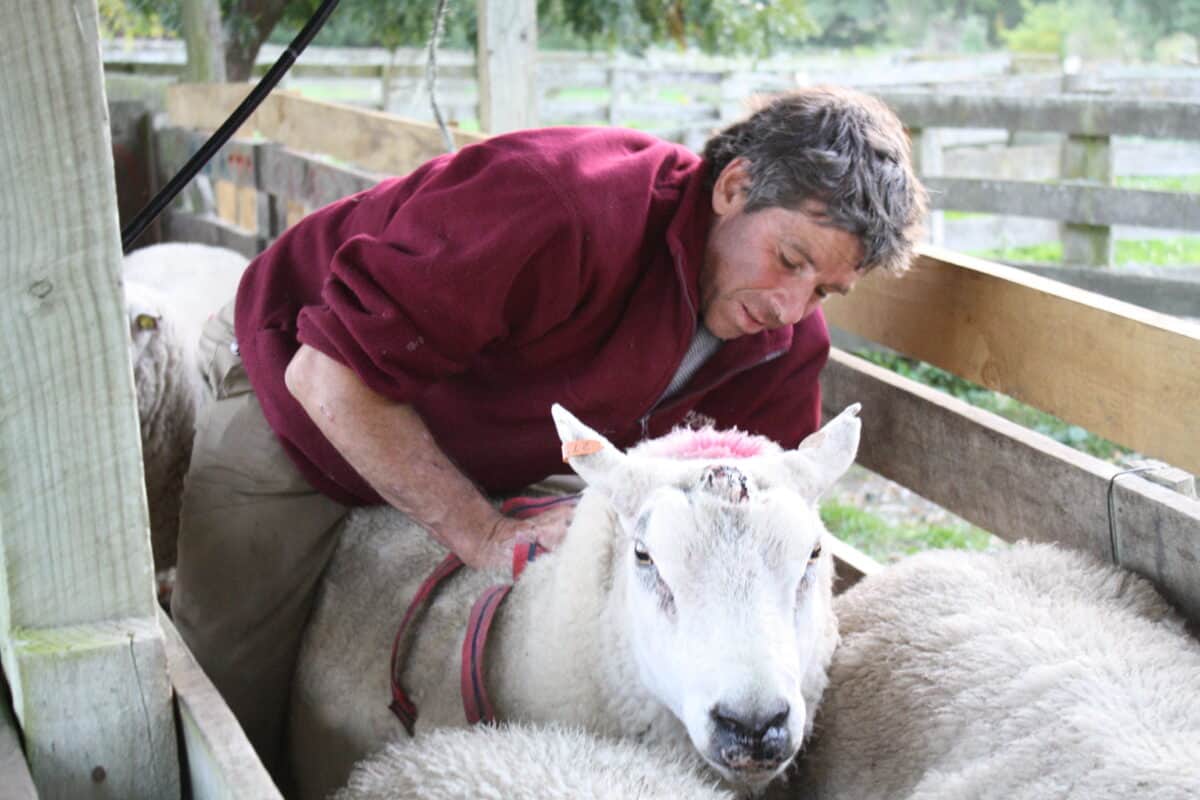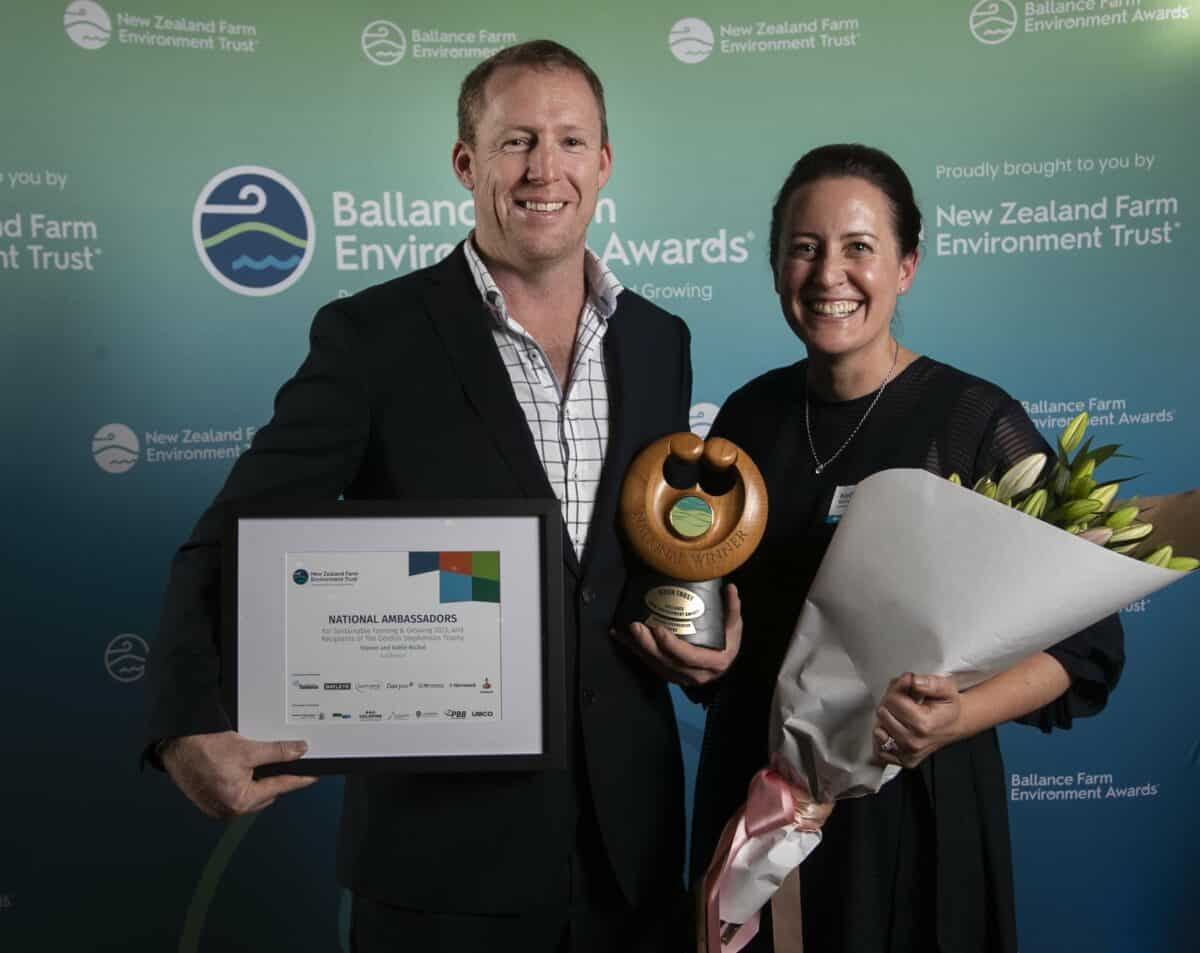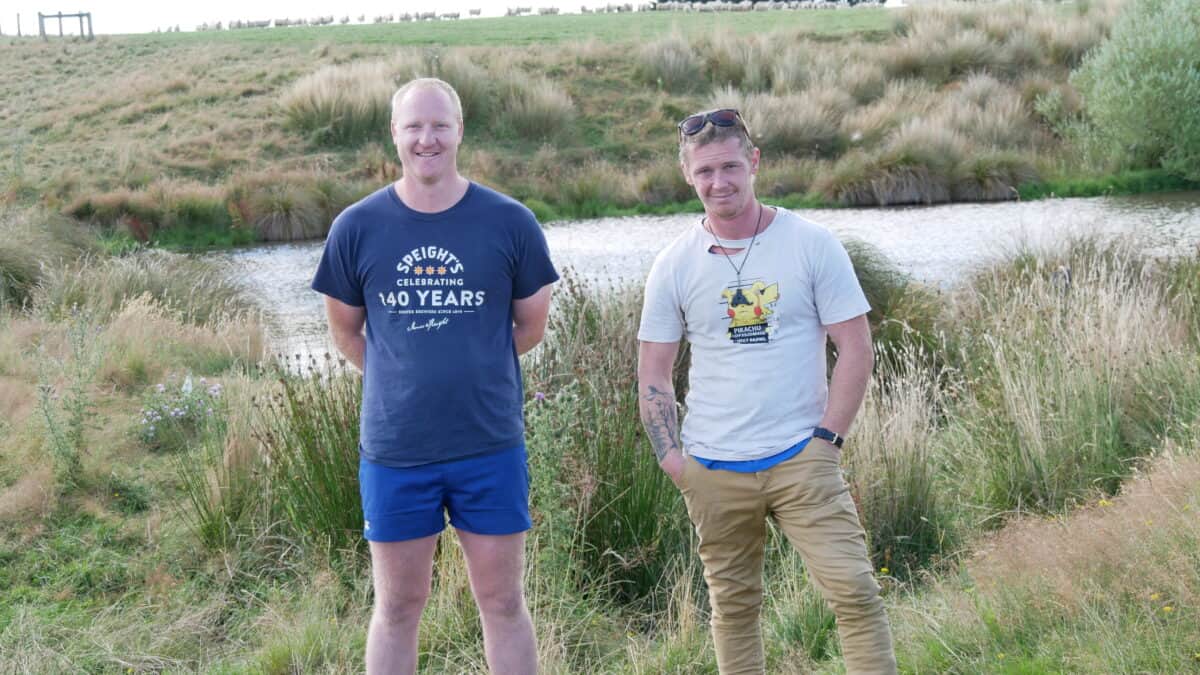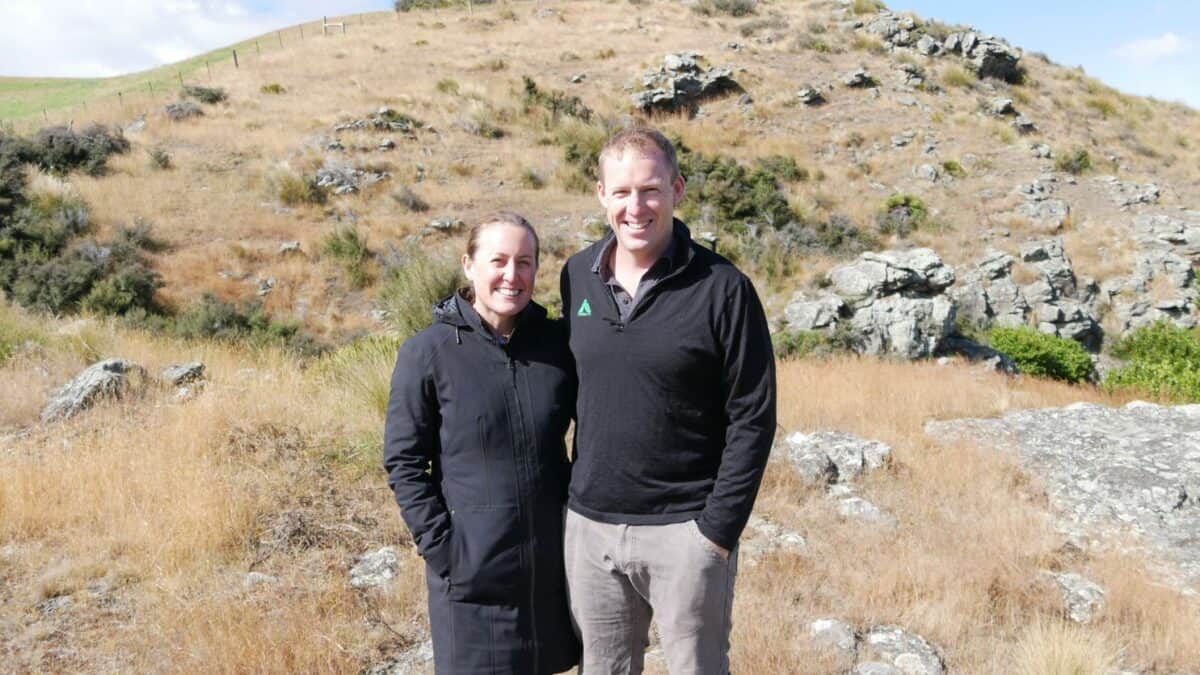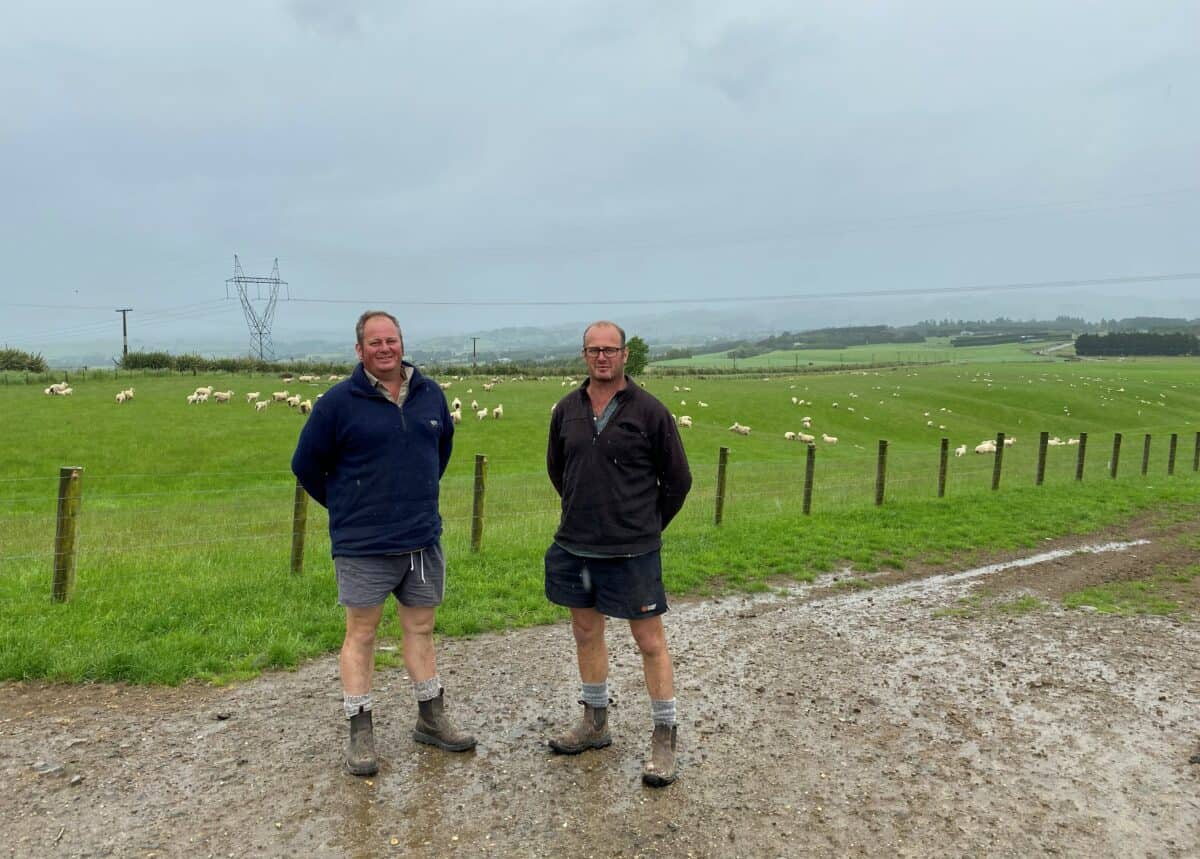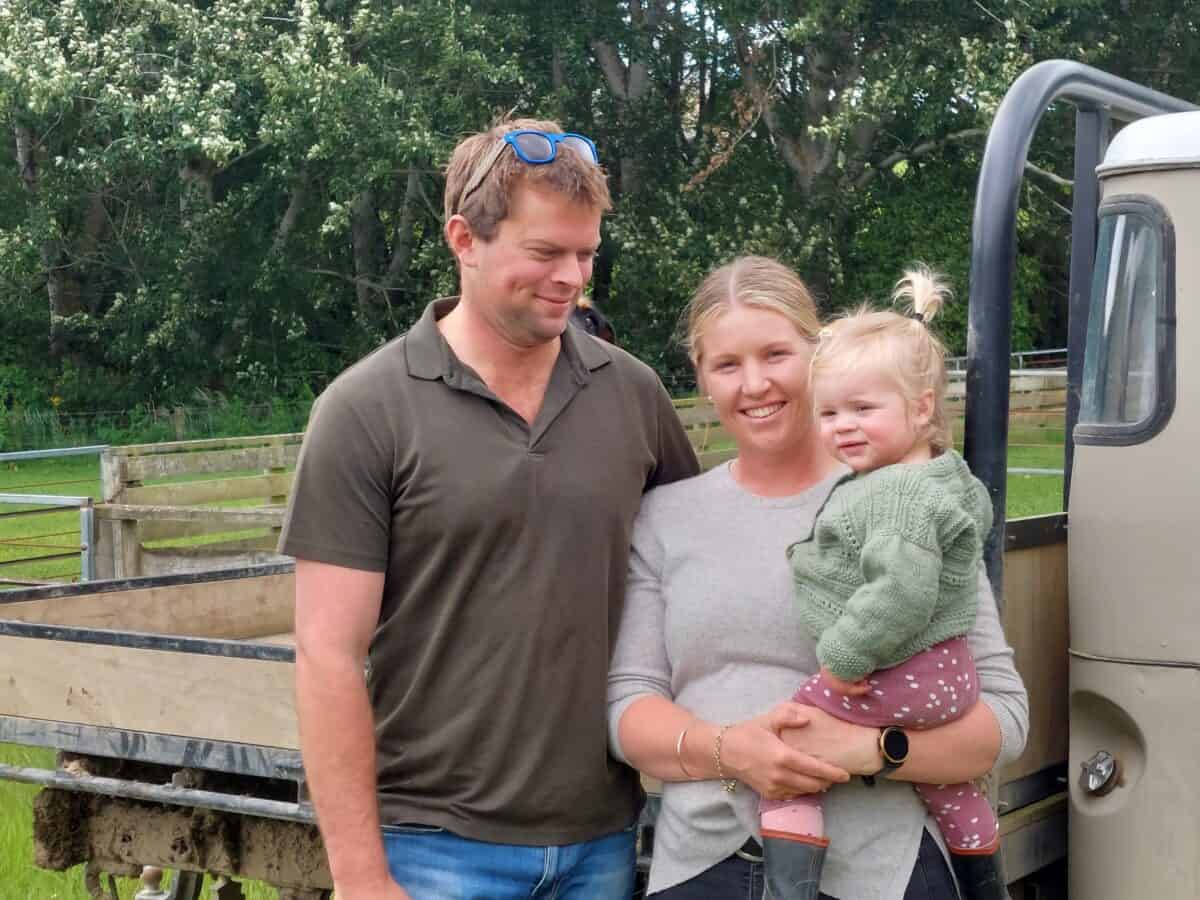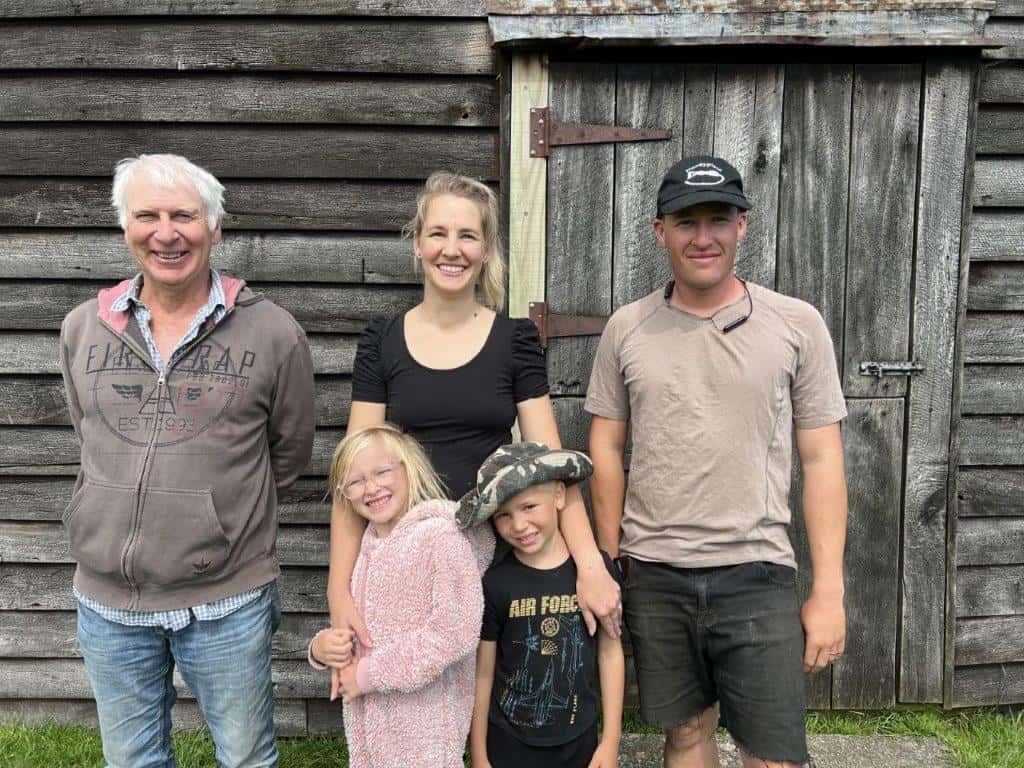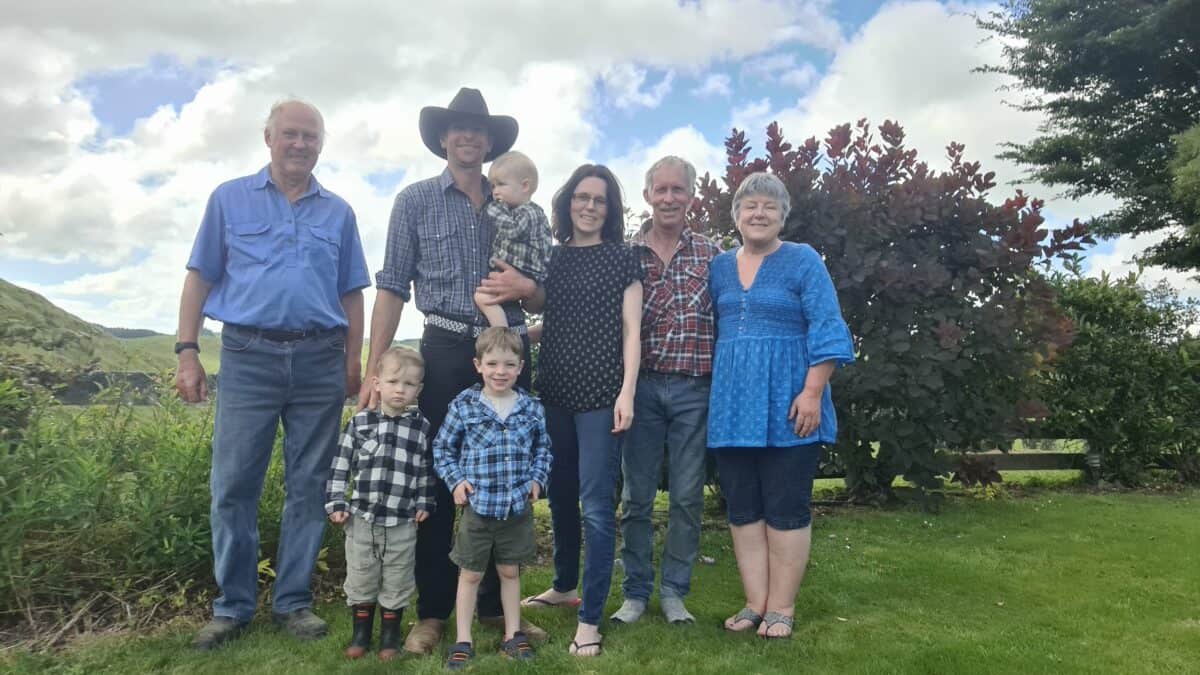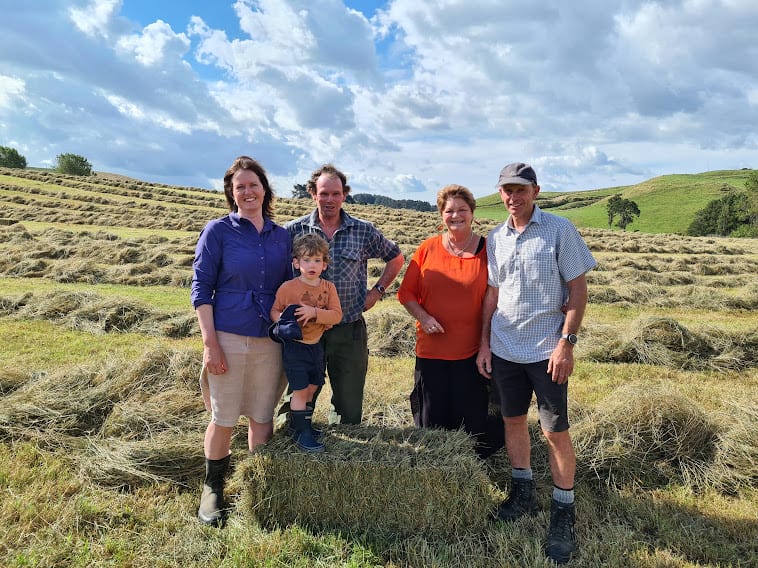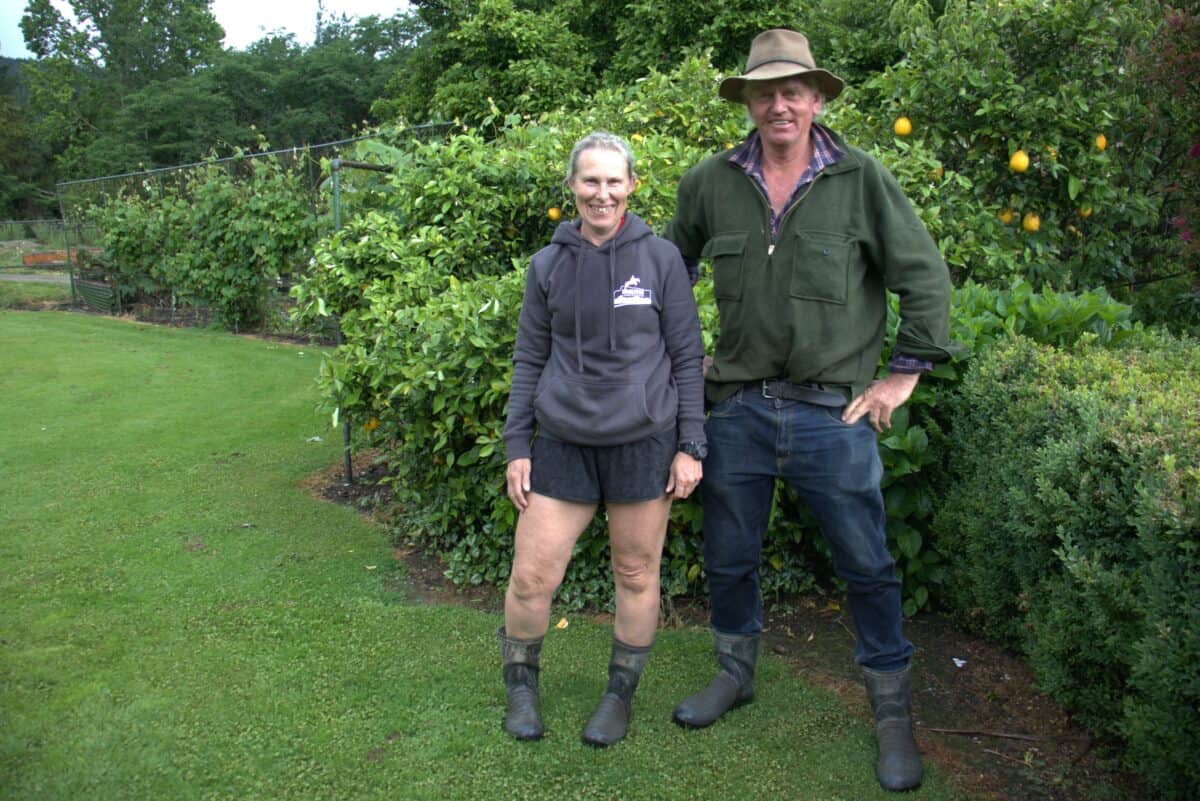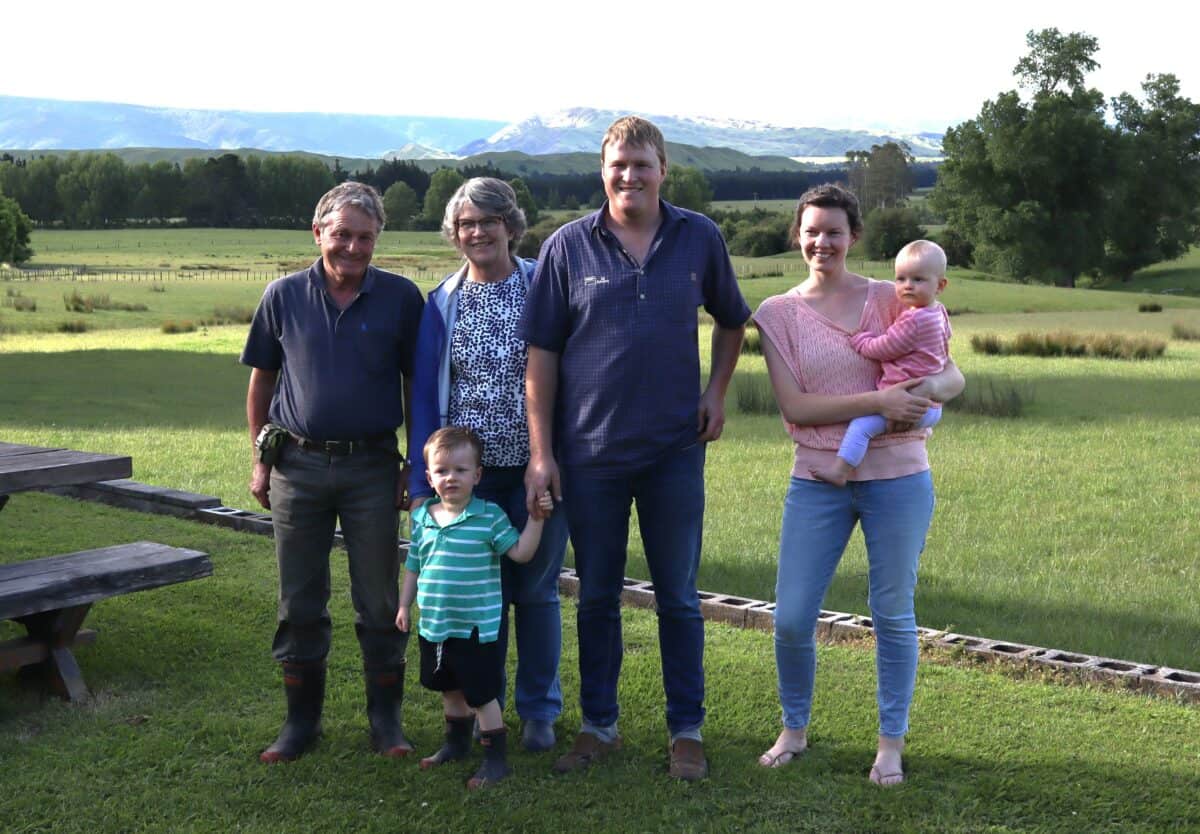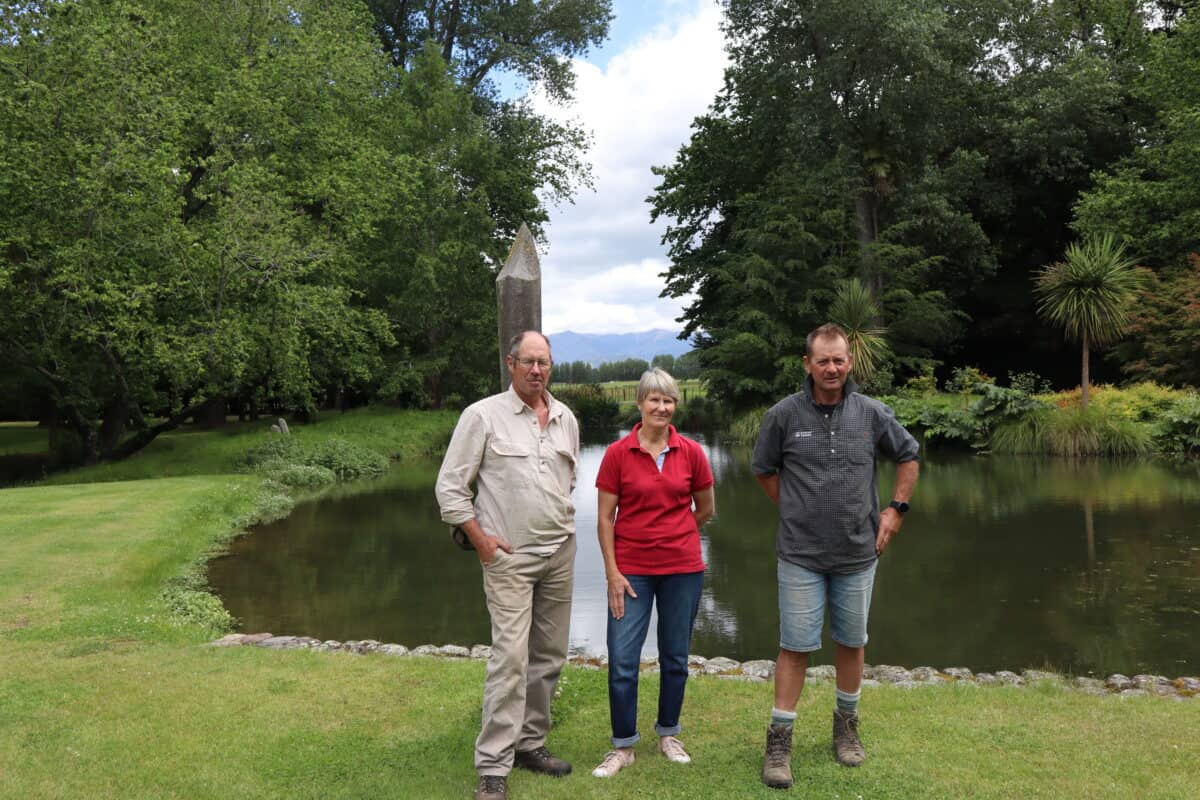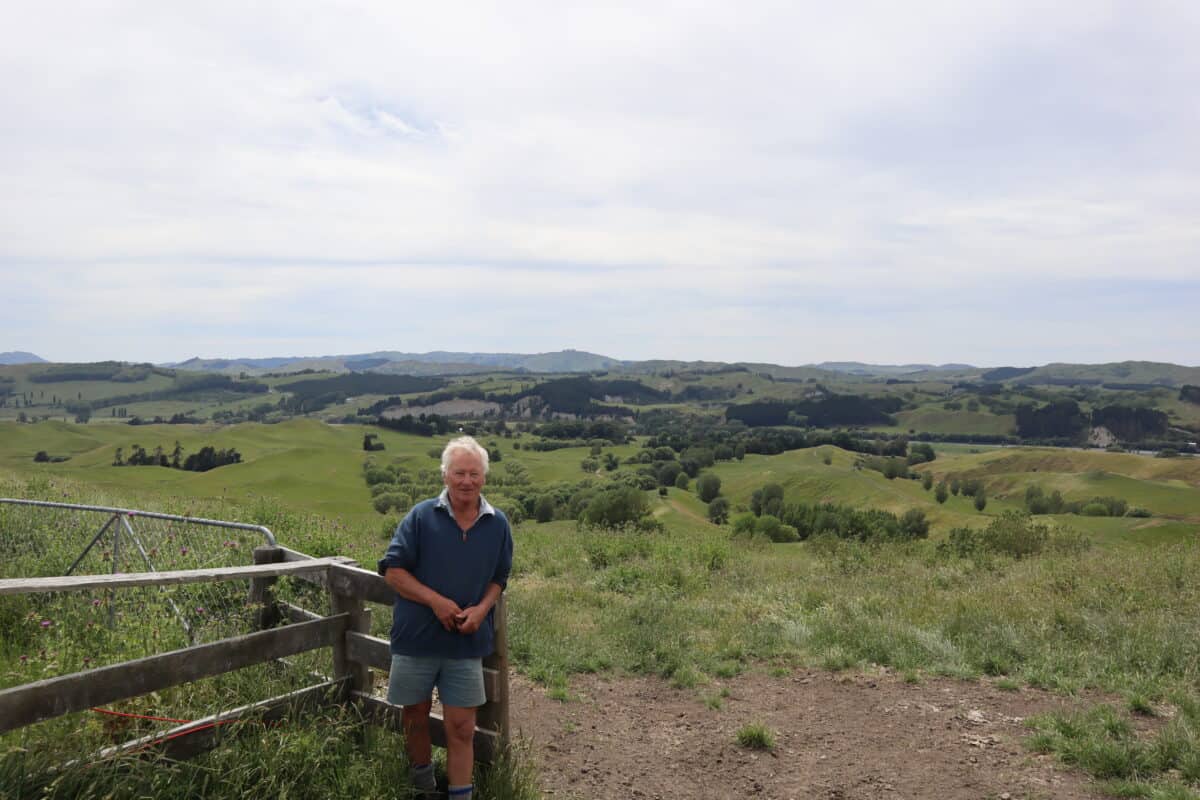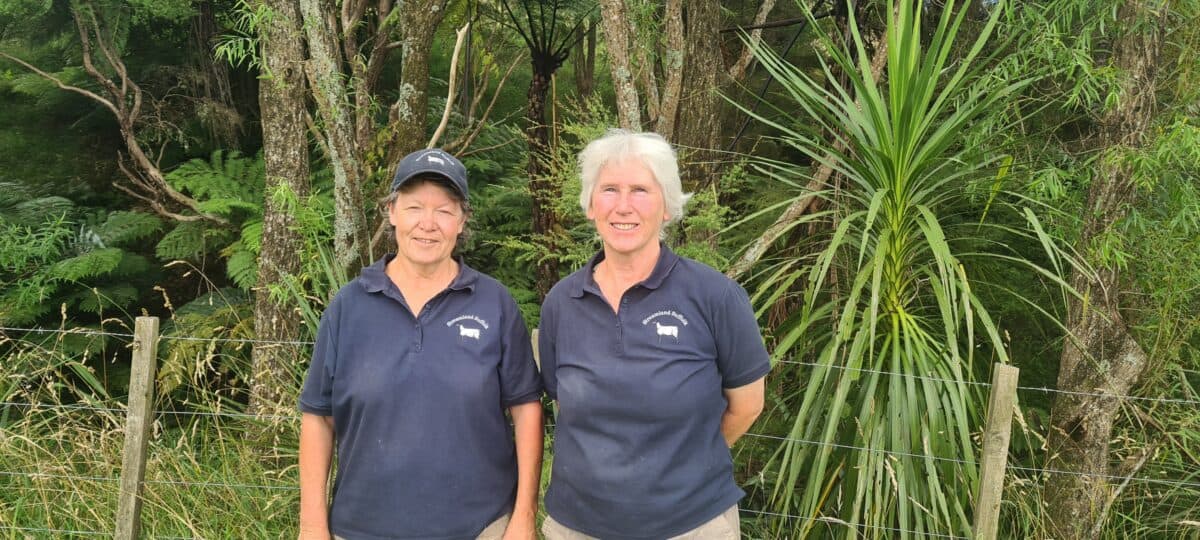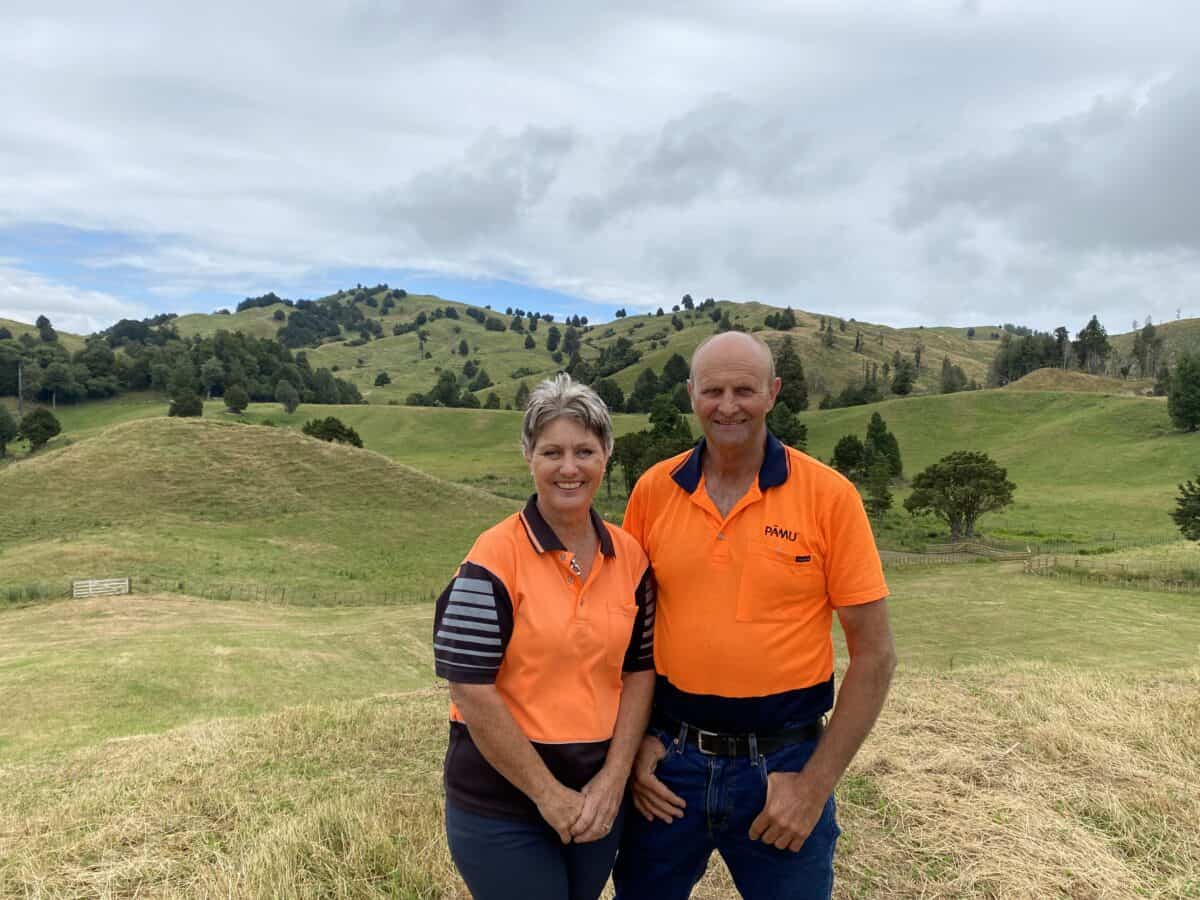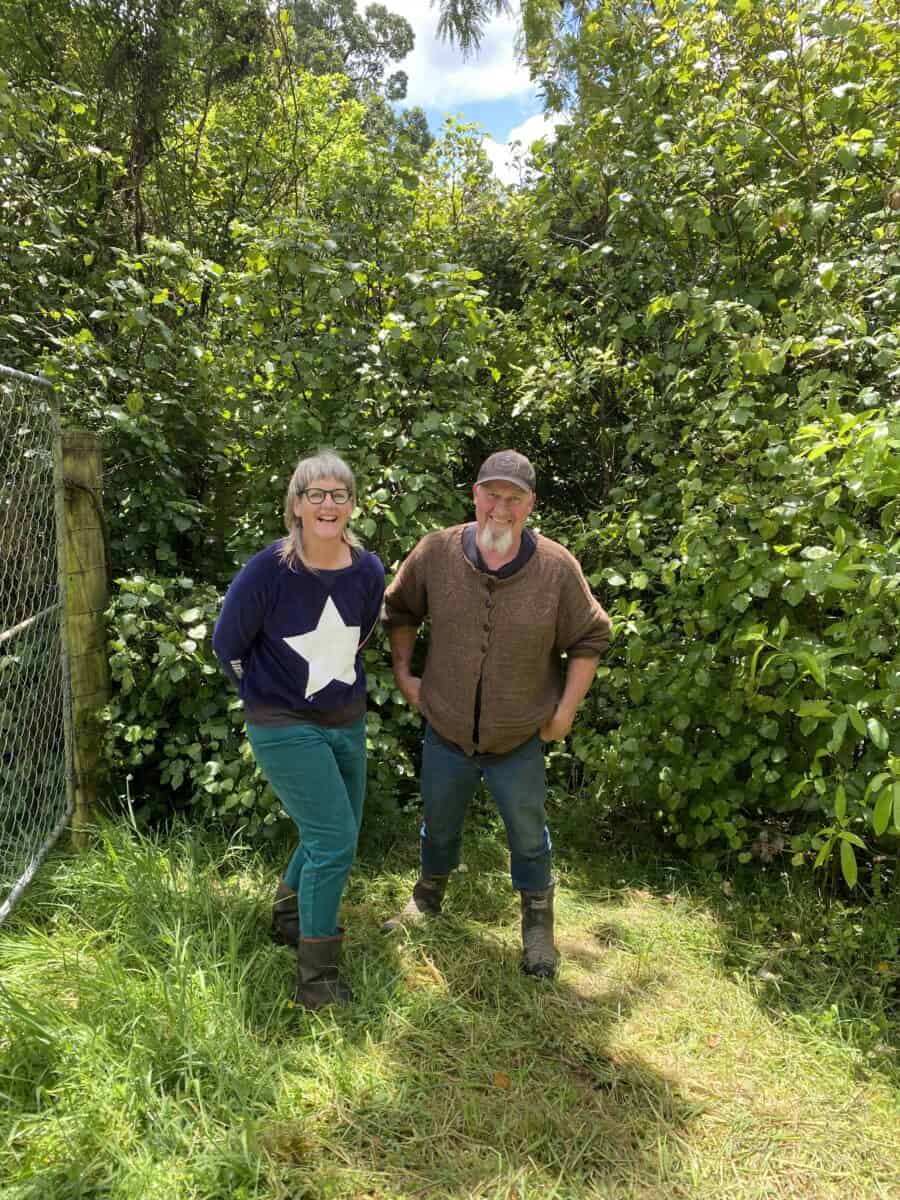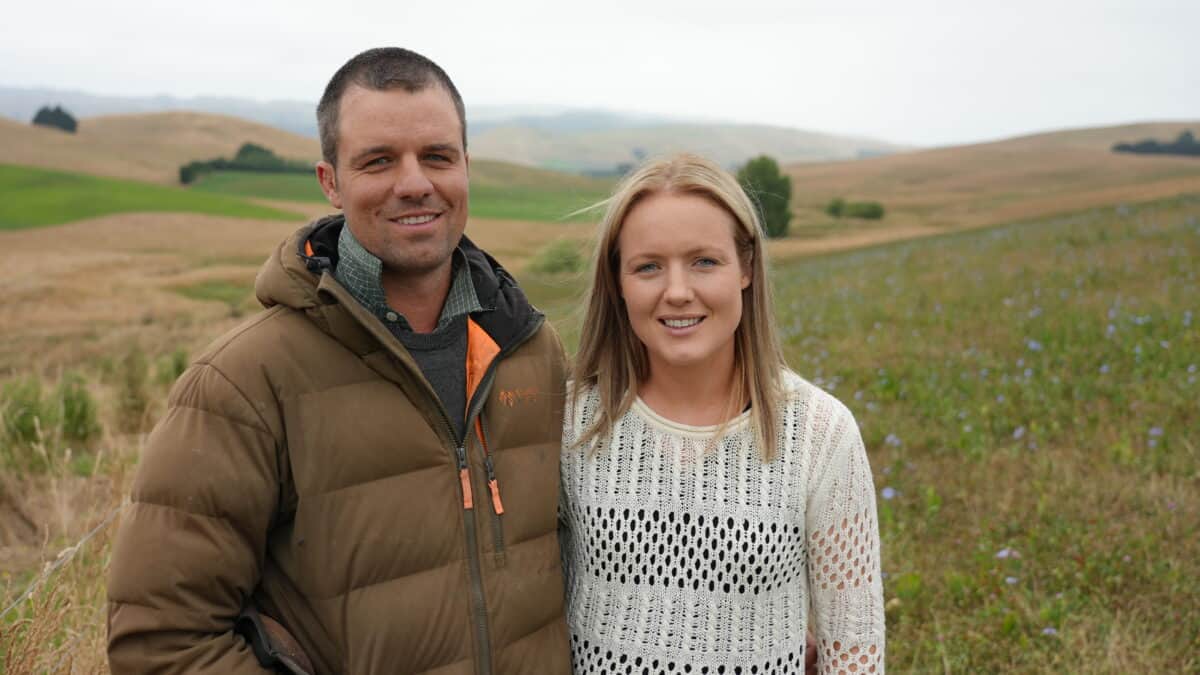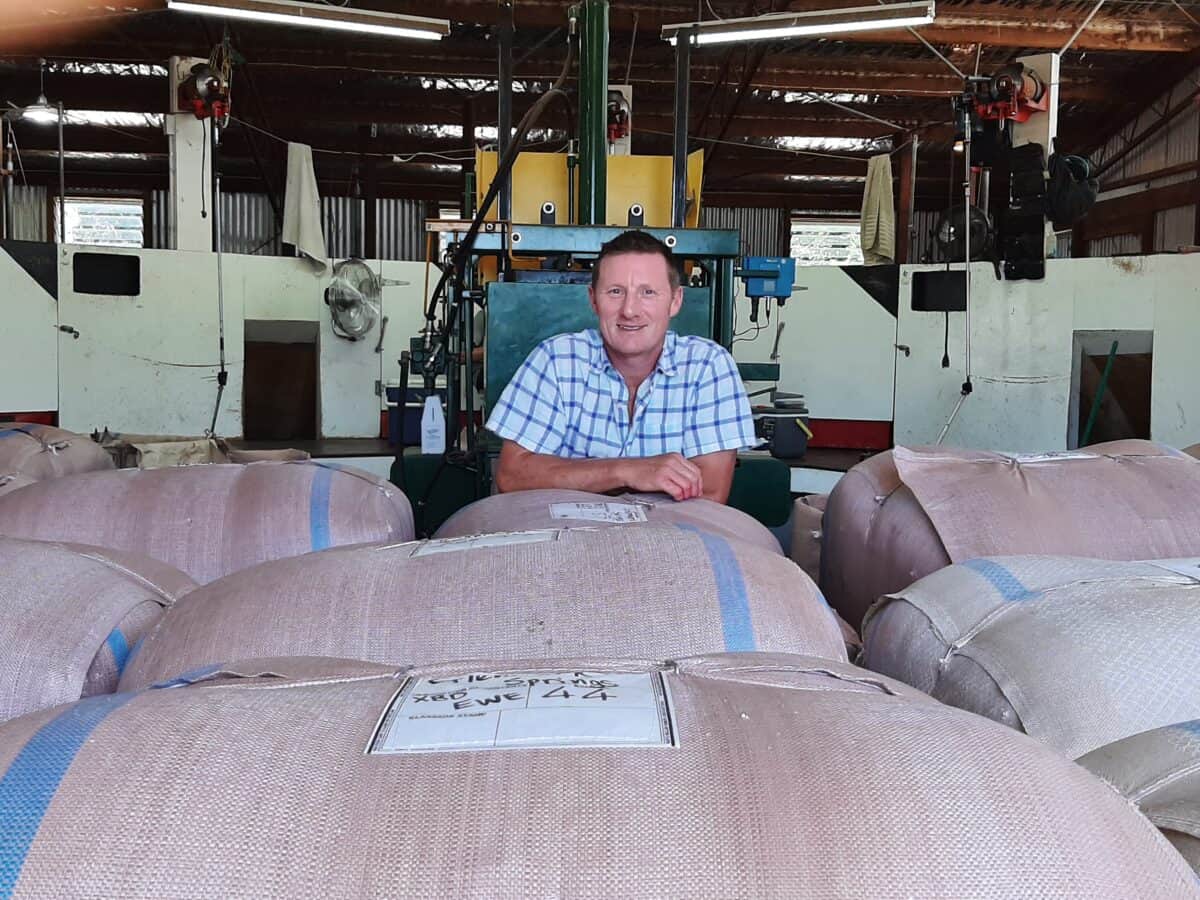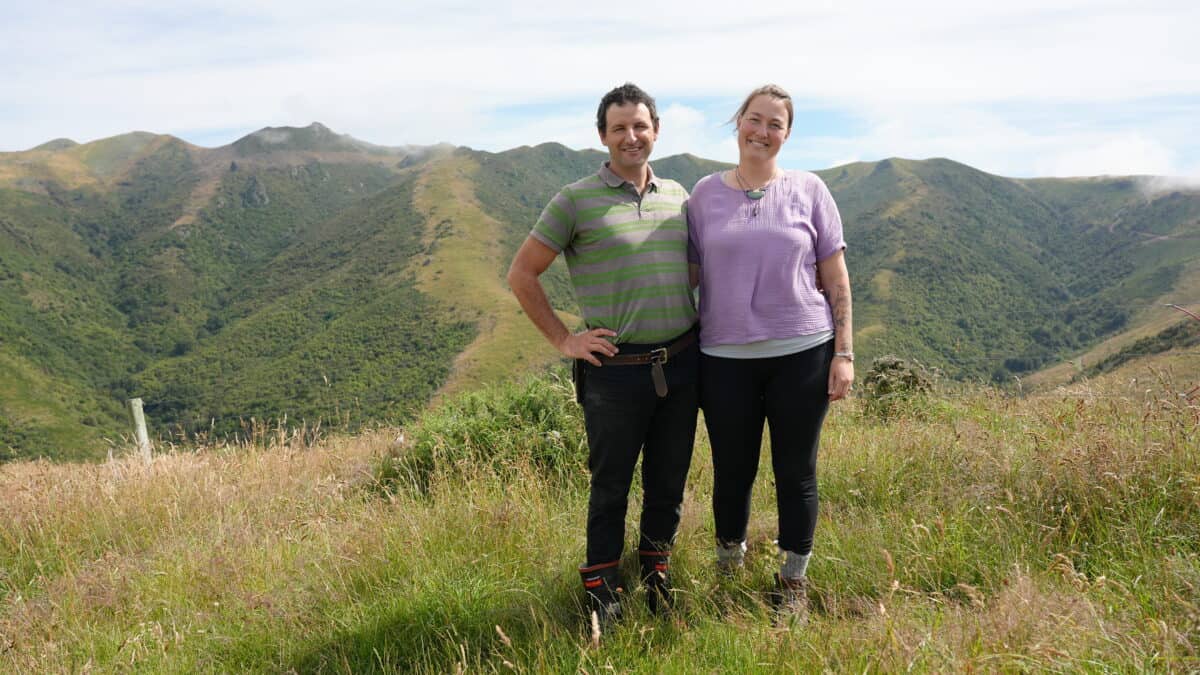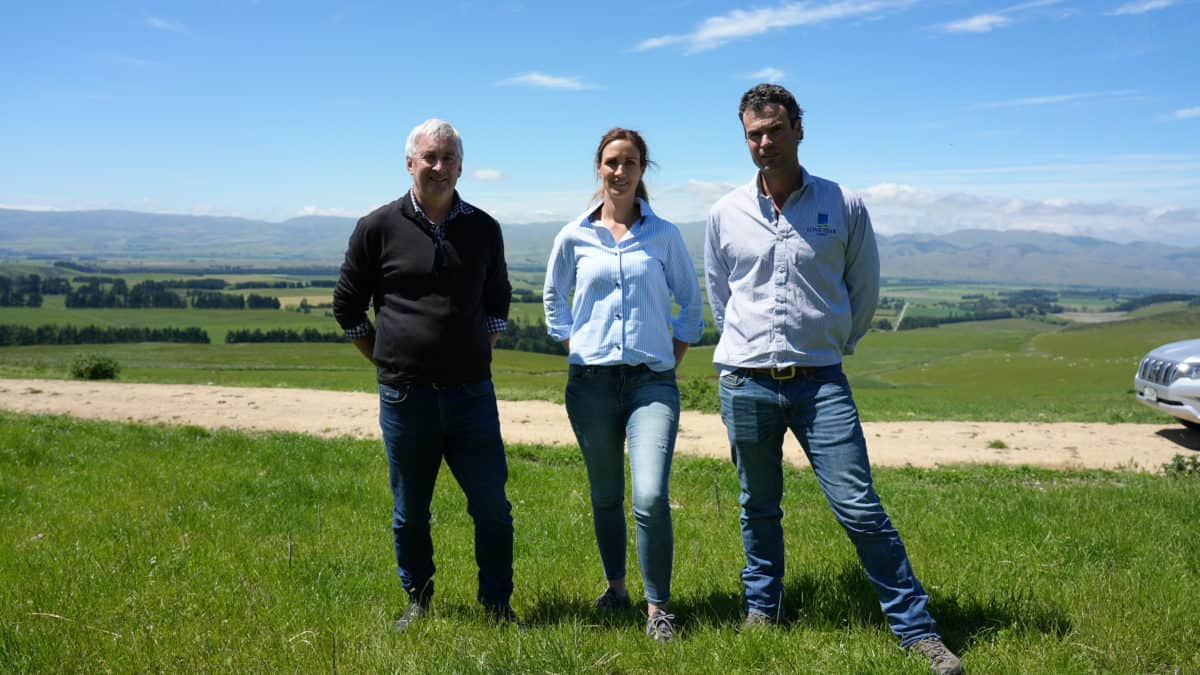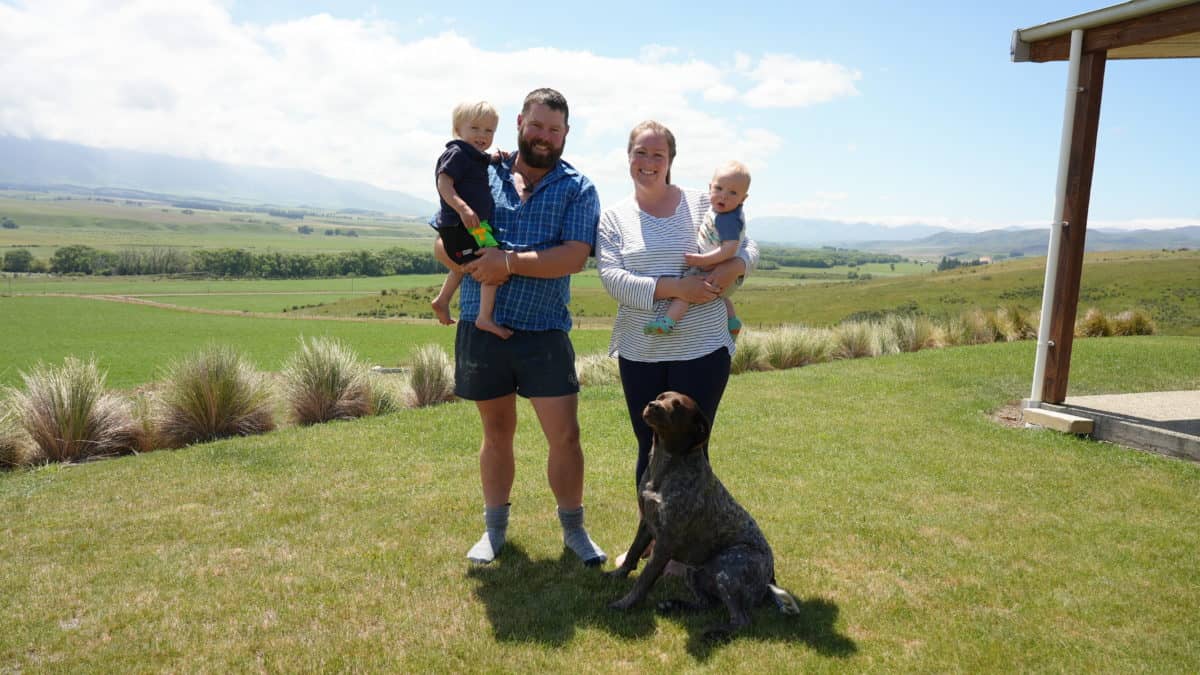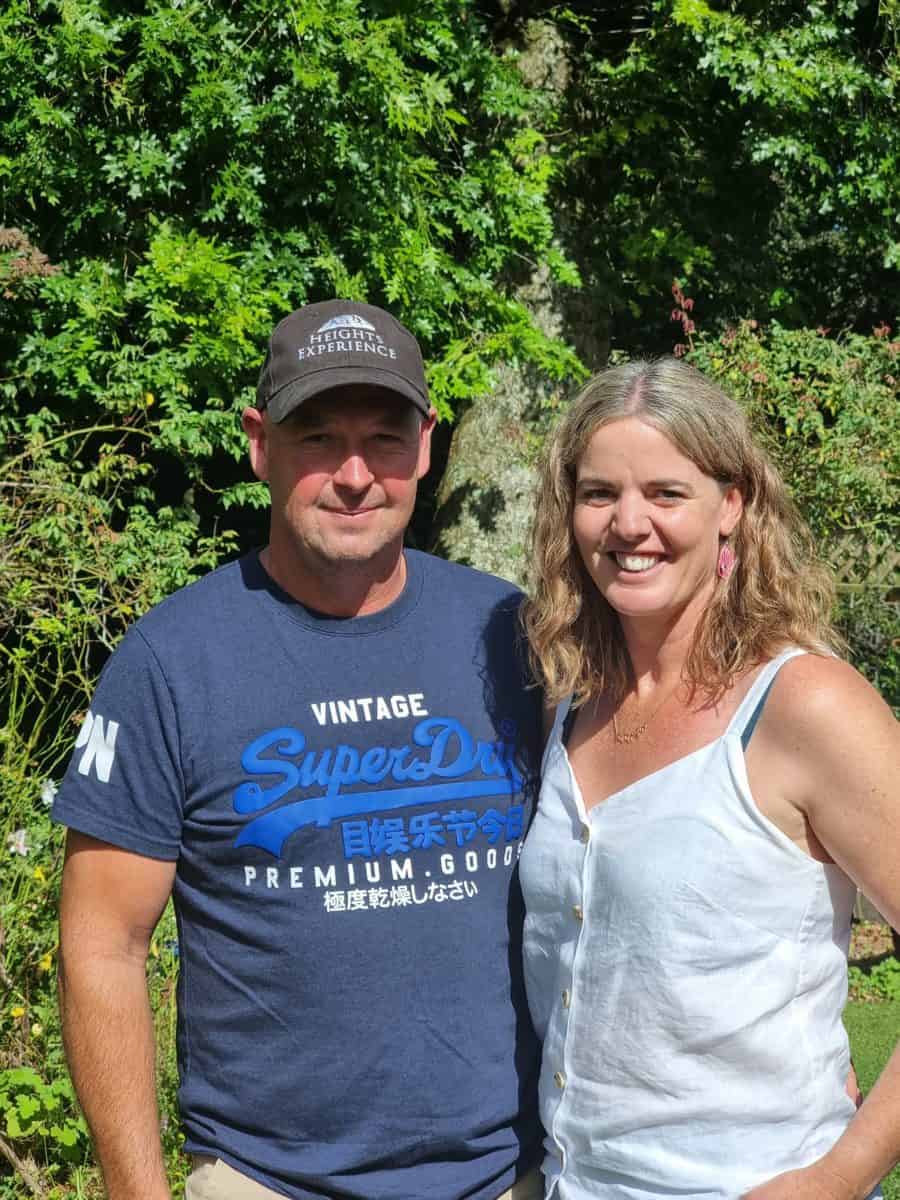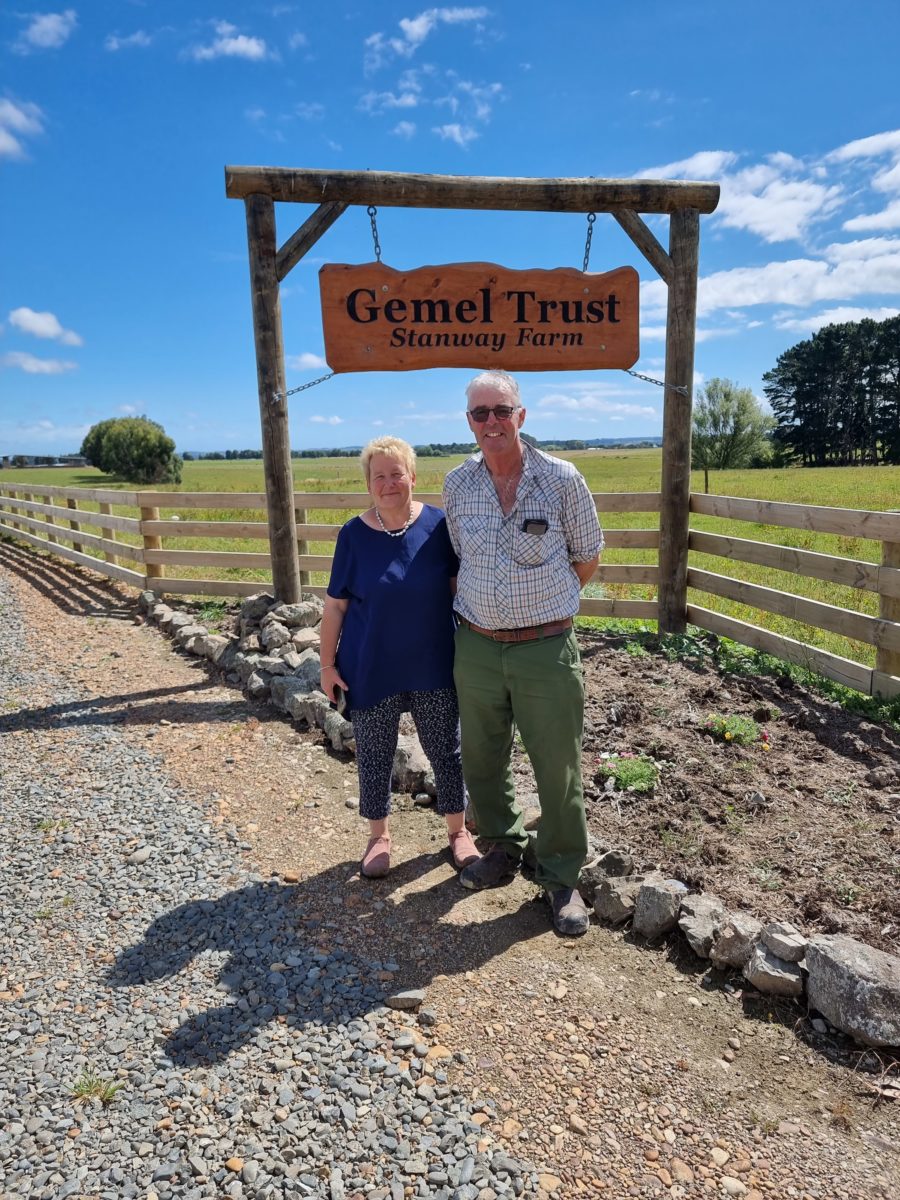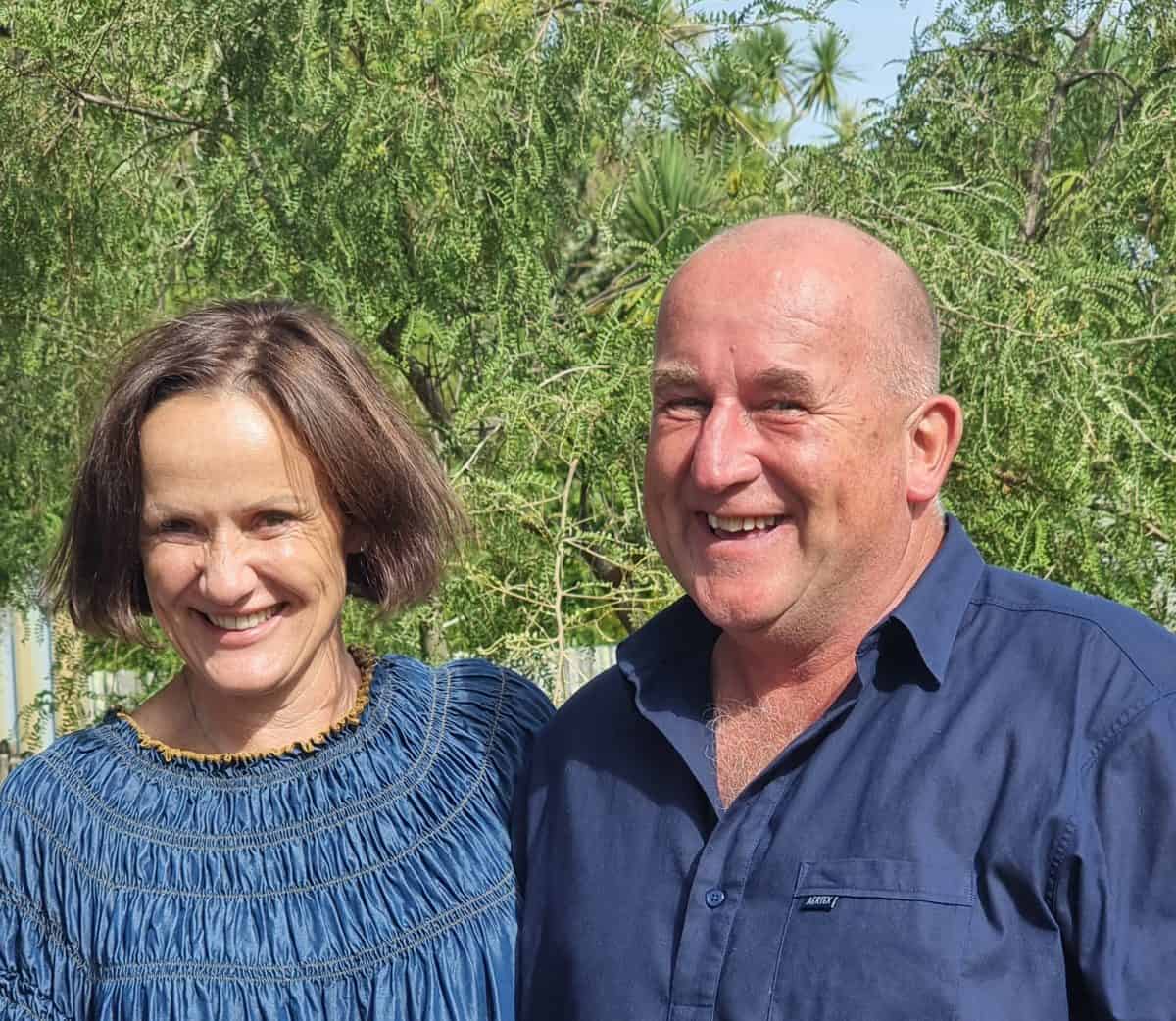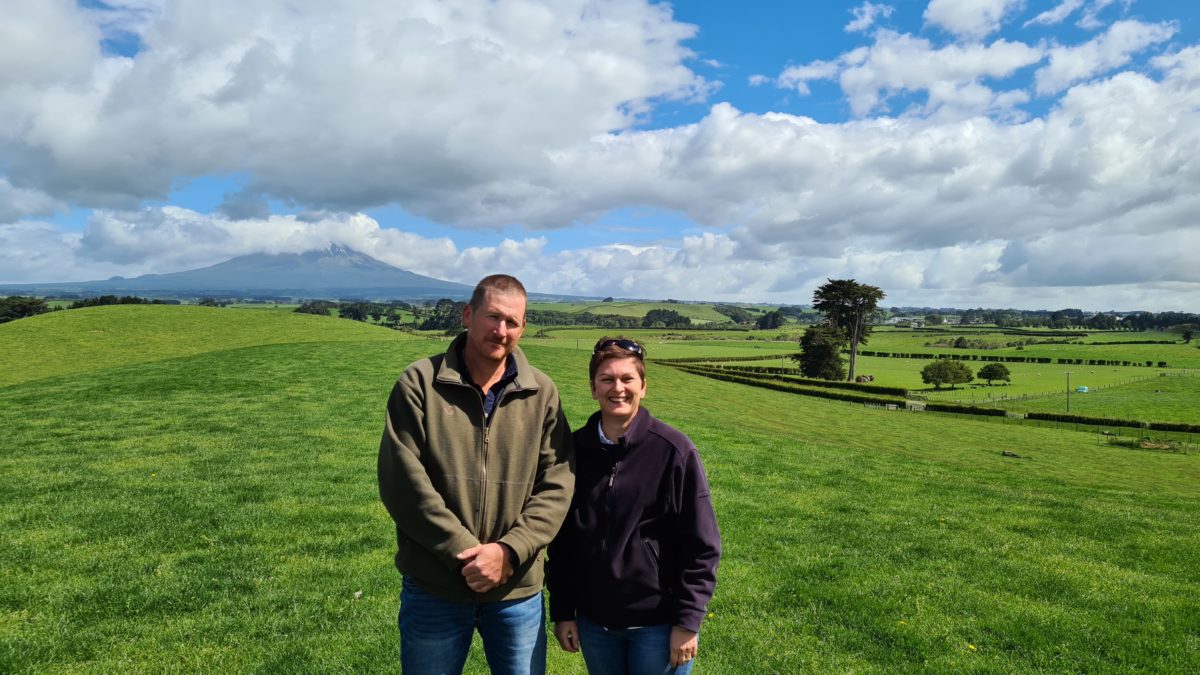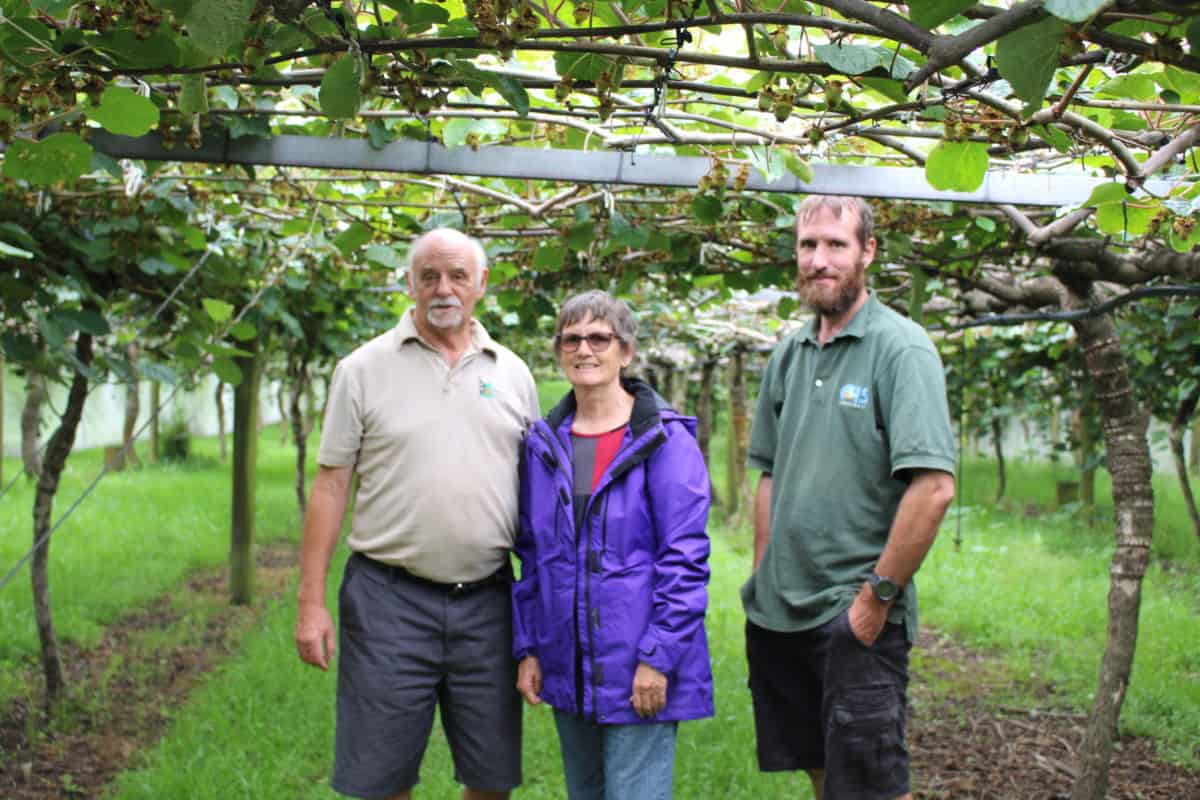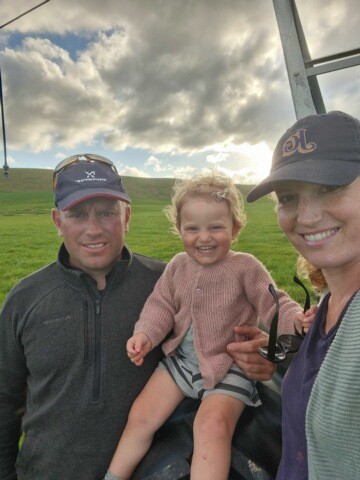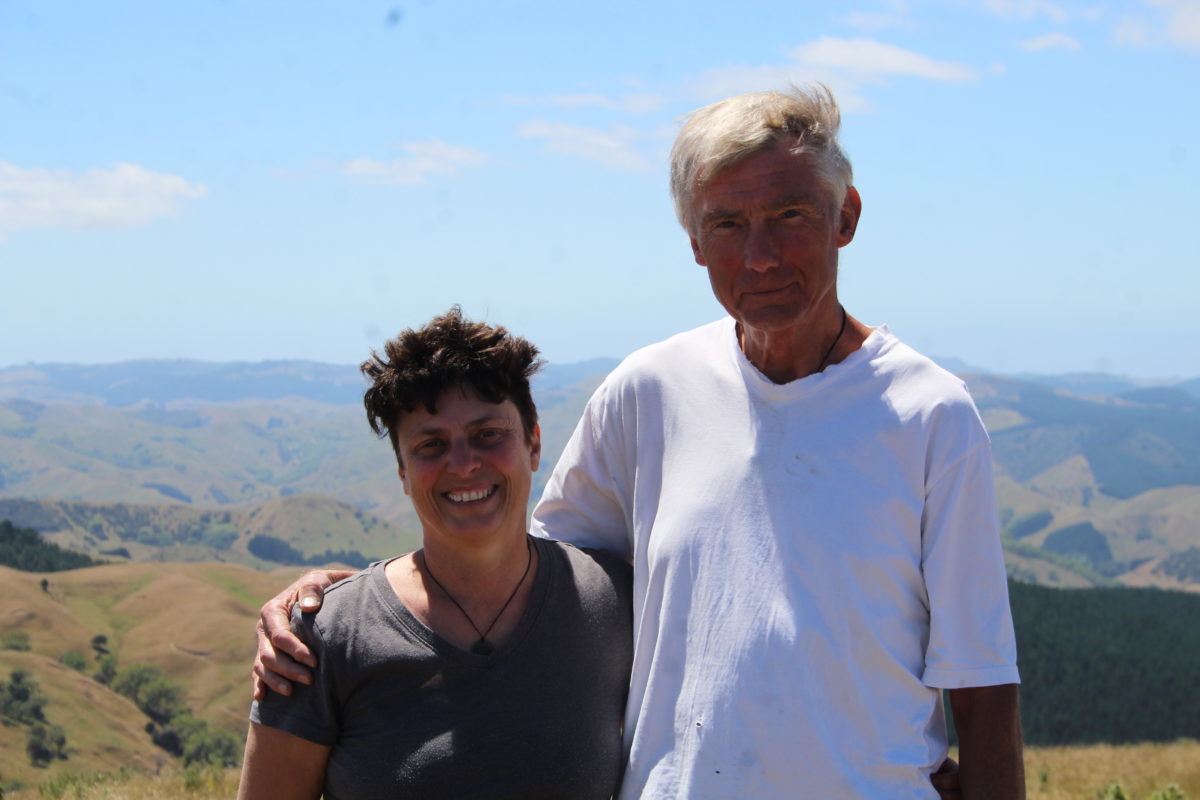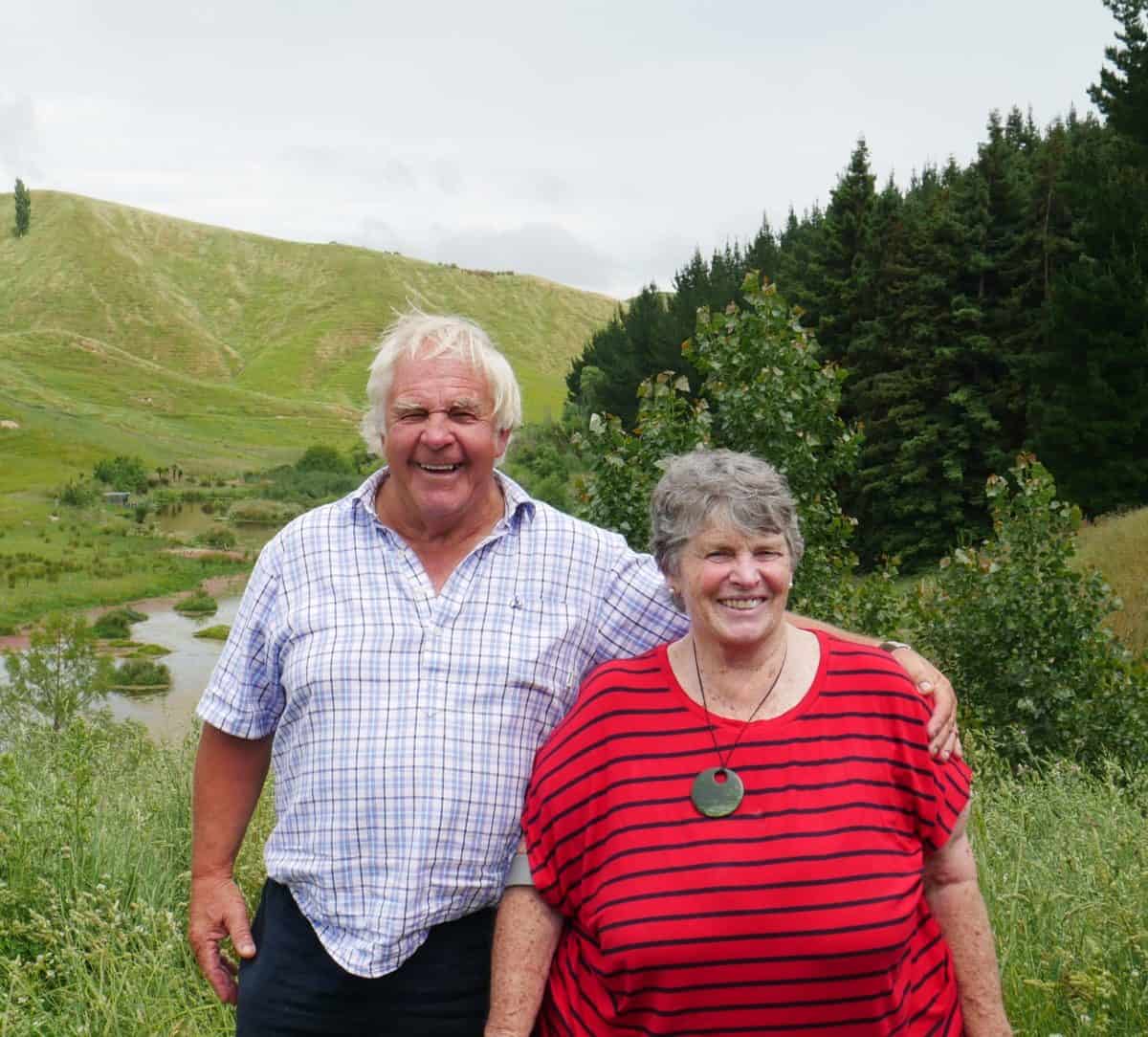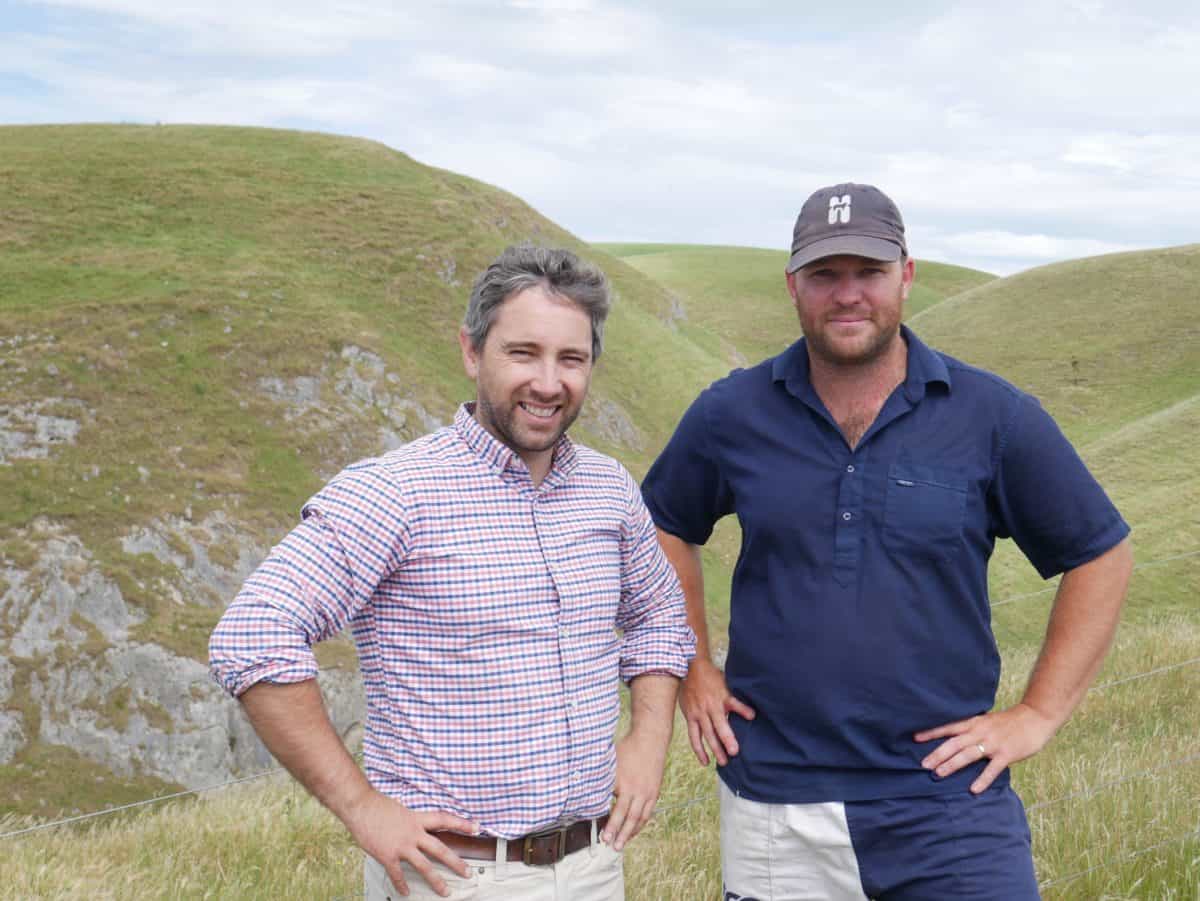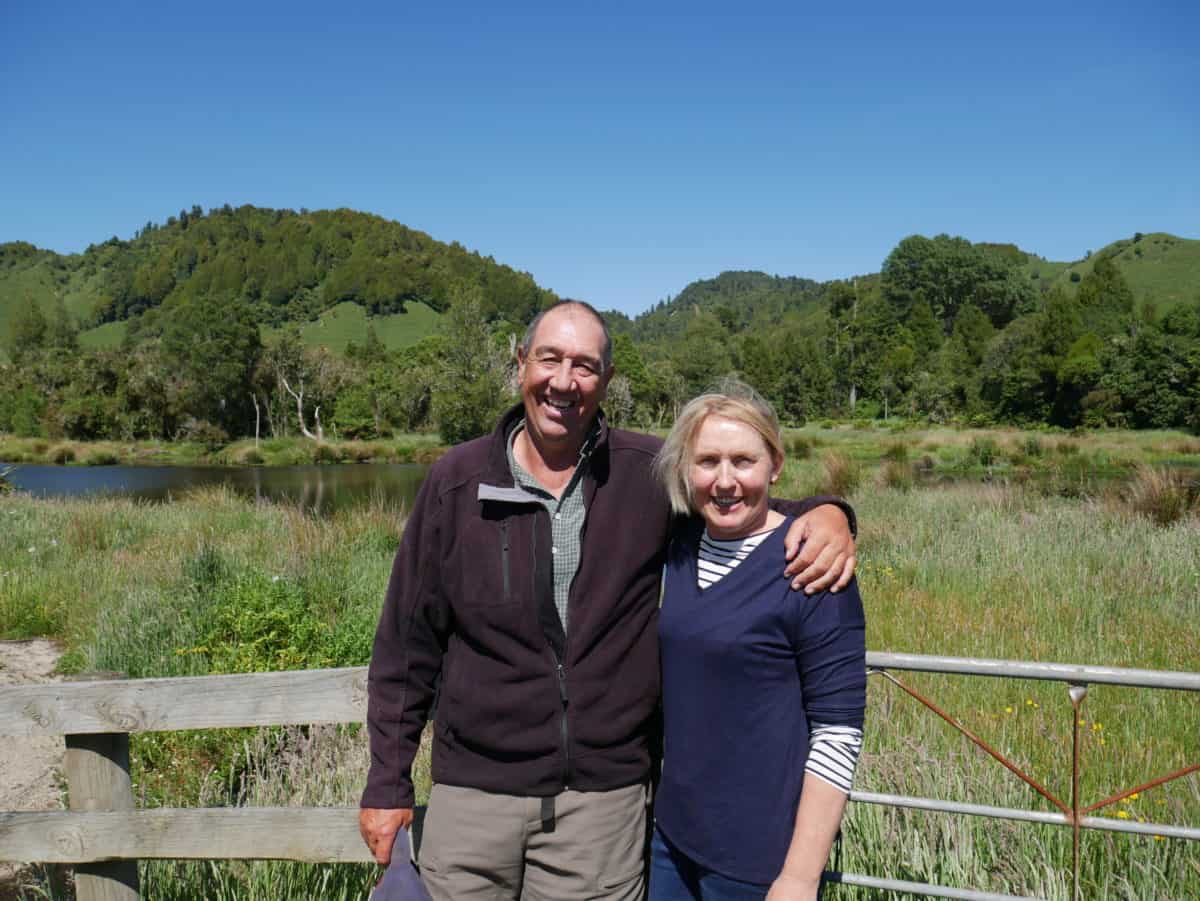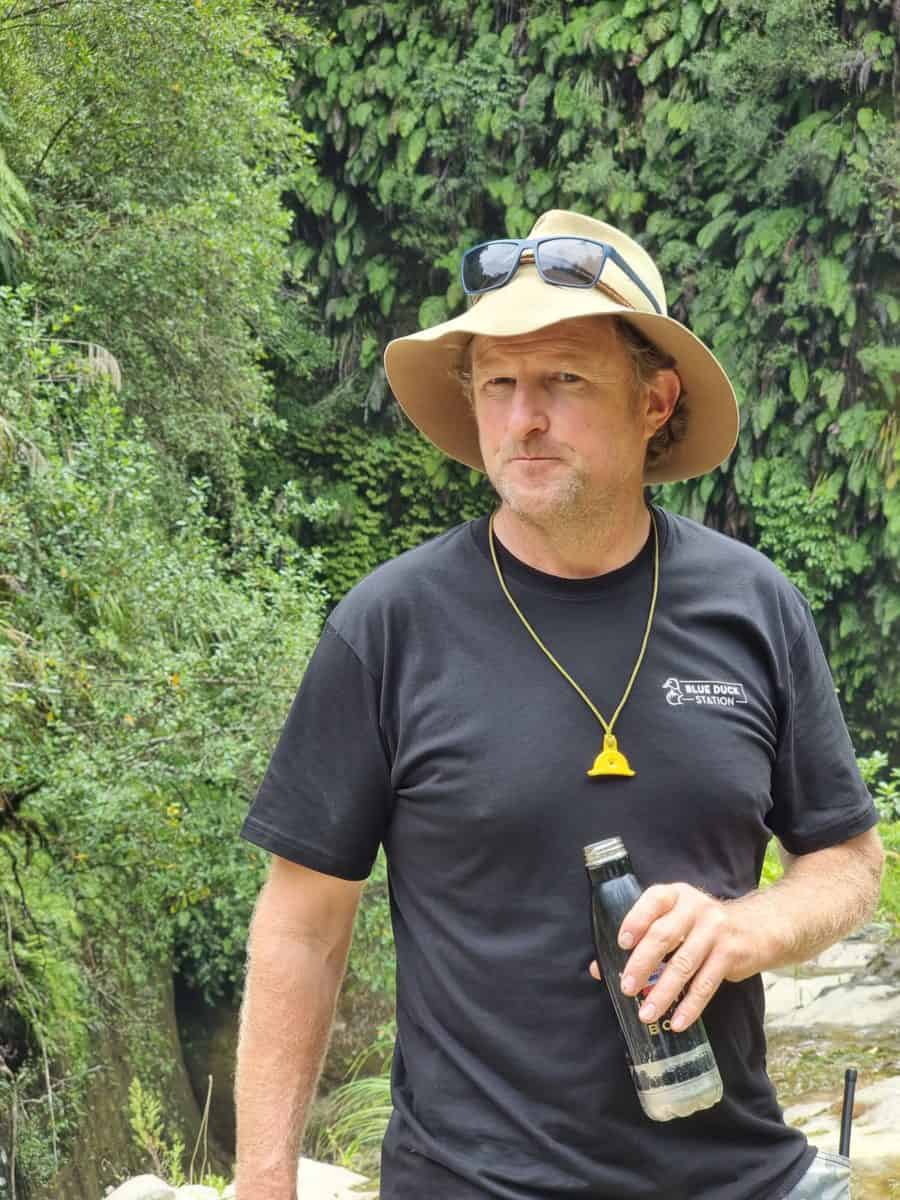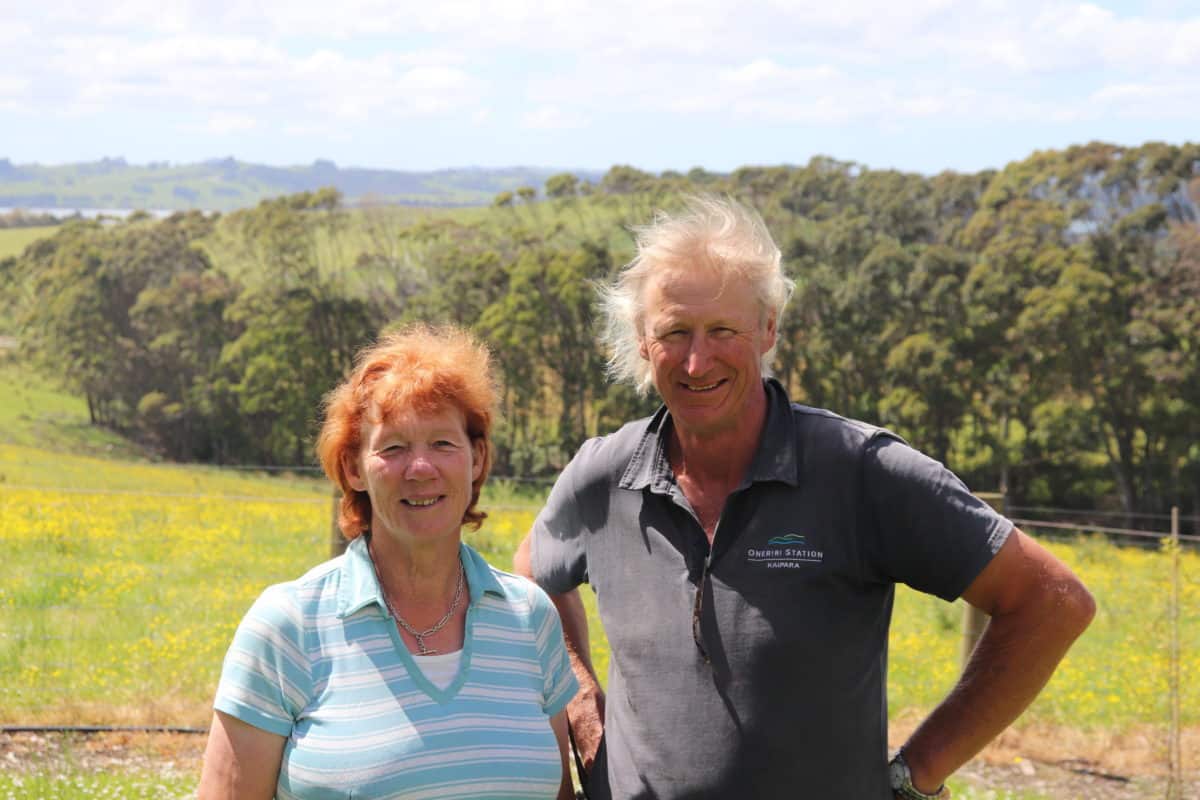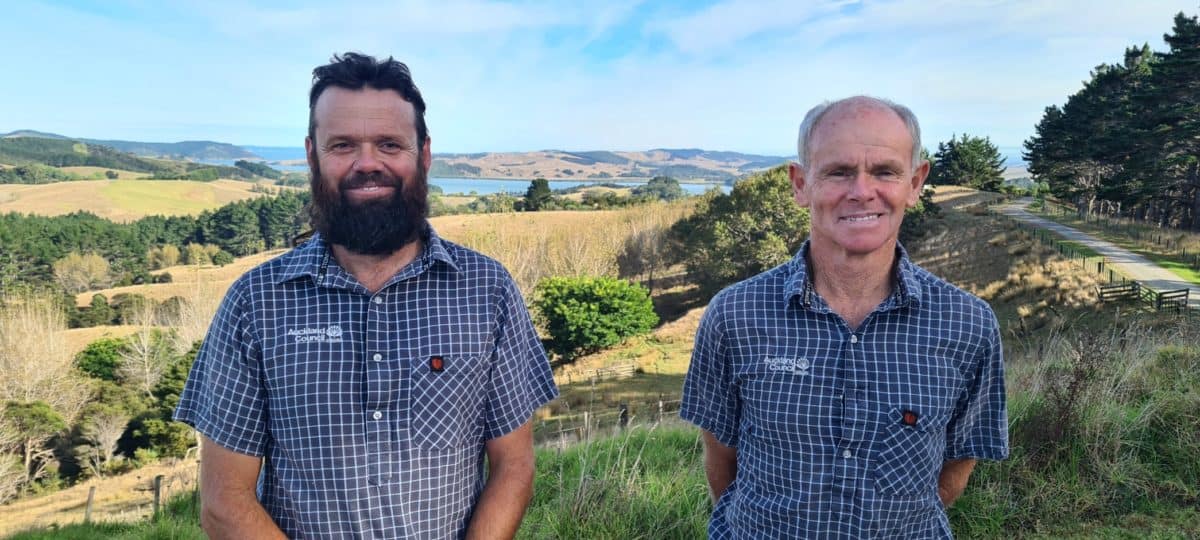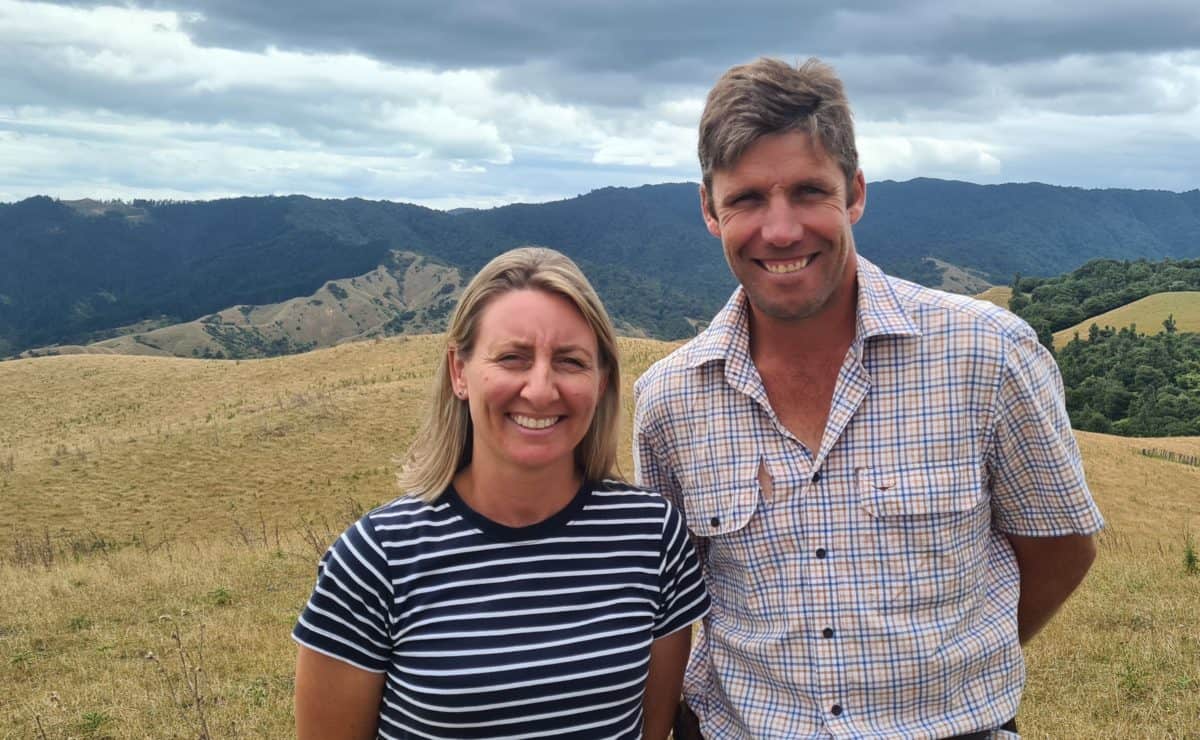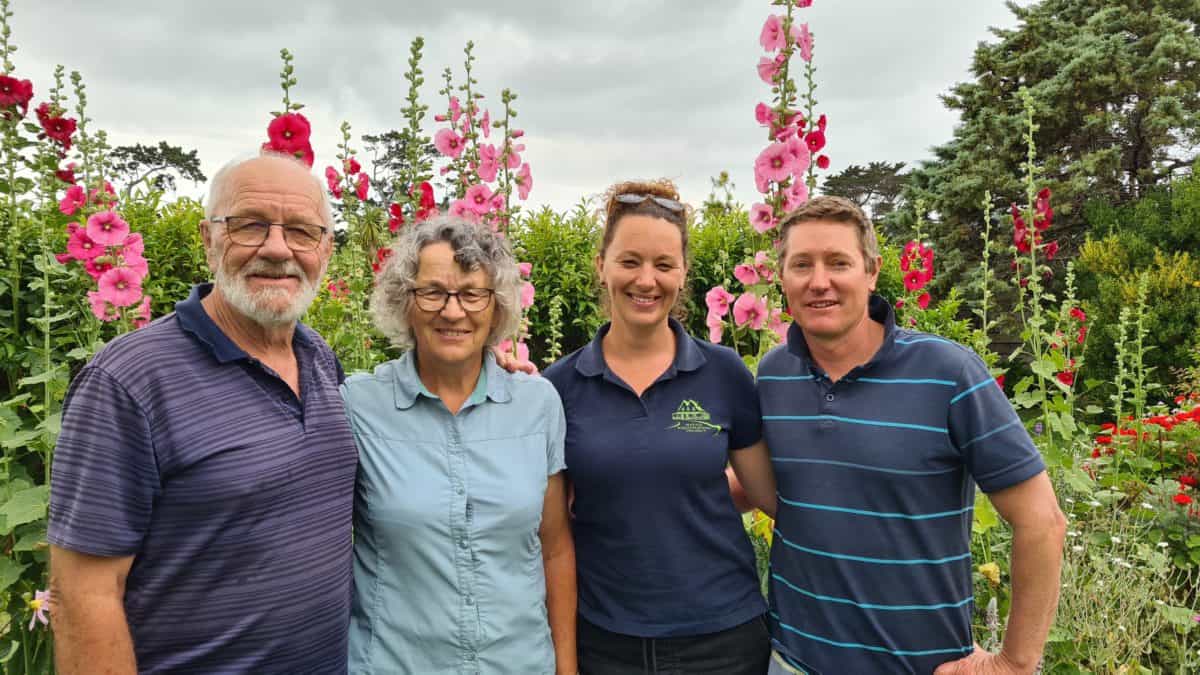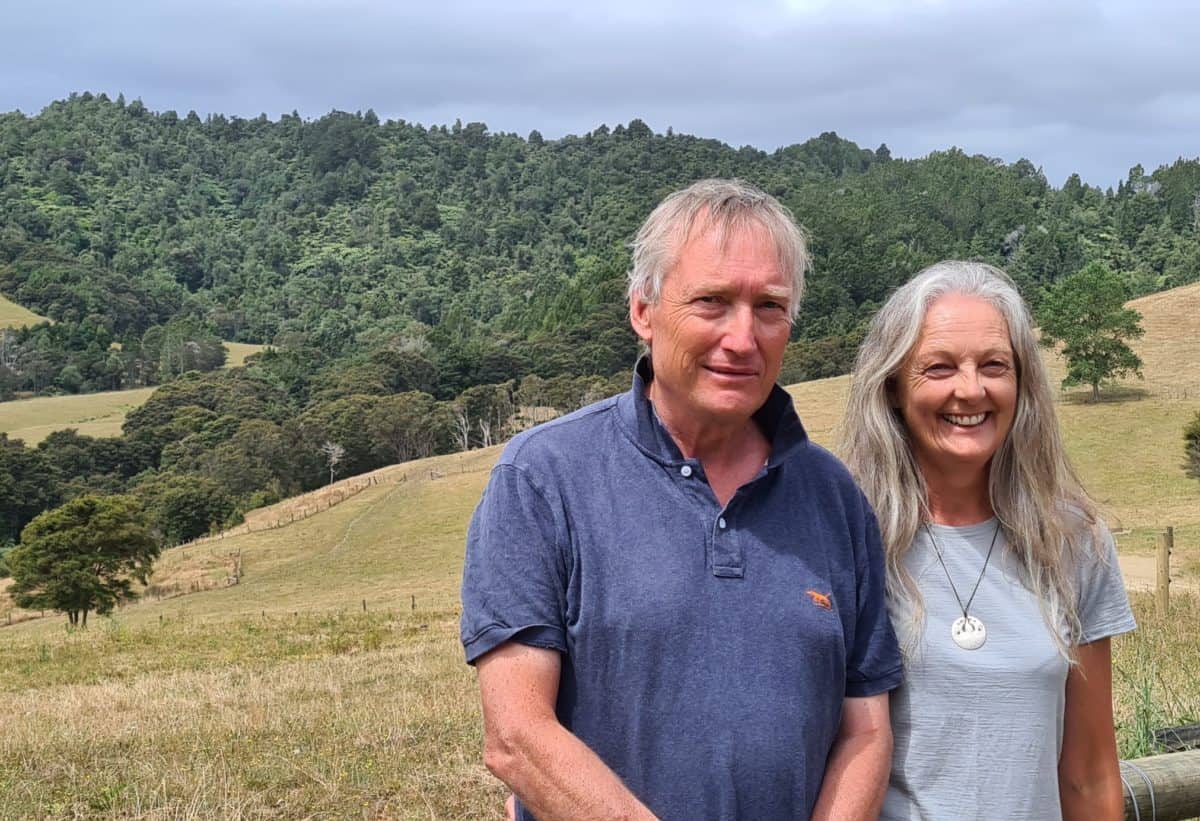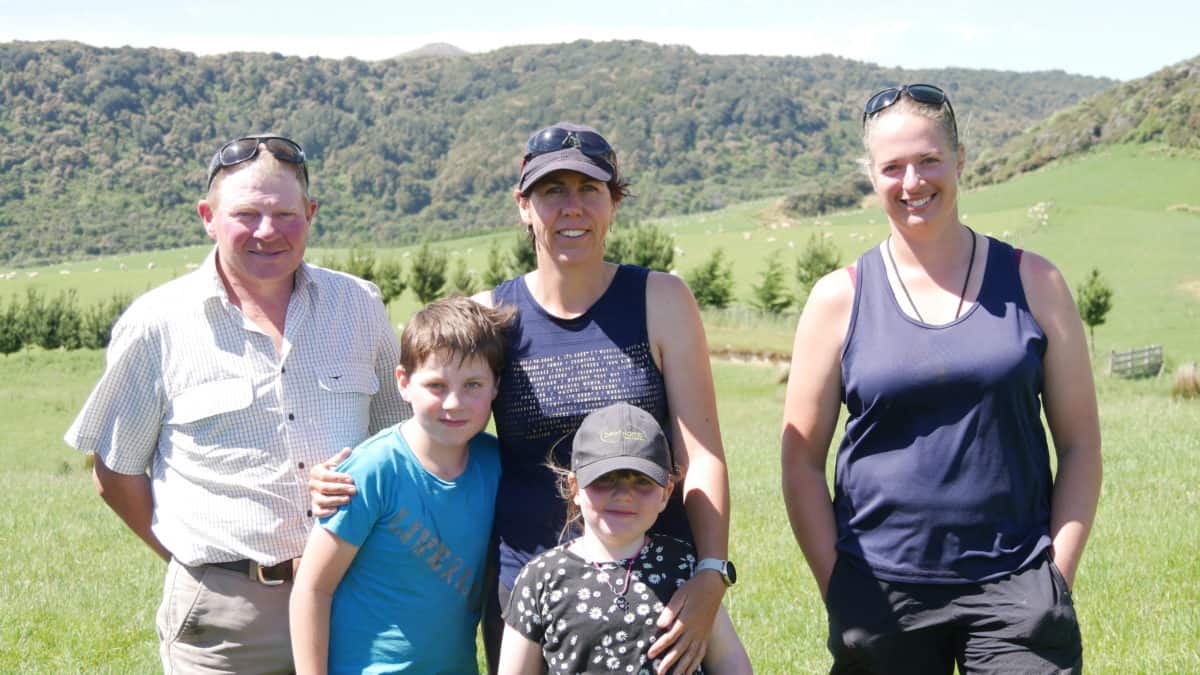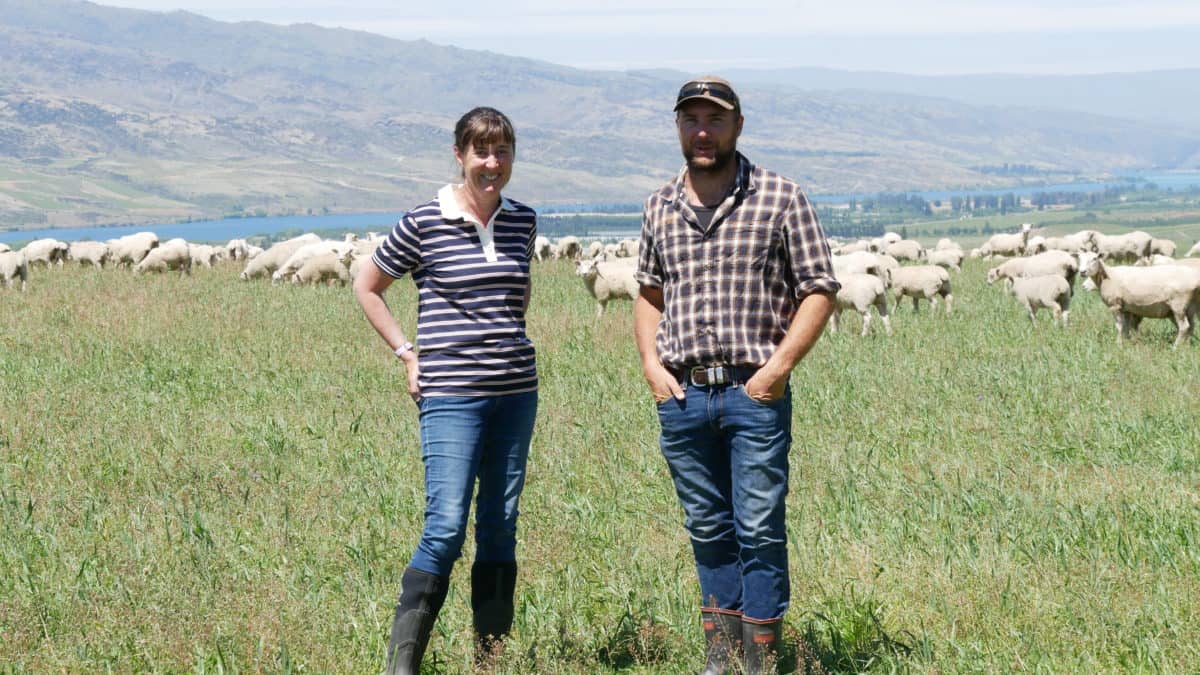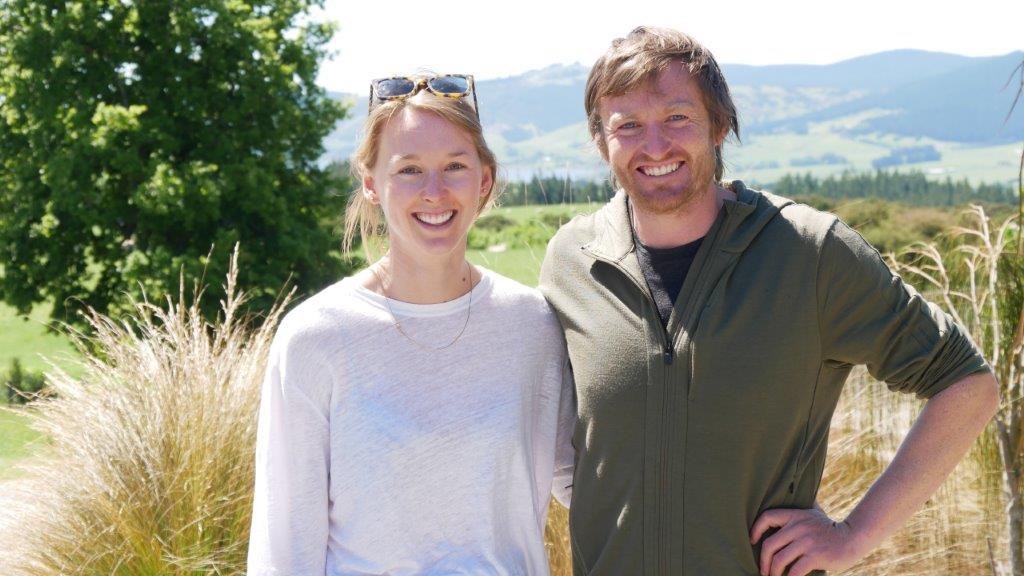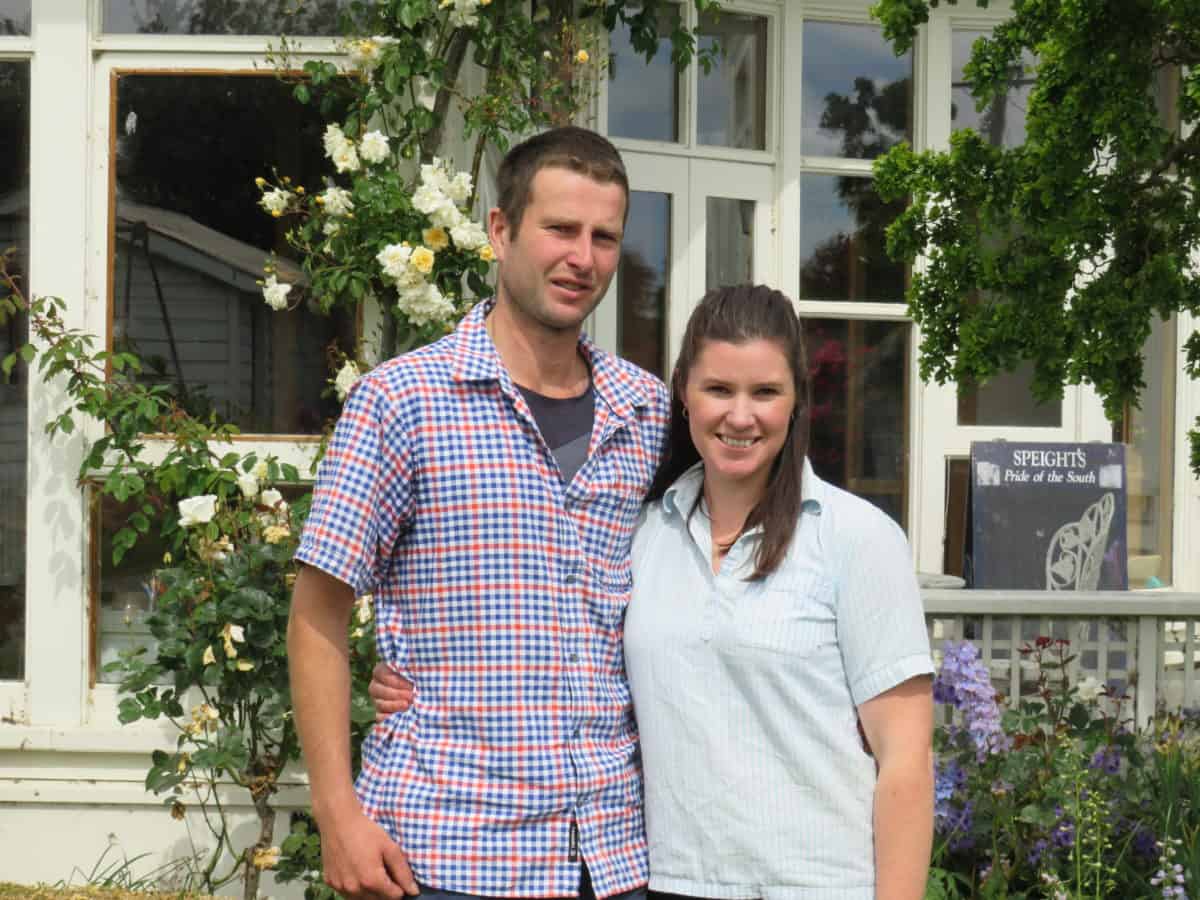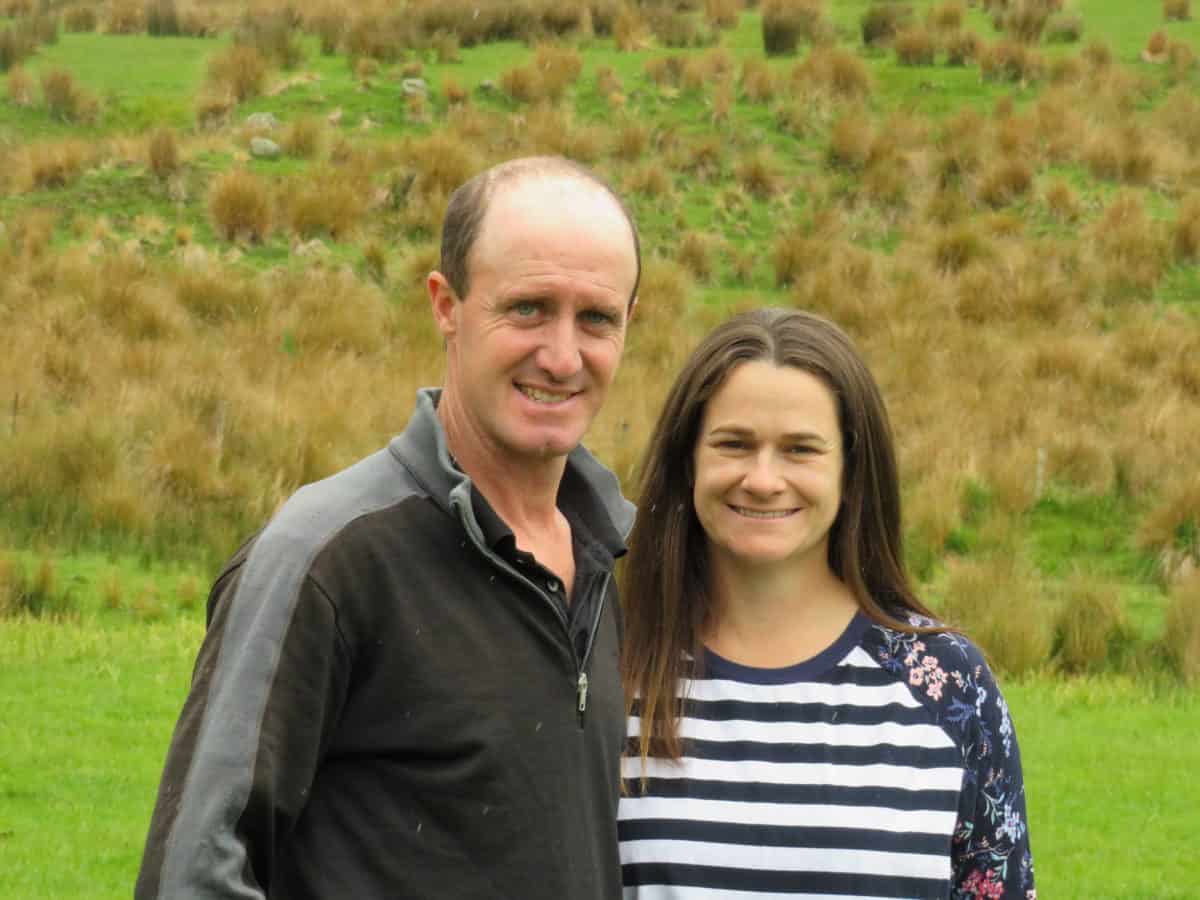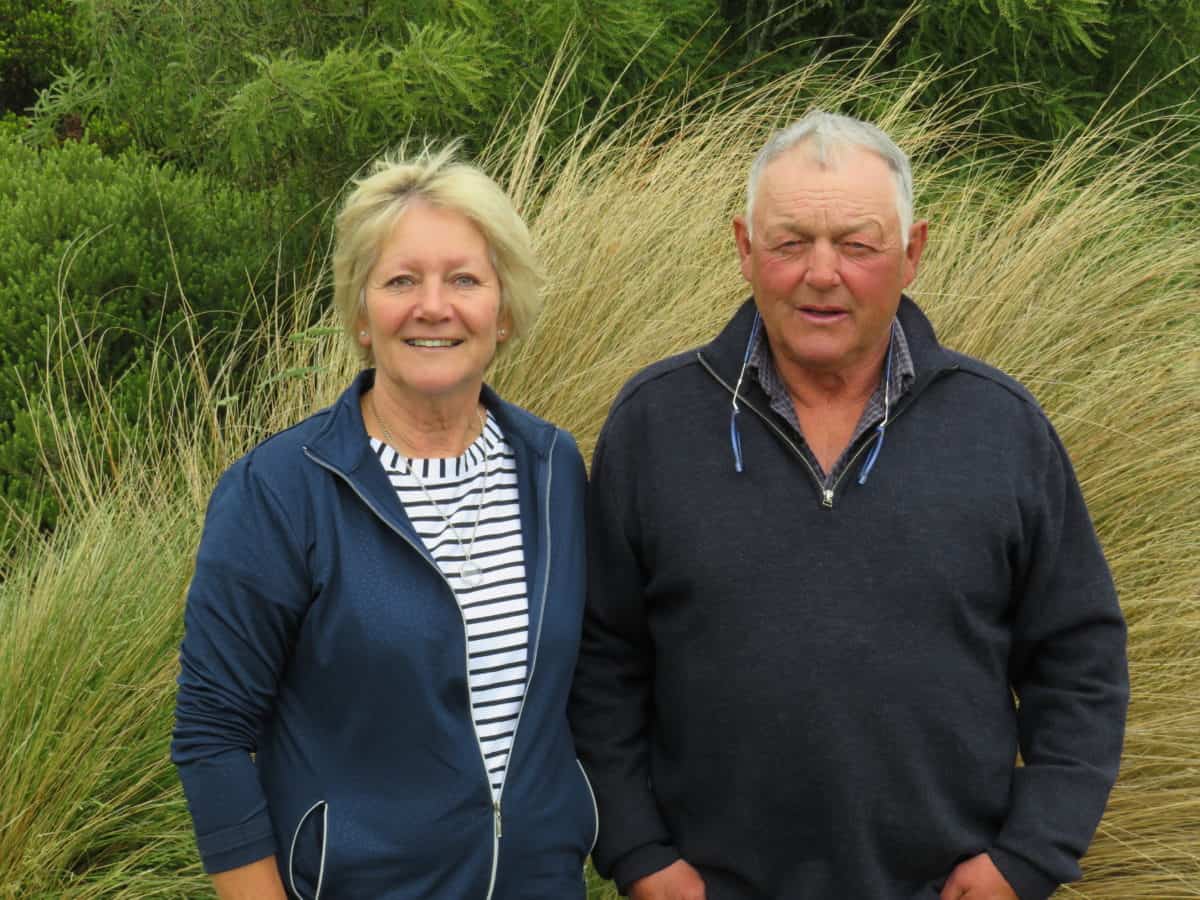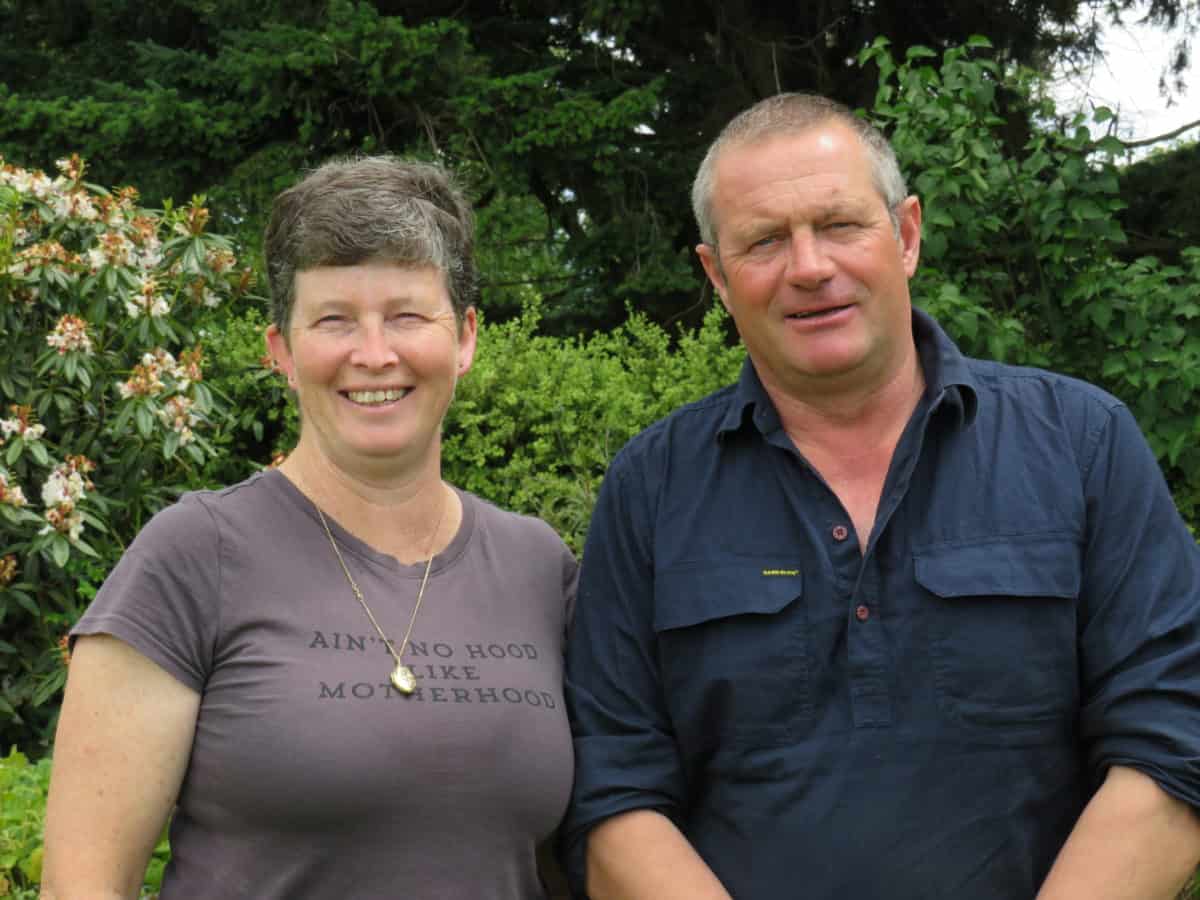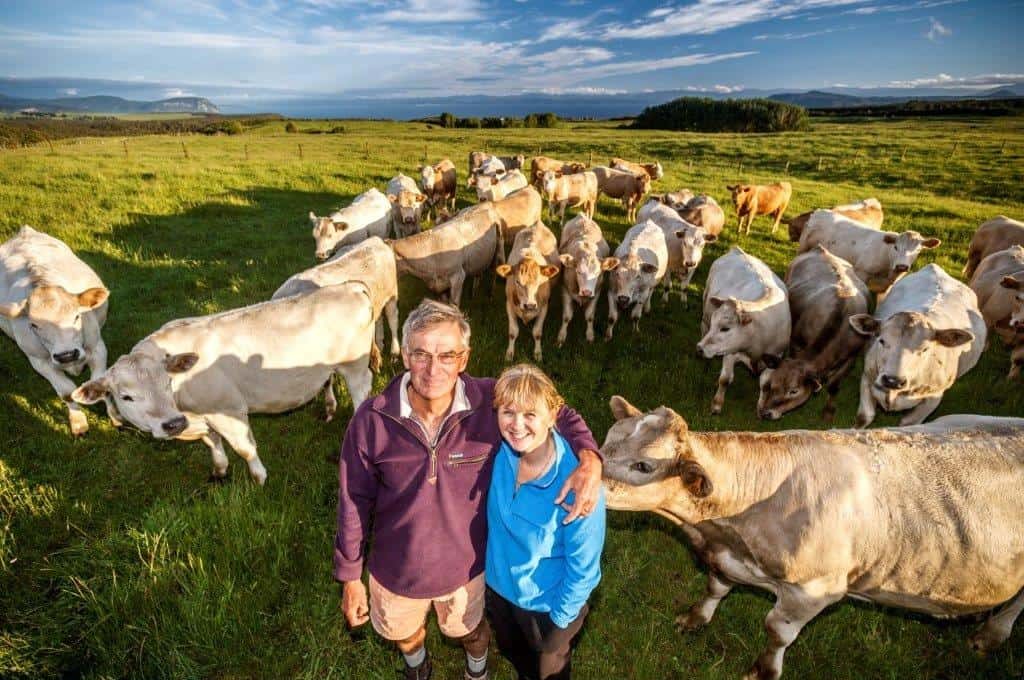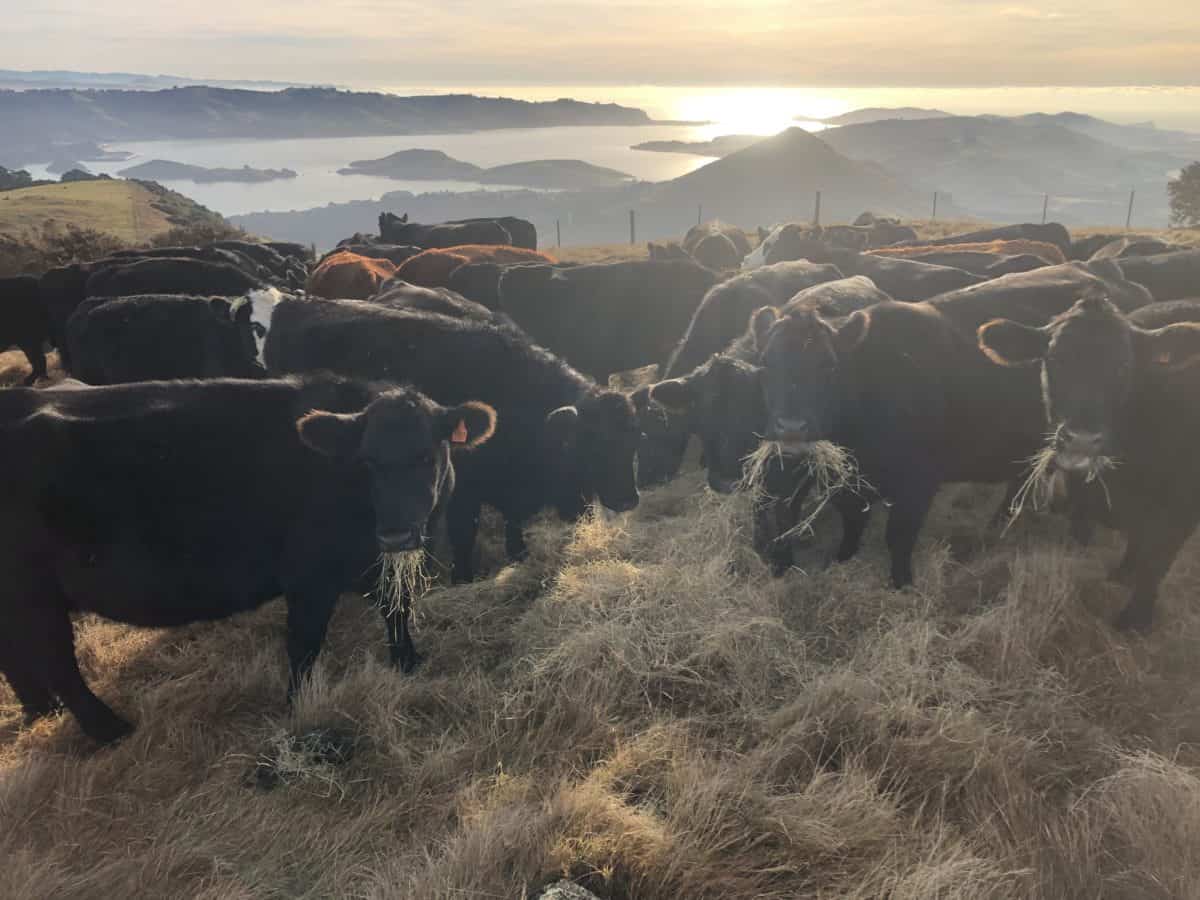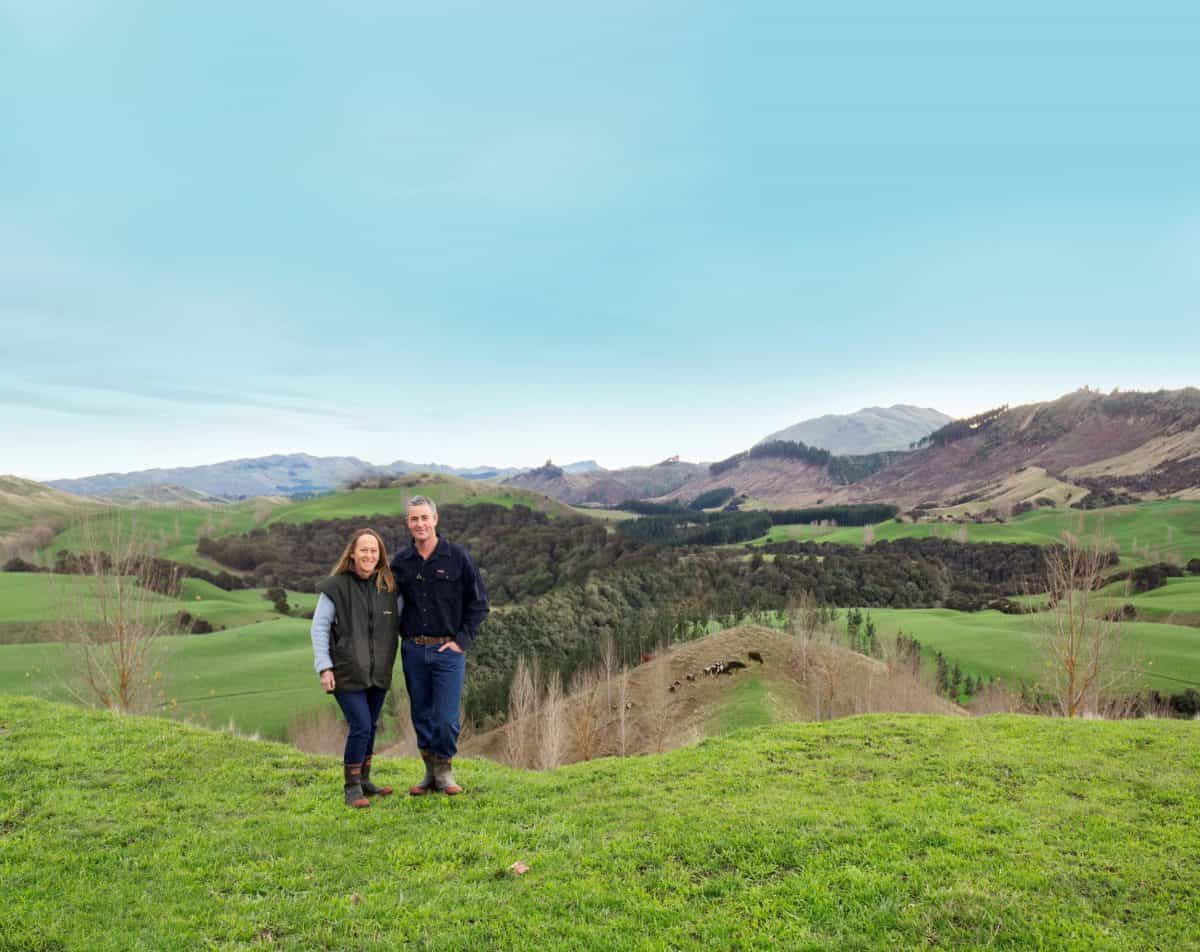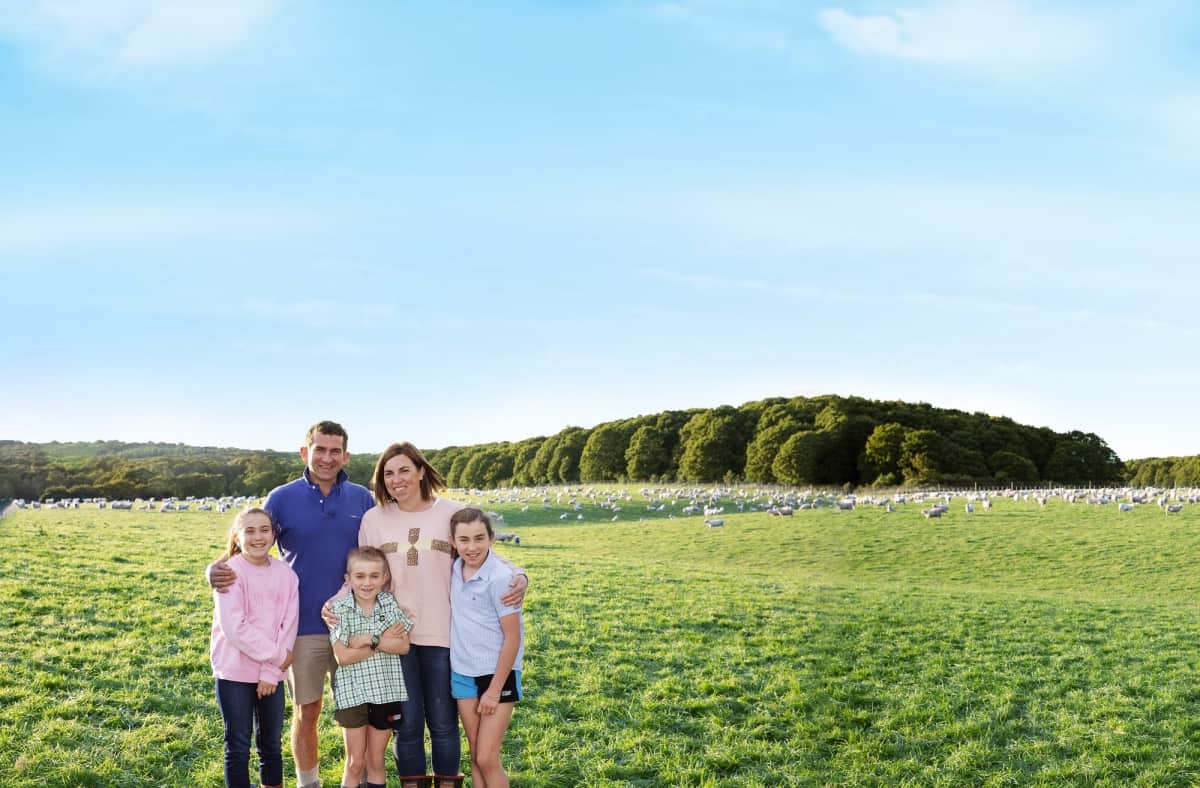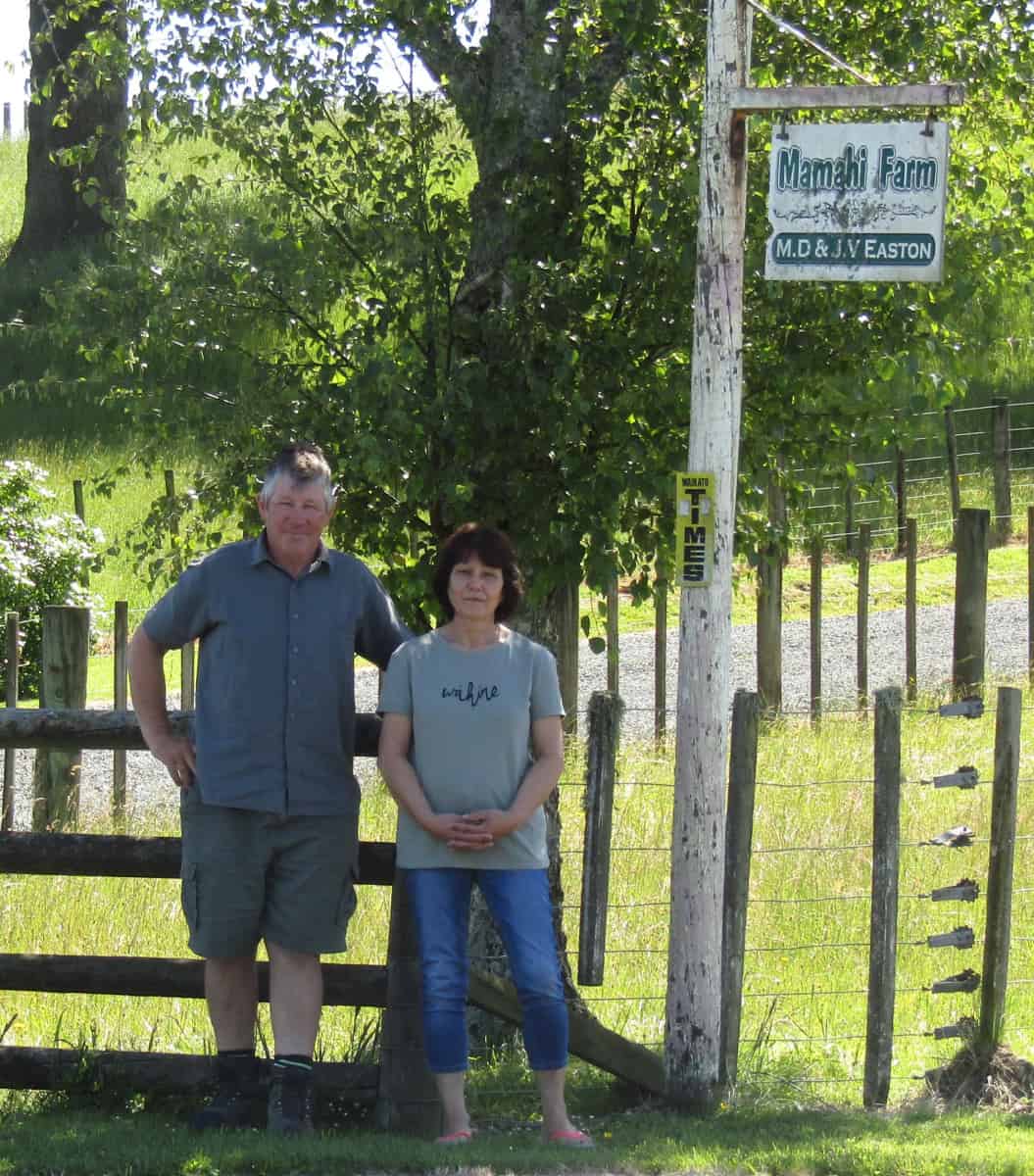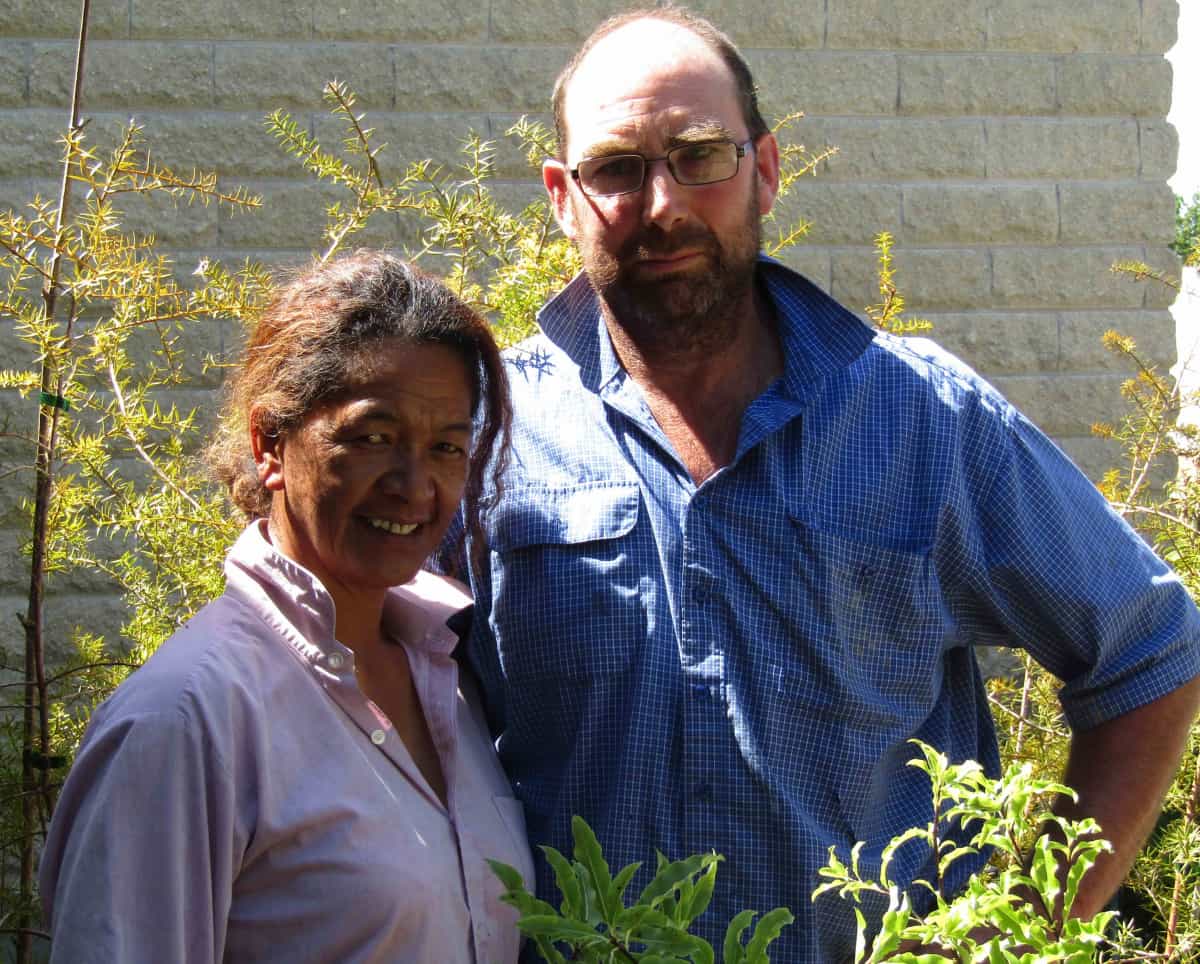OK, but not OK. That’s how Ballance Farm Environment awards Regional Supreme winner Patrizia Vieno describes life on their Wairarapa farm after it was hit by cyclones.
Rewa Rewa station lies east of Masterton and caught the outer band of February’s record-breaking downpour that devastated the eastern North Island.
The ground at Rewa Rewa was well soaked after a spring and summer that have had “pretty constant” rain says Patrizia. “The soil was already starting to move.”
When the cyclone hit, Patrizia and her partner Rod Clutton could do little except watch for three days as torrential rain swept across the landscape. Within minutes one of the farm’s main culverts that is used for moving stock had been washed away, the power was off, the landline was down and on a farm with no cell phone reception, that meant the couple together with Patrizia’s mother, Stock Manager Les Eden and wife Rachel, and newly employed junior shepherd Rebecca were totally isolated. The two access roads to the farm turned into one big, long slip. “It was like Armageddon,” says Patrizia.
The water reached the top of the fence posts in the paddocks at the front of the farm. Because of the hilly nature of the station and being proactive by moving animals to higher ground, they didn’t lose any stock in the flooding. The biggest challenge now is dealing with the numerous slips that have left paddocks and the stock in them with numerous access and fencing issues.
With a list of things to fix arms-length long, Patrizia says they have made looking after stock the number one priority.
“The only problem is that every corner you turn there is another surprise. Our little bulldozer just can’t cope with the size of these slips that are on every access road to every paddock. The safety of our workers is most important on these hills so I have no idea how long it’s going to take to clear them.”
Patrizia and Rod have decided the list of priorities is so long they are getting additional consultancy, over and above their current level. This extra set of eyes to look over their plans will also benefit the day-to-day farm planning, along with the mental health of all team members.
“We will probably just start at one point and begin clearing, but the problem is that the land is still wet and moving. We are going into winter but we need access before then otherwise it’s too dangerous to bring the digger in to clear the way.”
There has, however, been a silver lining to this miserable cloud. Patrizia says she believes many management decisions the couple made several years ago have paid off, including the infrastructure improvements and their focus on animal health.
“There’s lots of hills so what we did mostly was create satellite yards so that we could take the people to the animals rather than move the animals all the time. Processes like docking, vaccinations and condition scoring are all done in the satellite yards. This means stock are familiar with their surroundings and move easily through the yards, being less likely to be mis-mothered, especially around docking.”
A comprehensive animal health plan from their vet combined with regular monitoring of stock health and using tools like Faecal Egg Counts has ensured that measures are in place to combat the potential worm burden and fly strike issues that are likely to arise post Cyclone Gabrielle.
They also worked with a soil consultant on improving the health of the soil so it was resilient enough to bounce back after heavy rain events. “We encouraged clover to grow by itself and balanced the pH by adding lime to the soil rather than using nitrogen,” she says. “Nitrogen is used as a last resort, not as our first port of call.”
“We also have been trialling our herd of Cashmere goats to do a first pass across the pasture.” While the challenge is to make sure the fencing is secure, the goats do a good job of controlling weeds and thistles. Goats graze differently, eating from the top down, and enjoying the weeds that the sheep and cattle don’t. “This compliments our sheep and beef grazing plans nicely,” she says.
However, Patrizia says the rain event has reinforced for her and Rod that traditional sheep and beef farming does not entirely work on Rewa Rewa Station, even as they have already begun to diversify to better adapt to their environment. “Not only are we at the mercy of every single weather event be it drought or heavy rain,” says Patrizia, “all the costs are going up, except for the lamb prices that are not following this trend.”
“I don’t know what the change is going to be, but between the slump in the market and the slips on the road, the cyclone has reinforced the need for us to do something different.”
She says they may retire some of the “more troublesome” paddocks which is what the couple did years ago with around 200 hectares of really steep land where they planted pine trees. But the problem with that Patrizia says, is that she wants a farm and not a forest.
The one thing the rain hasn’t dampened is Patrizia’s passion for wool. Whatever the future brings she knows she is well placed to fill the gap in the market with the beautiful, good quality wool and wool products Rewa Rewa station is focused on producing.
Enter the Ballance Farm Environment Awards
